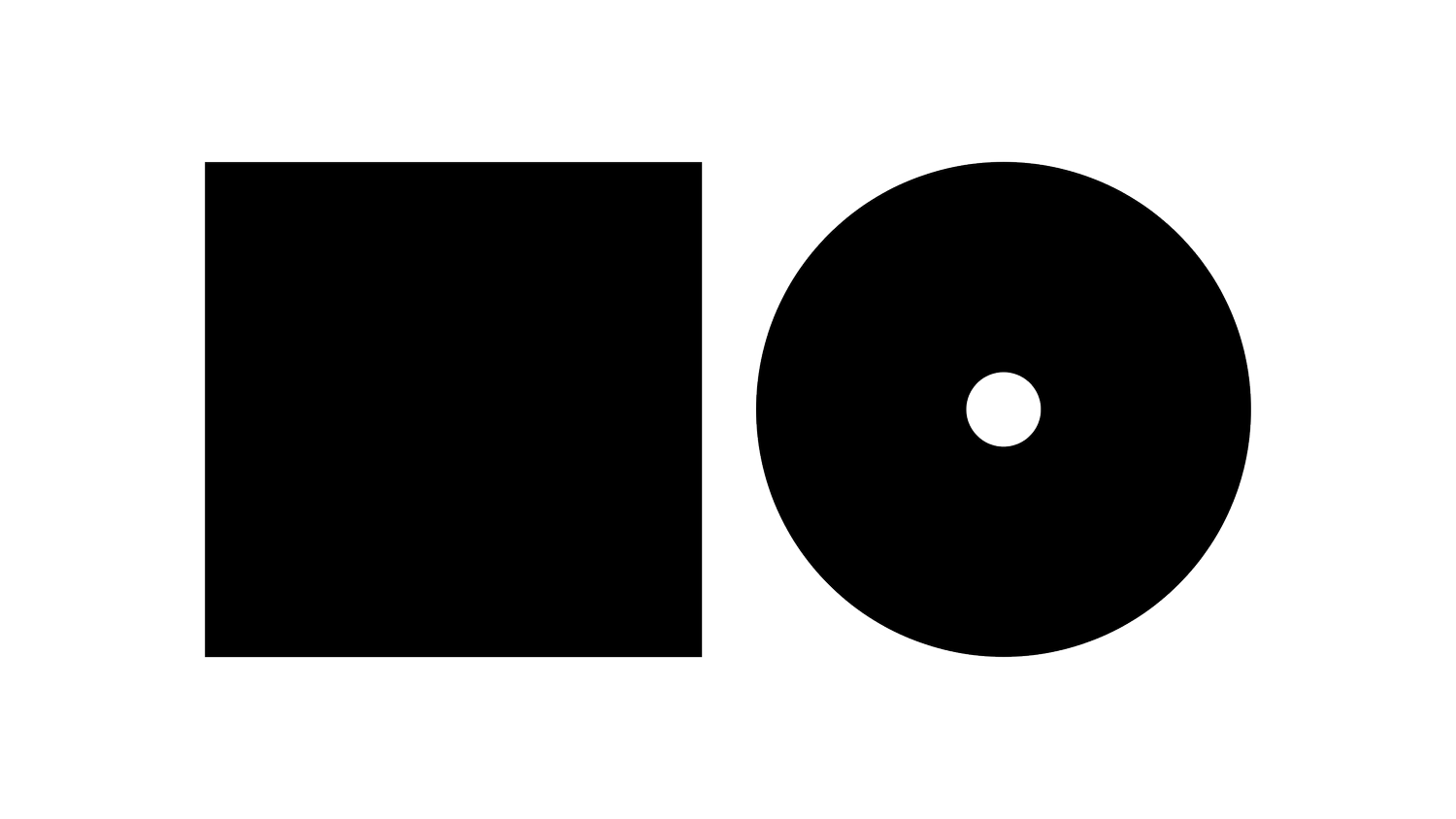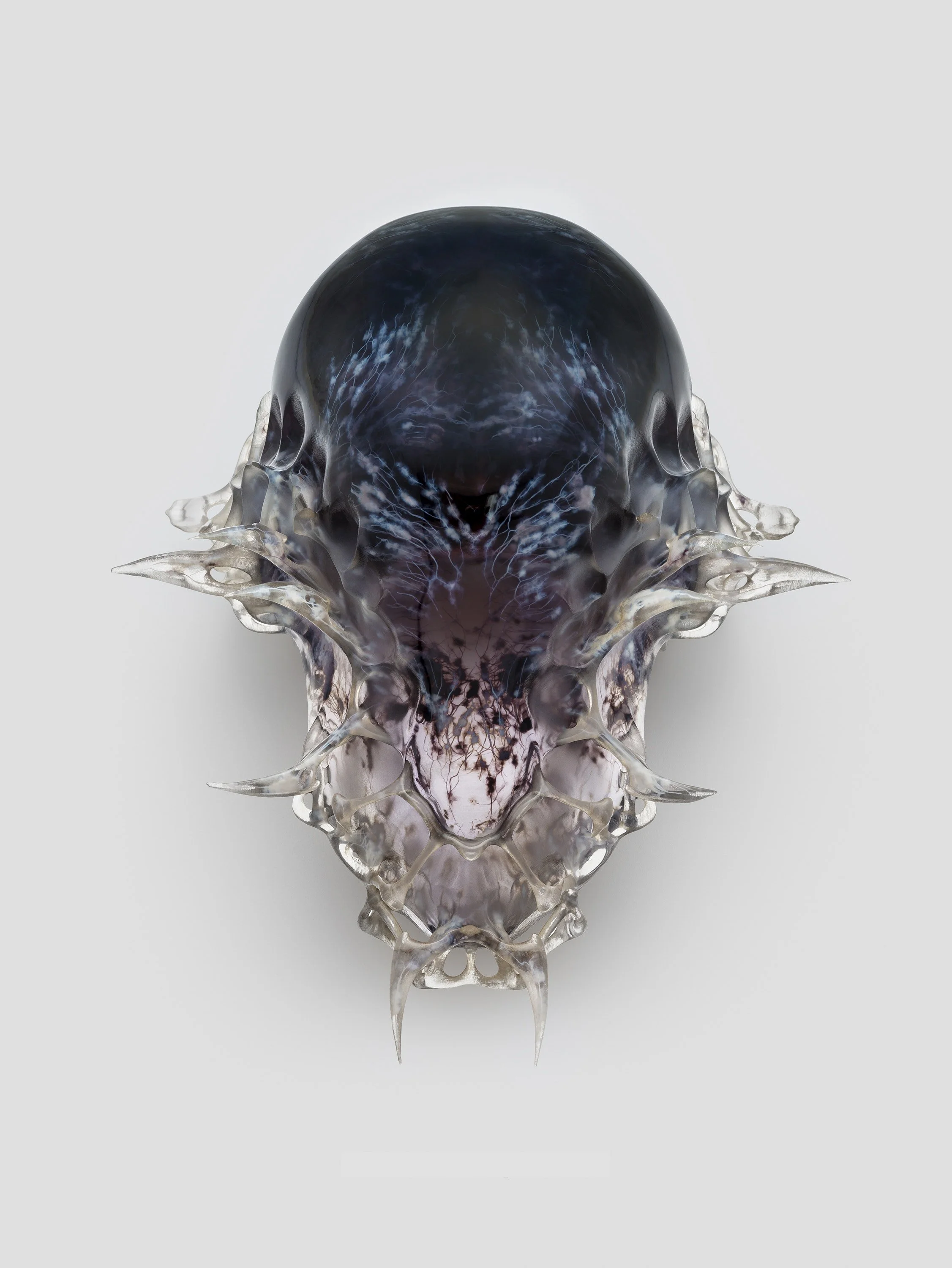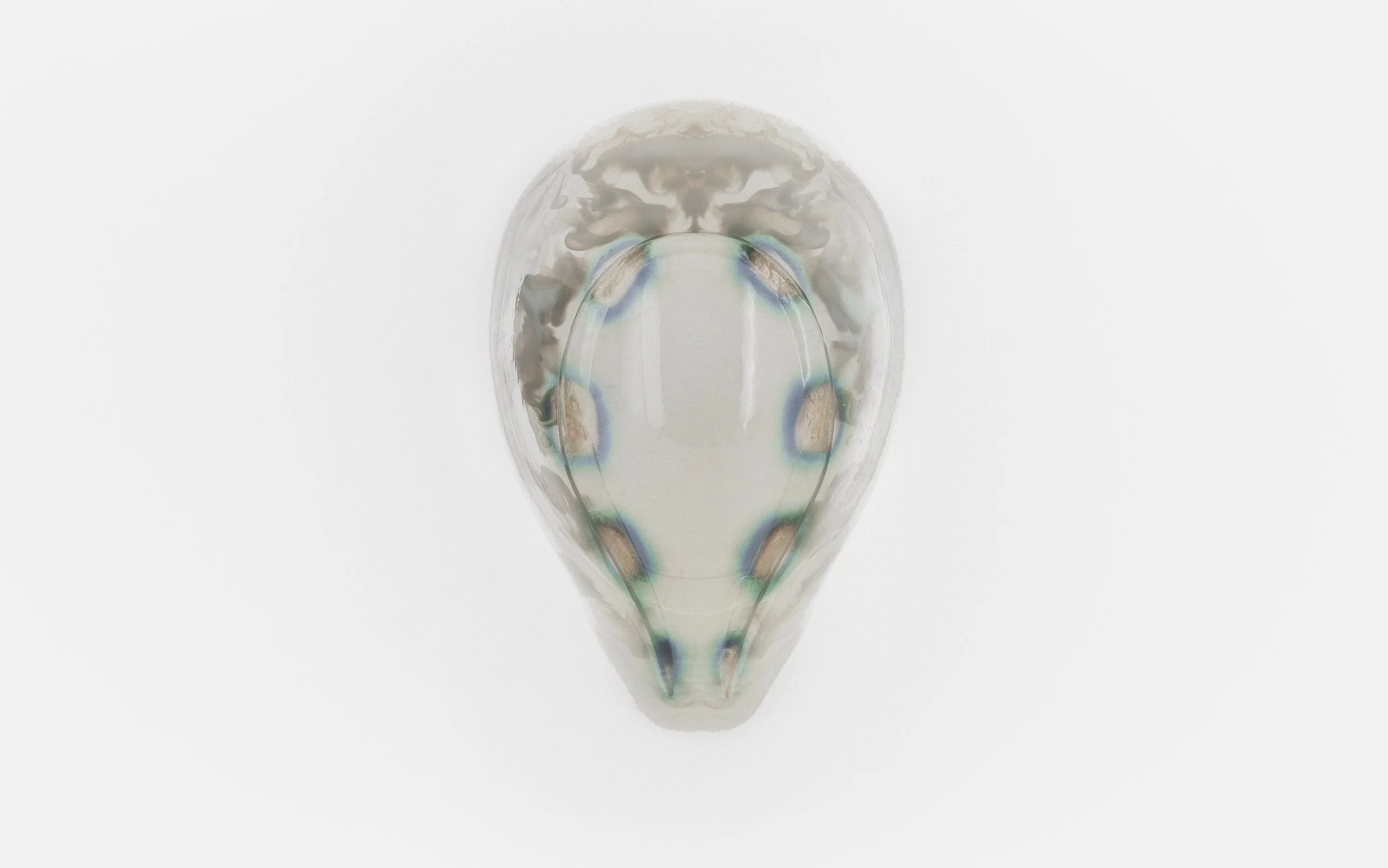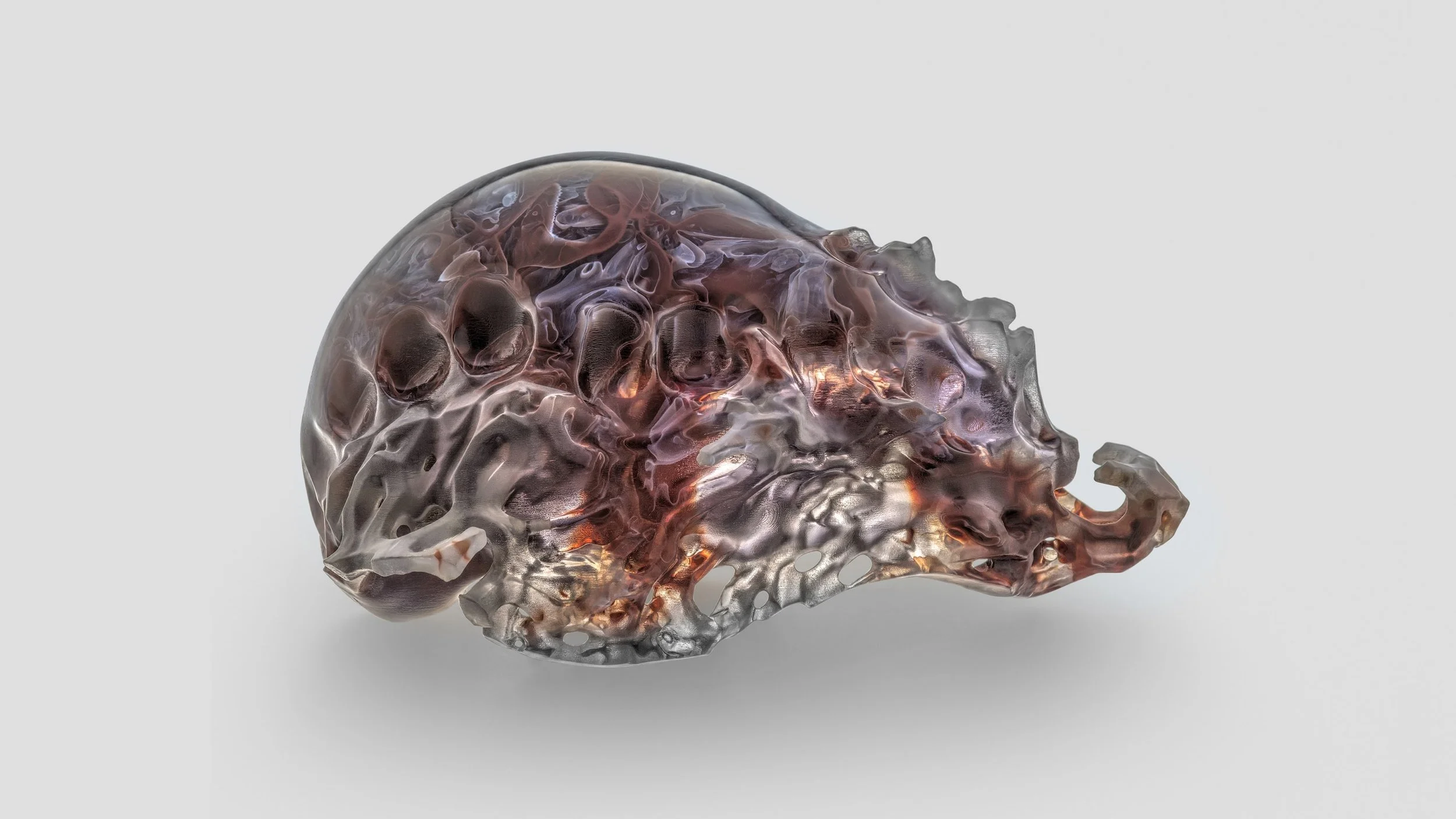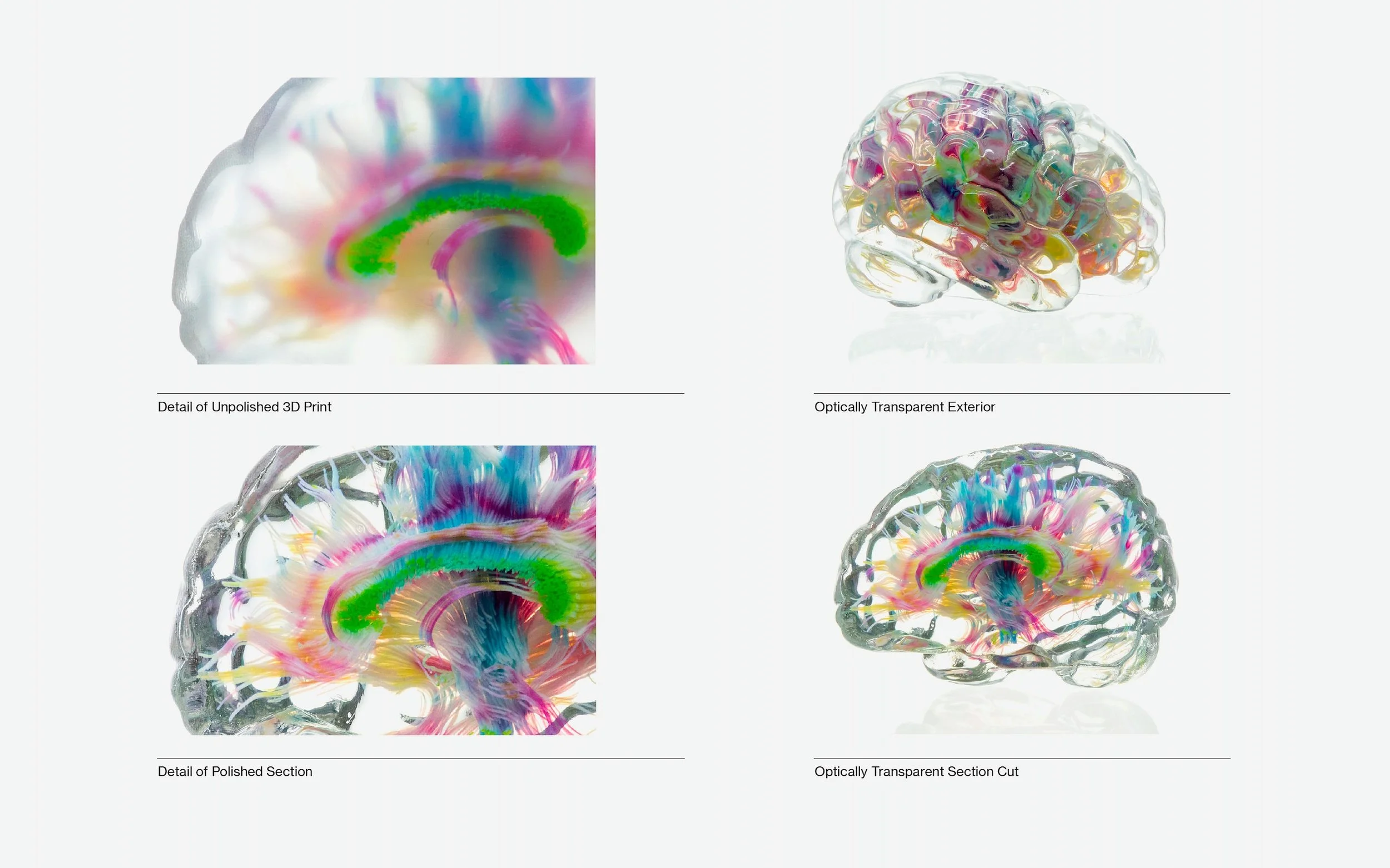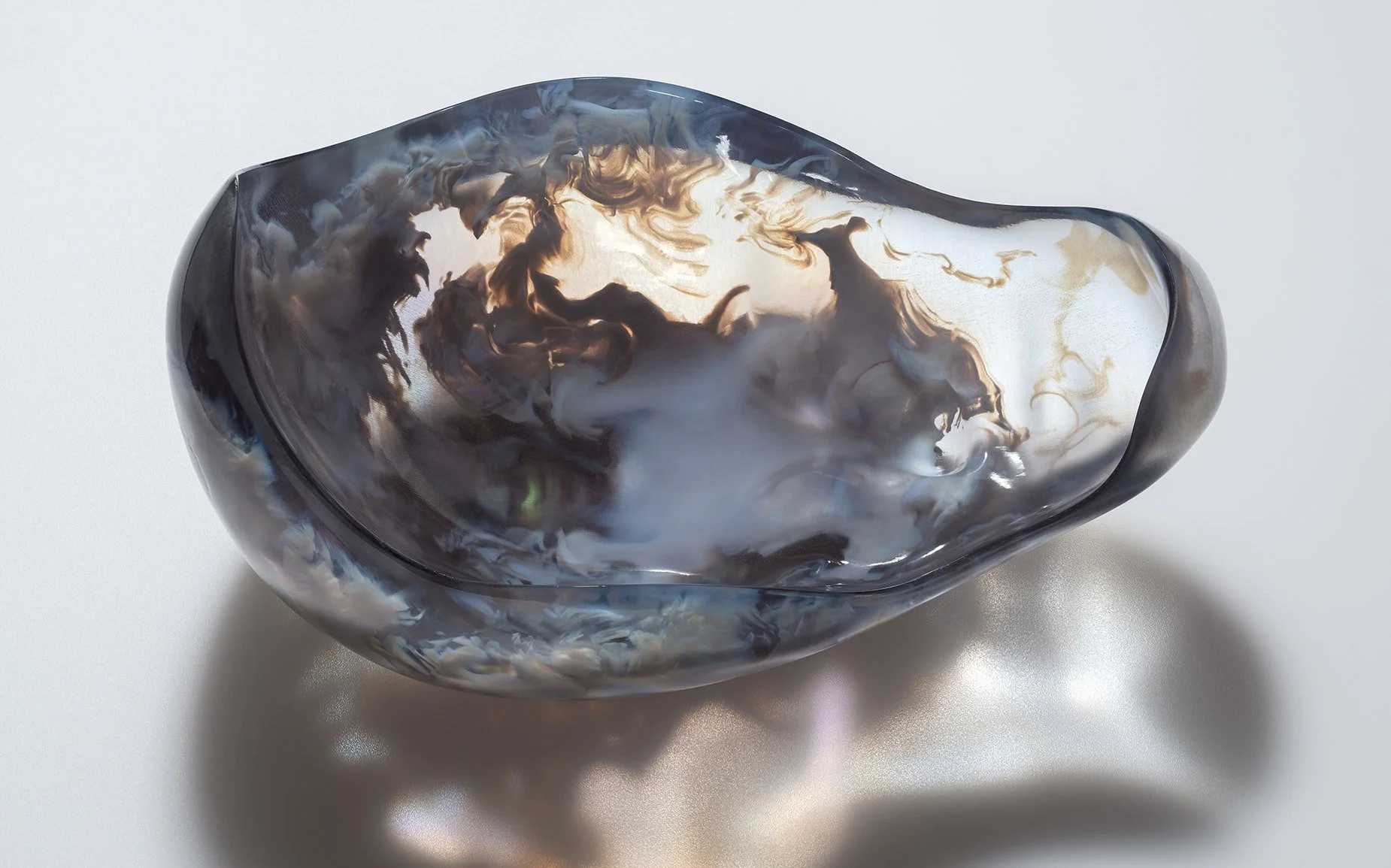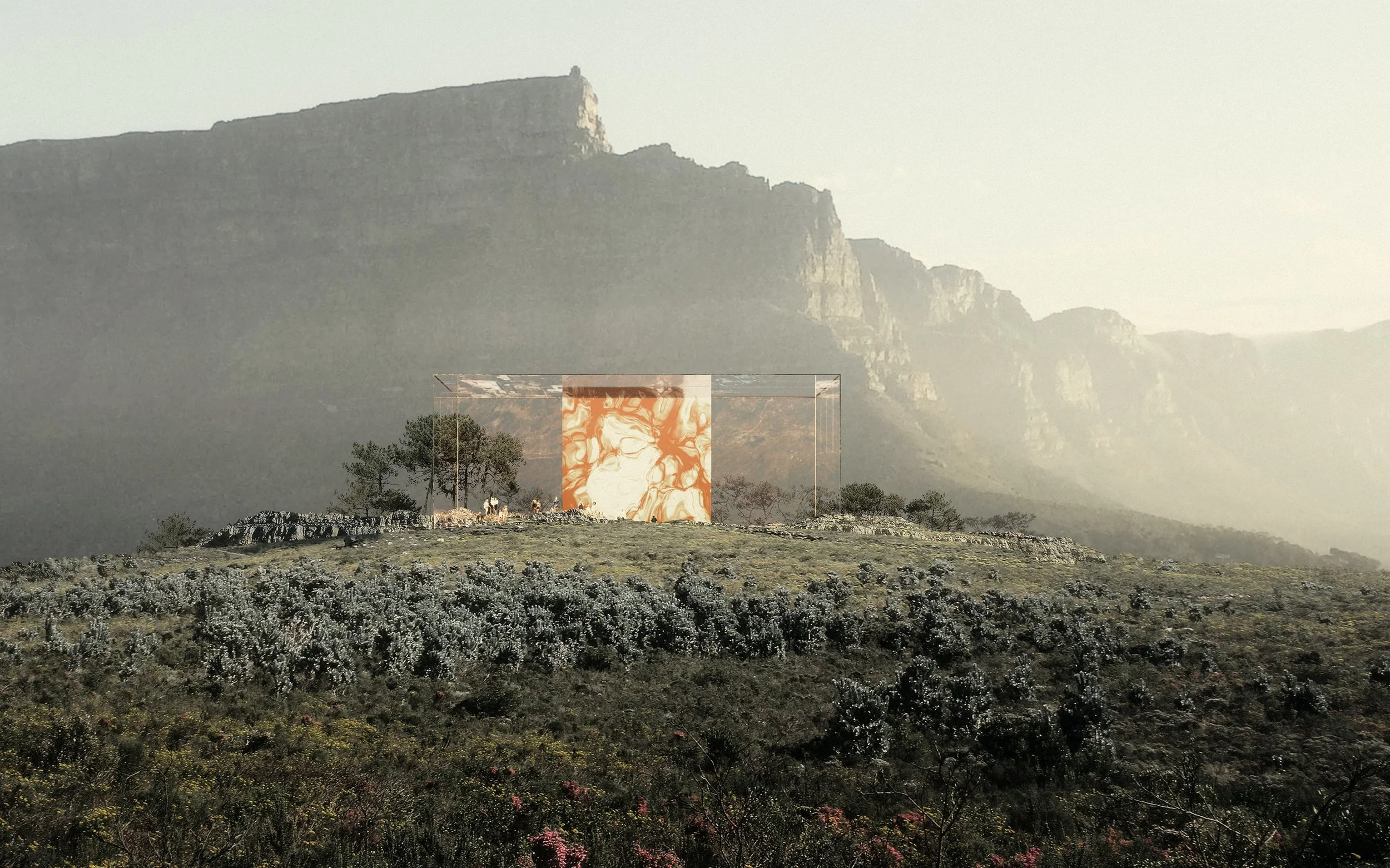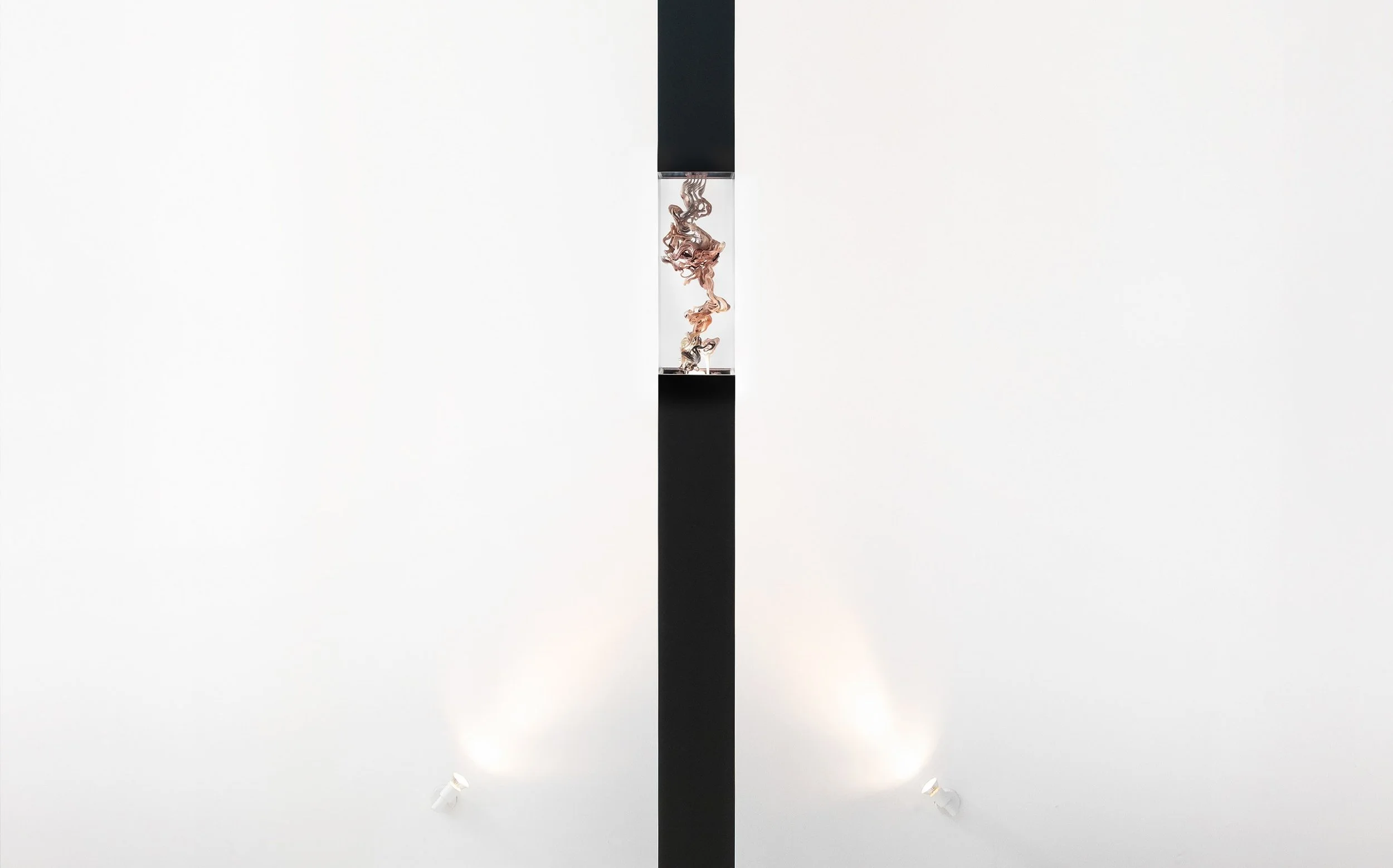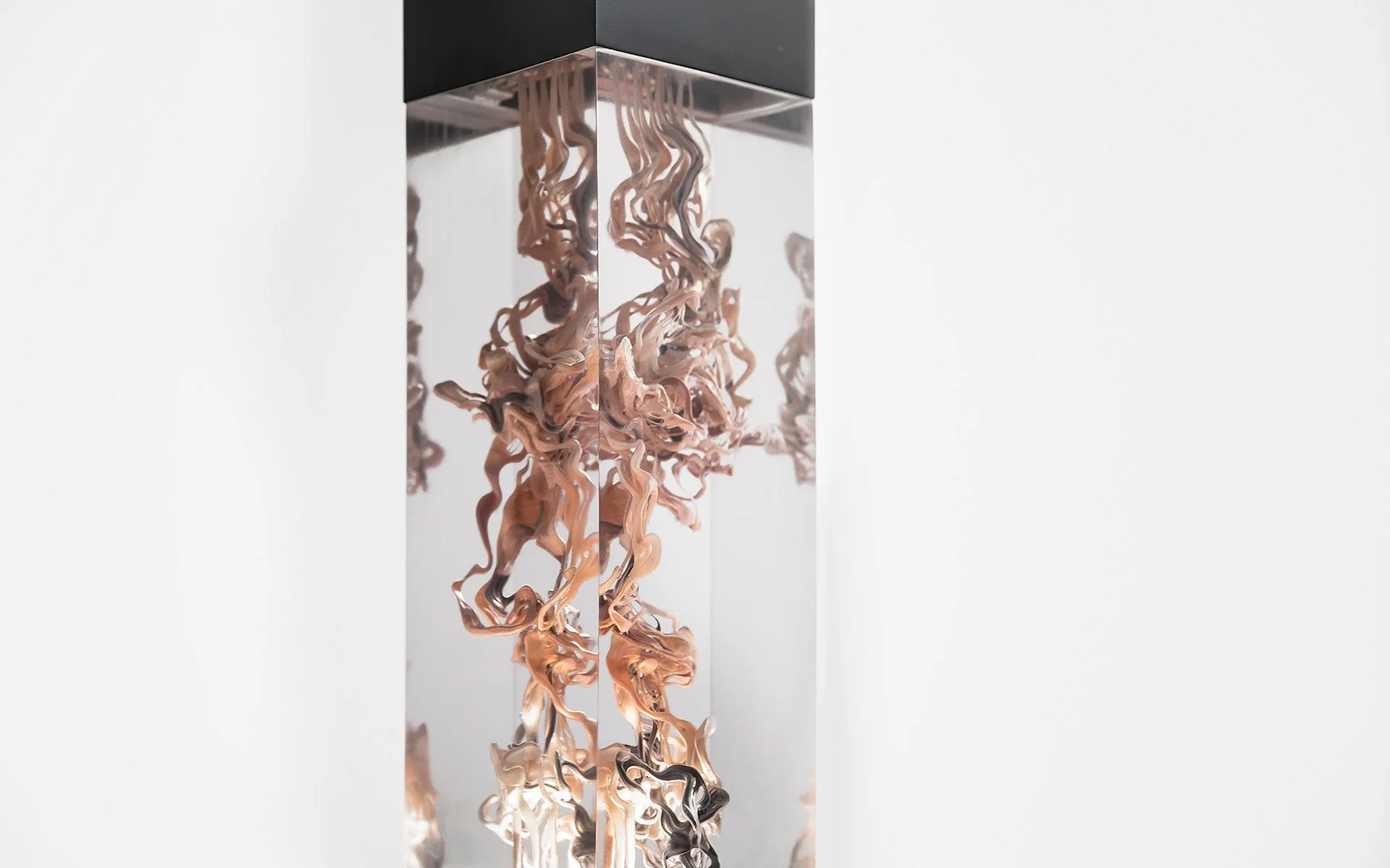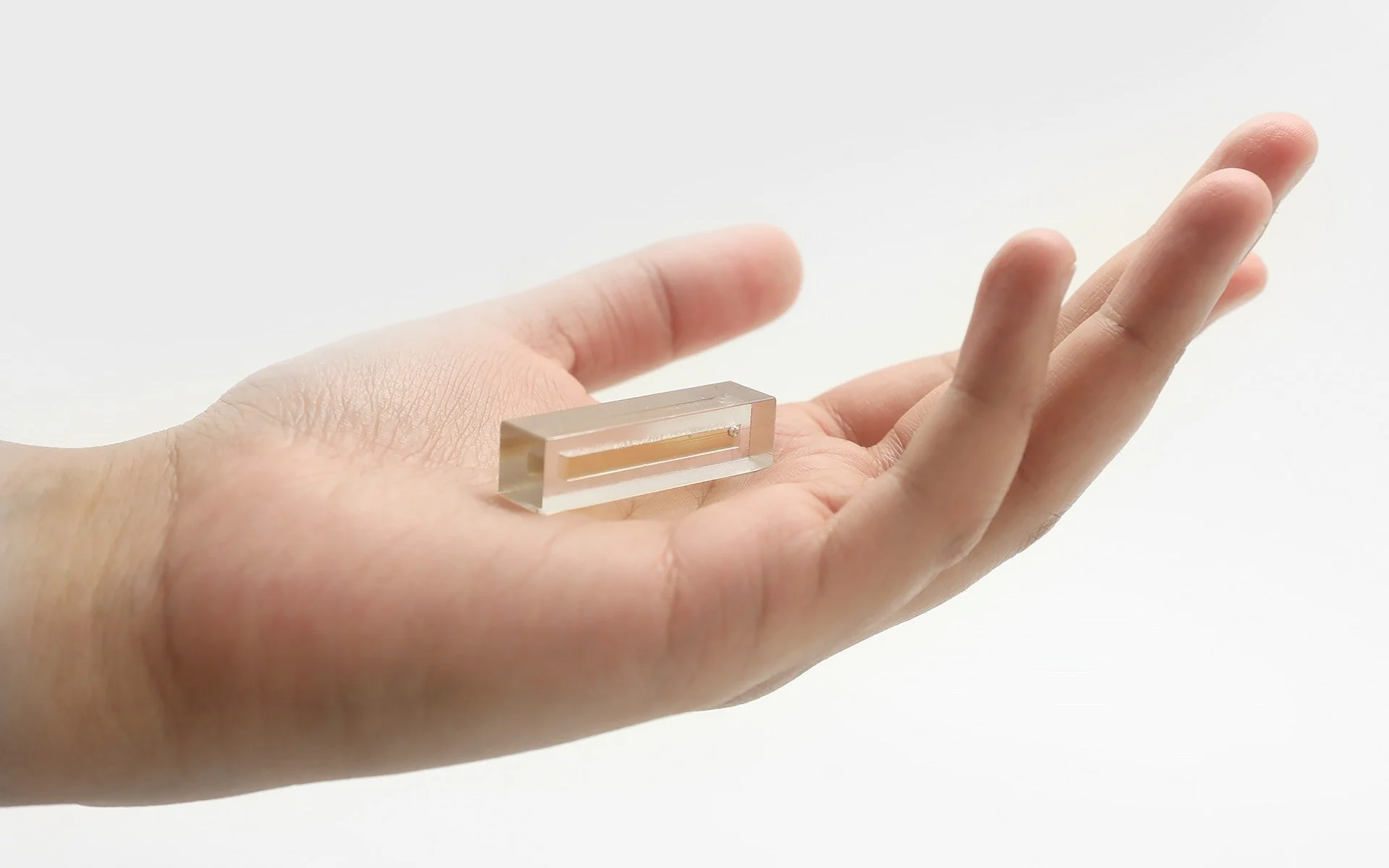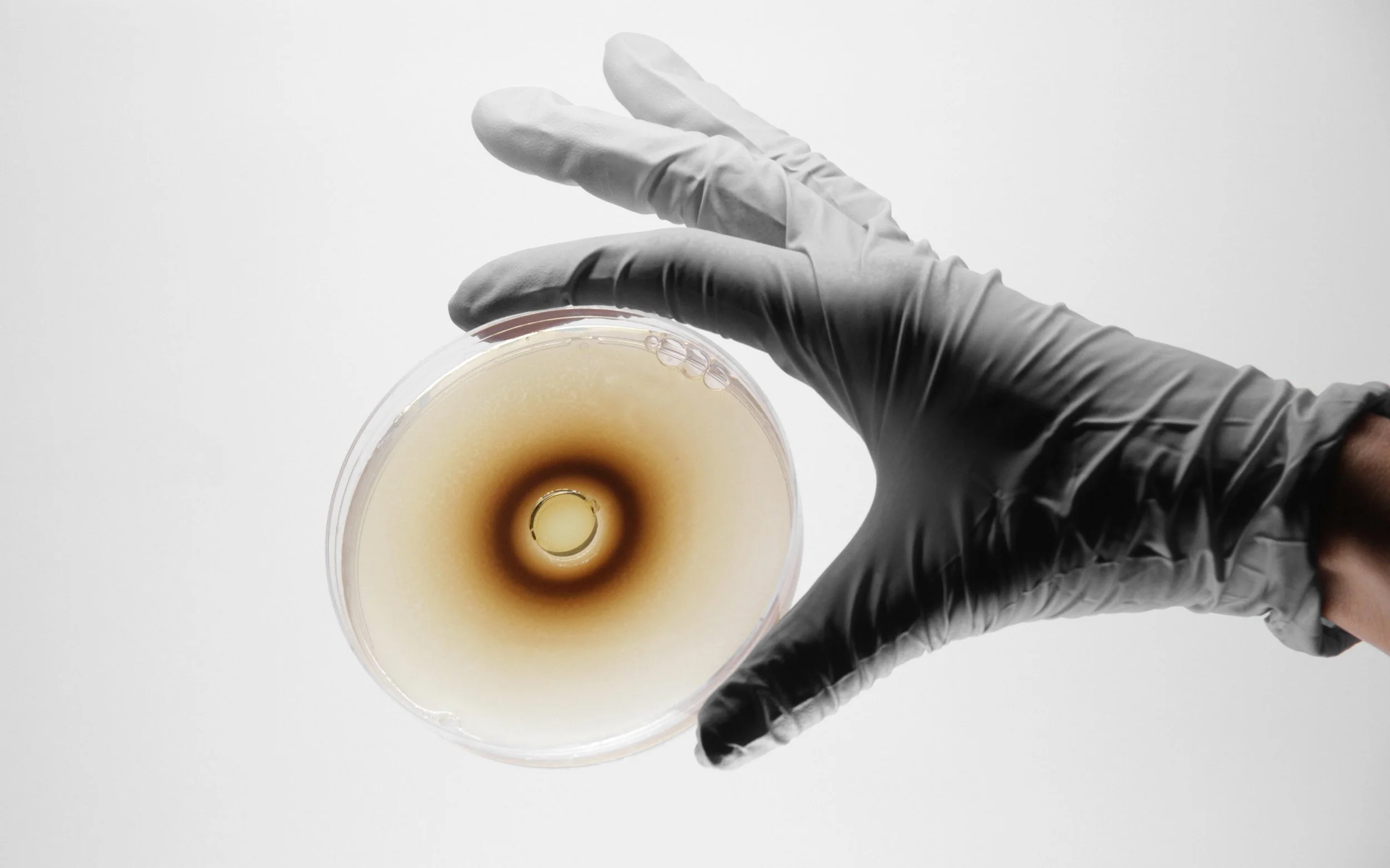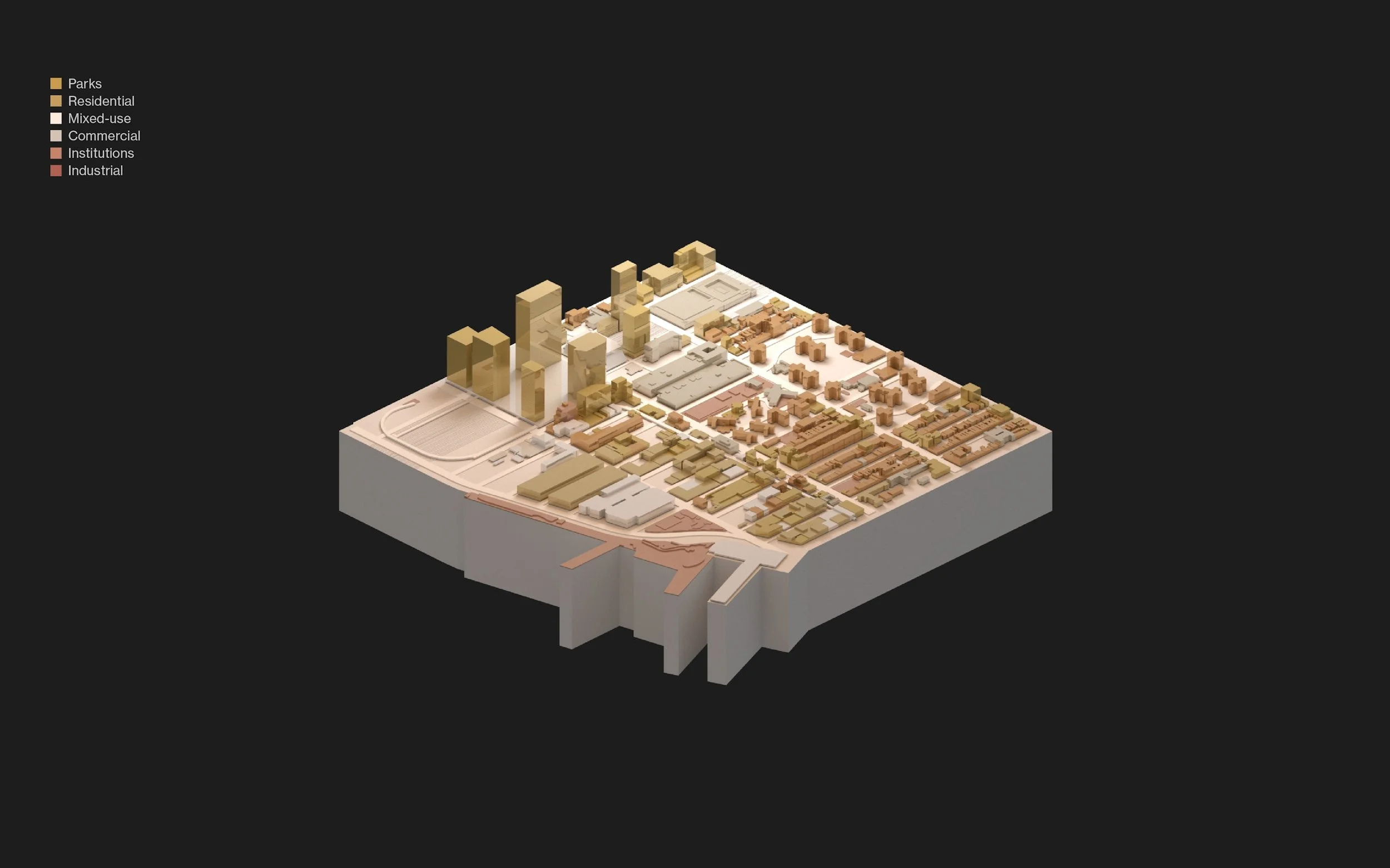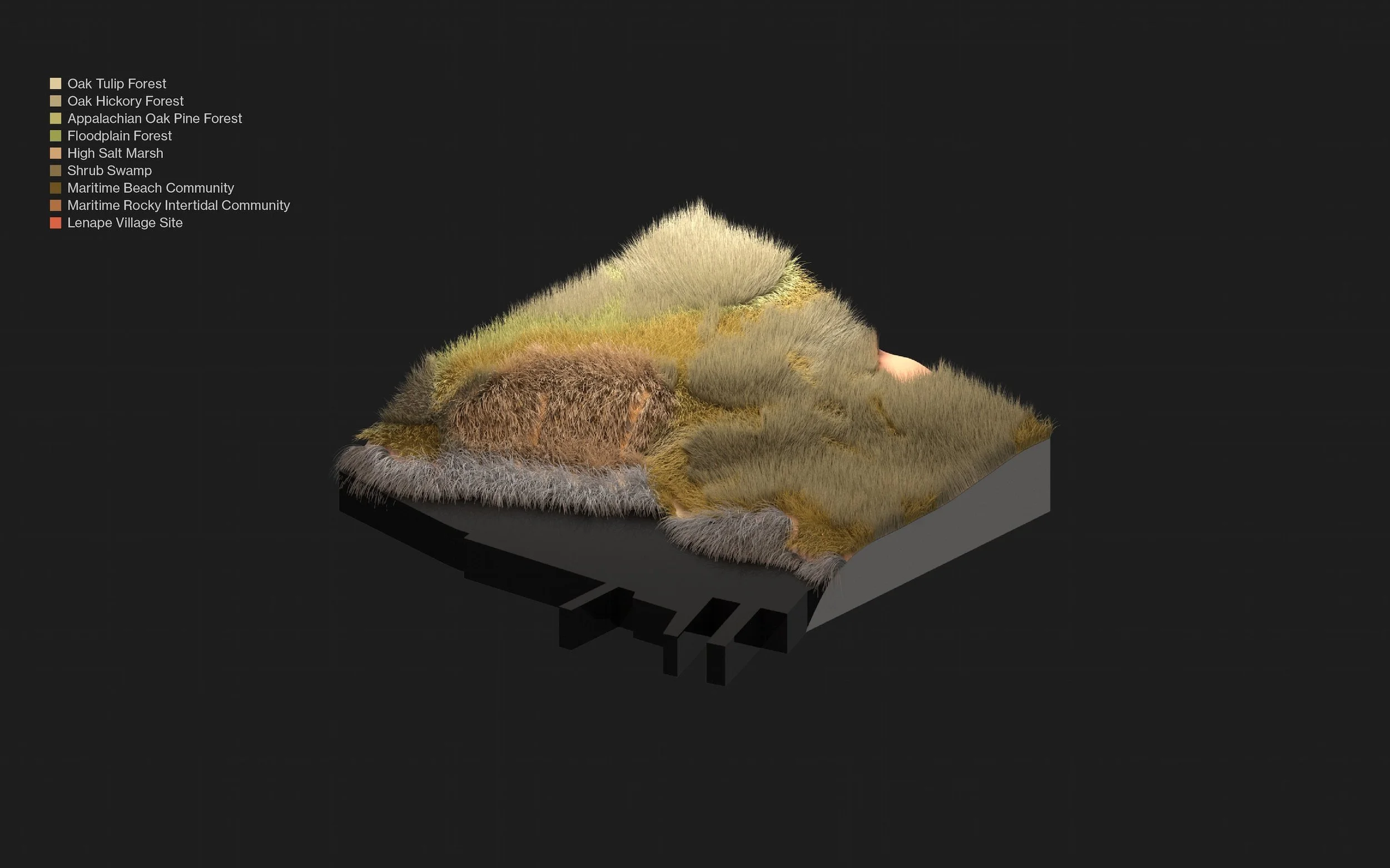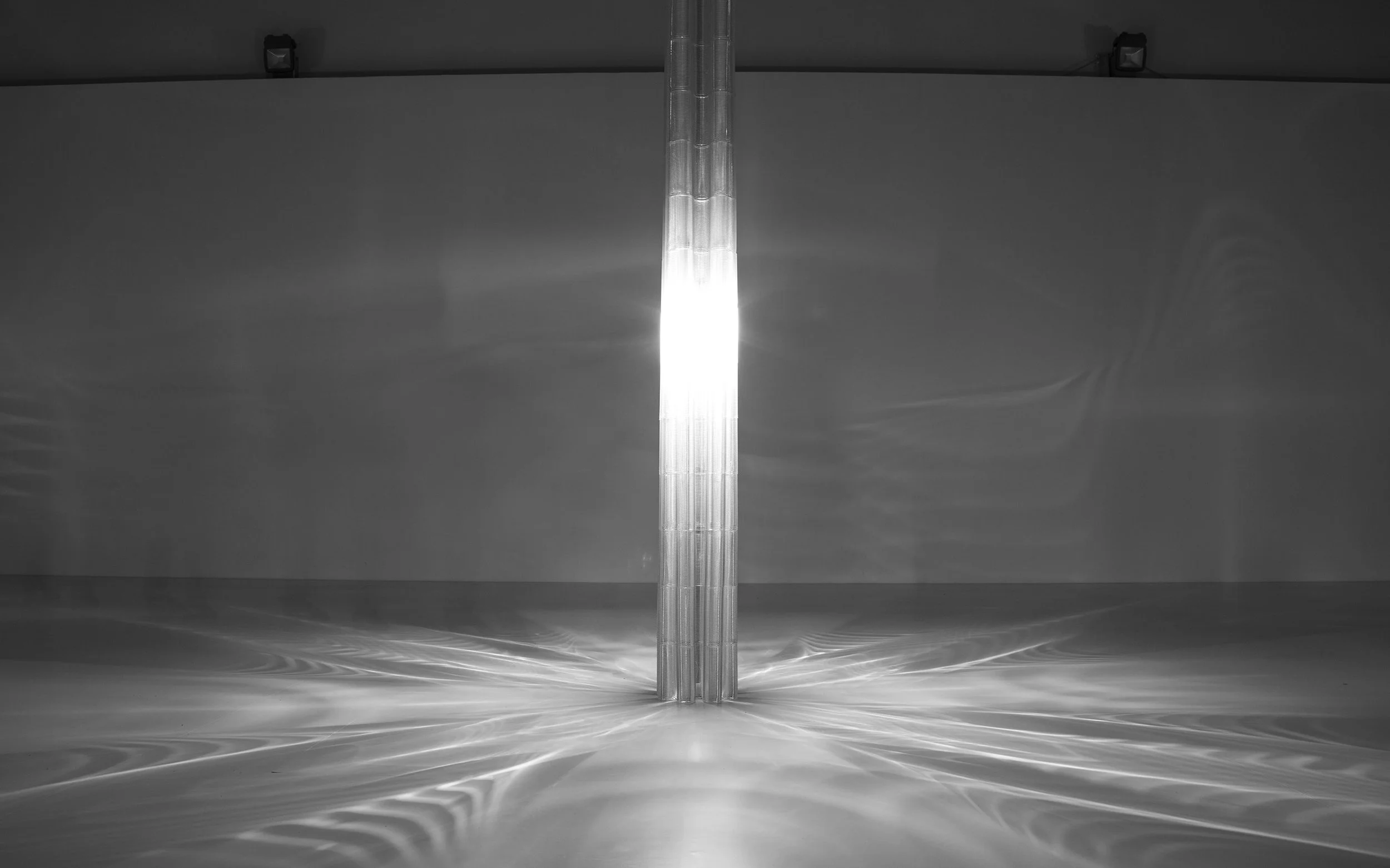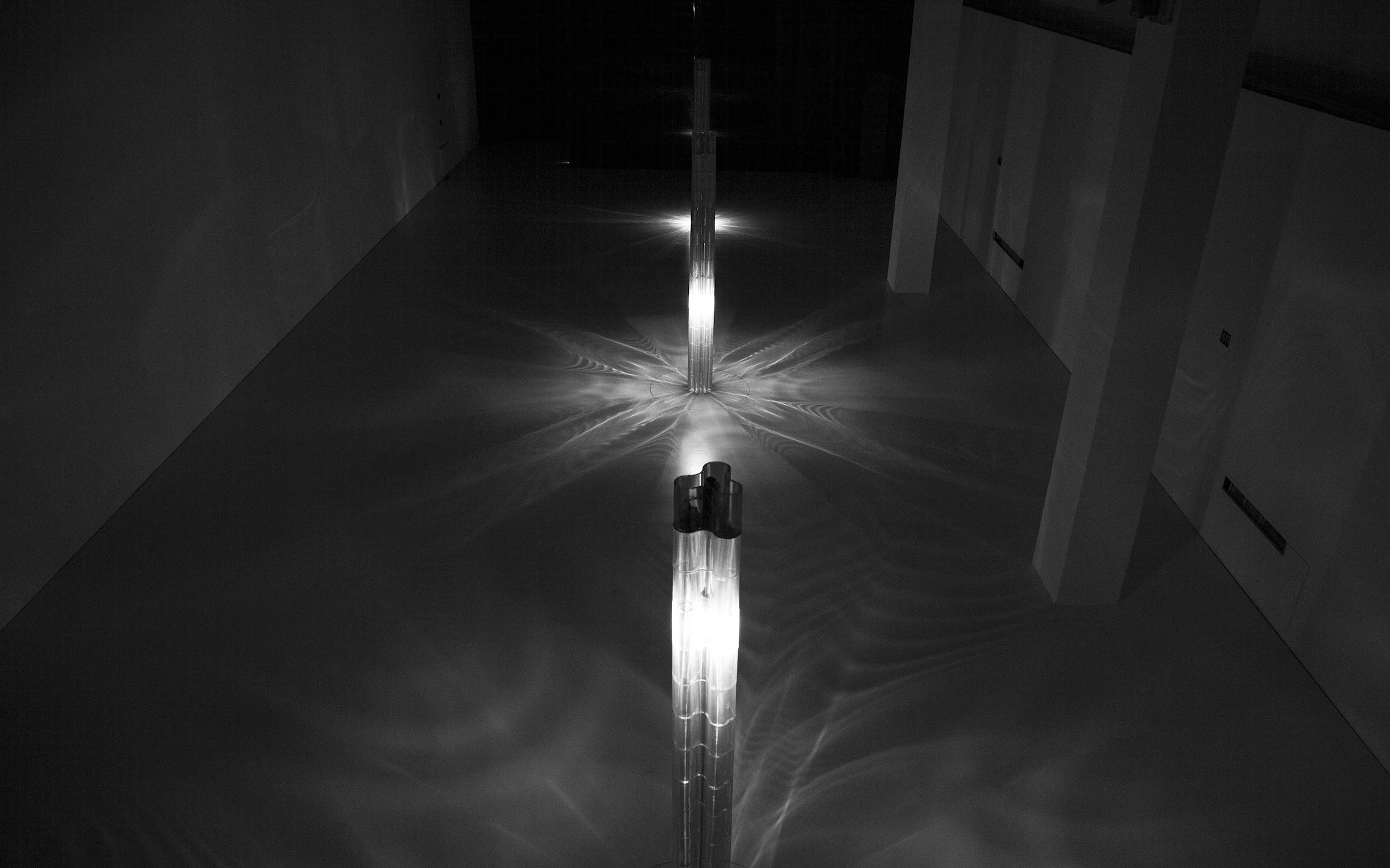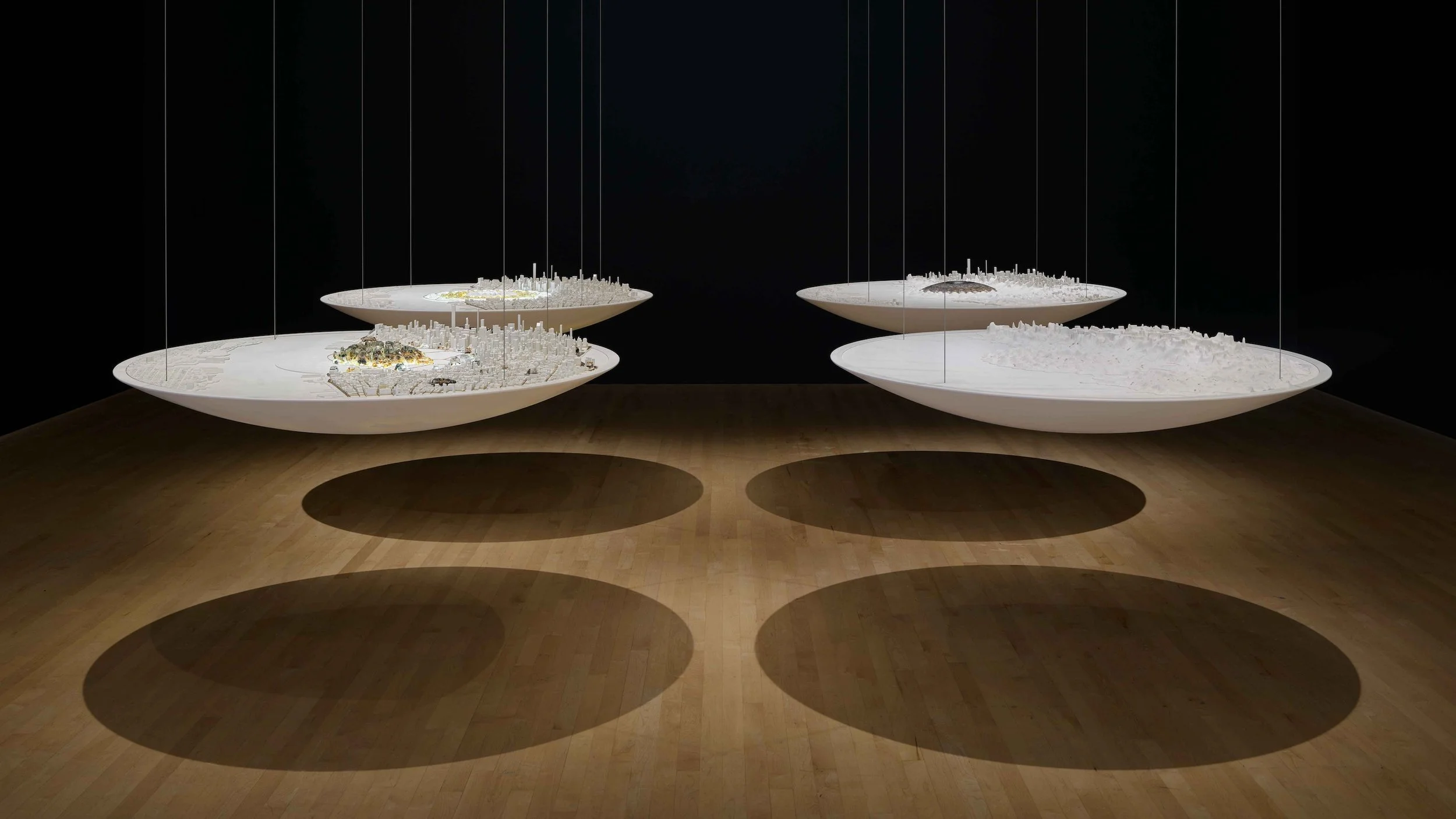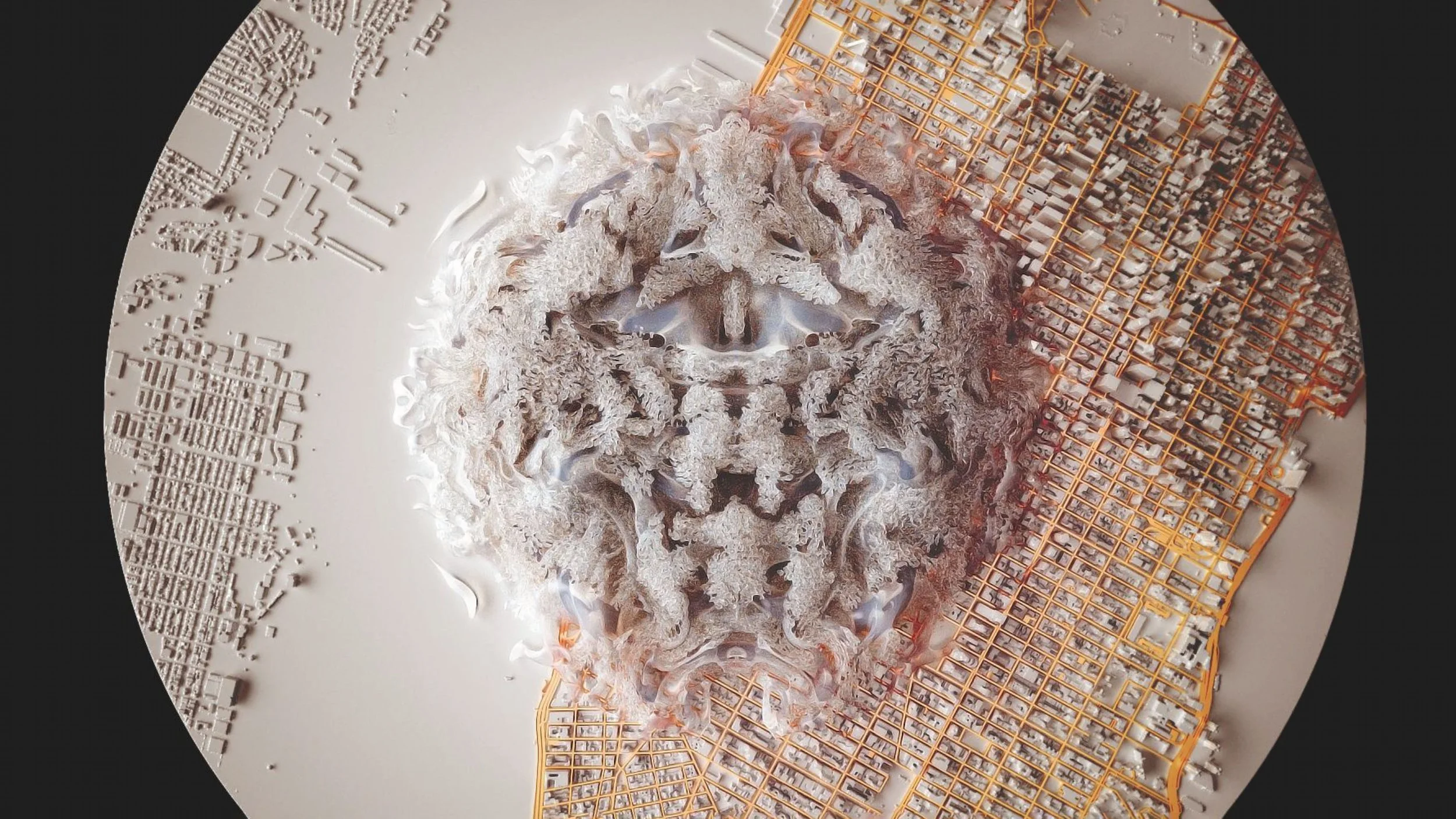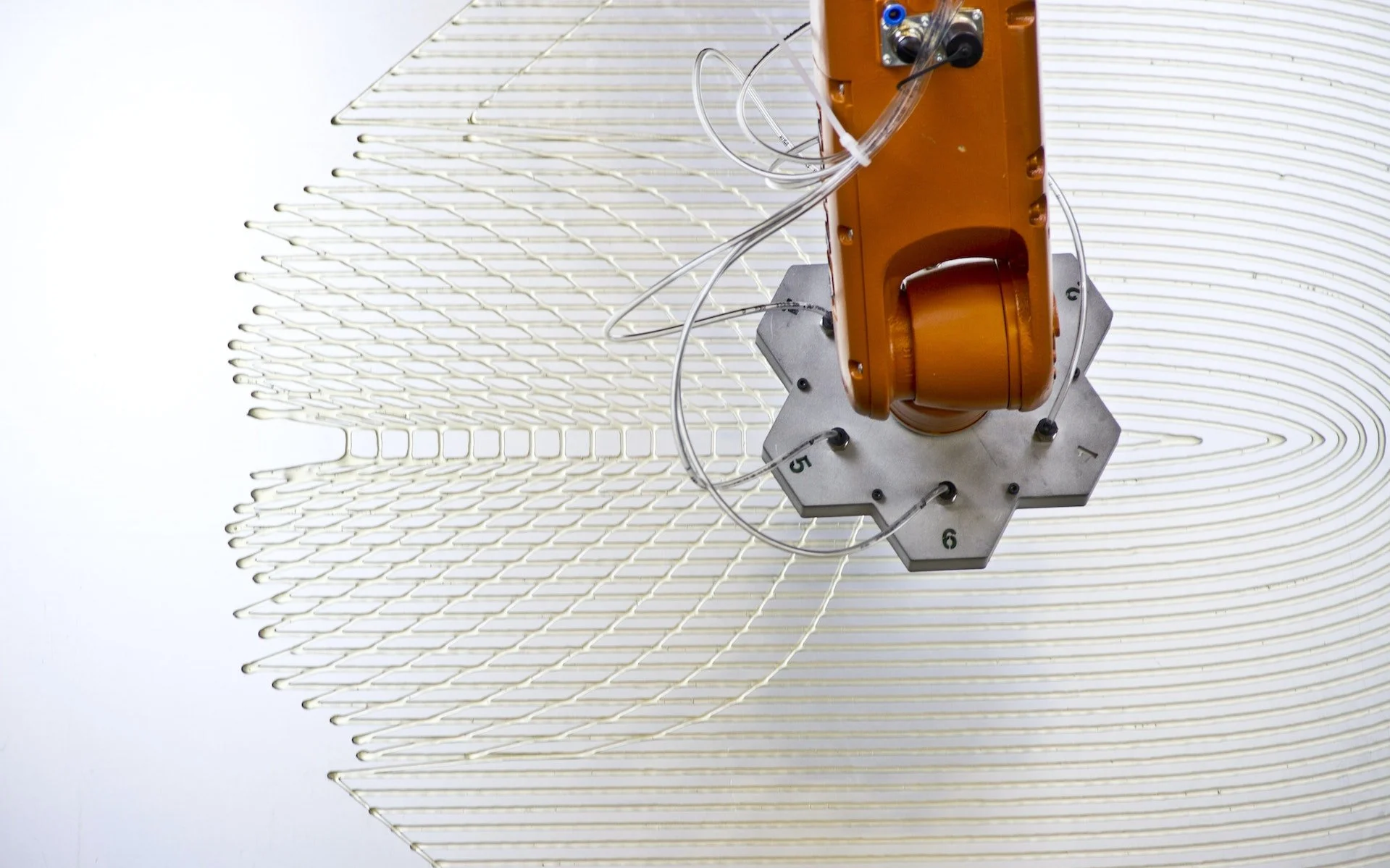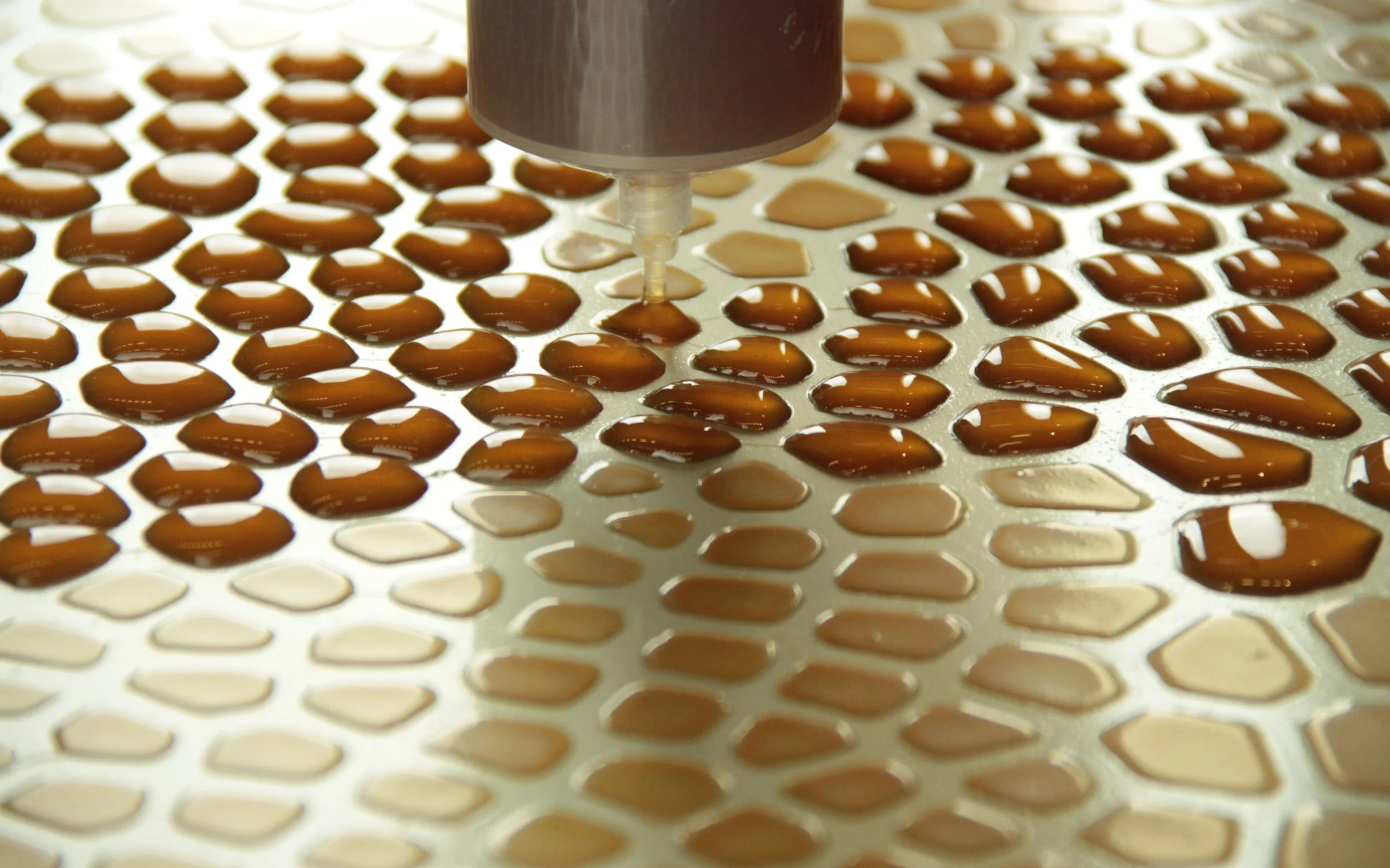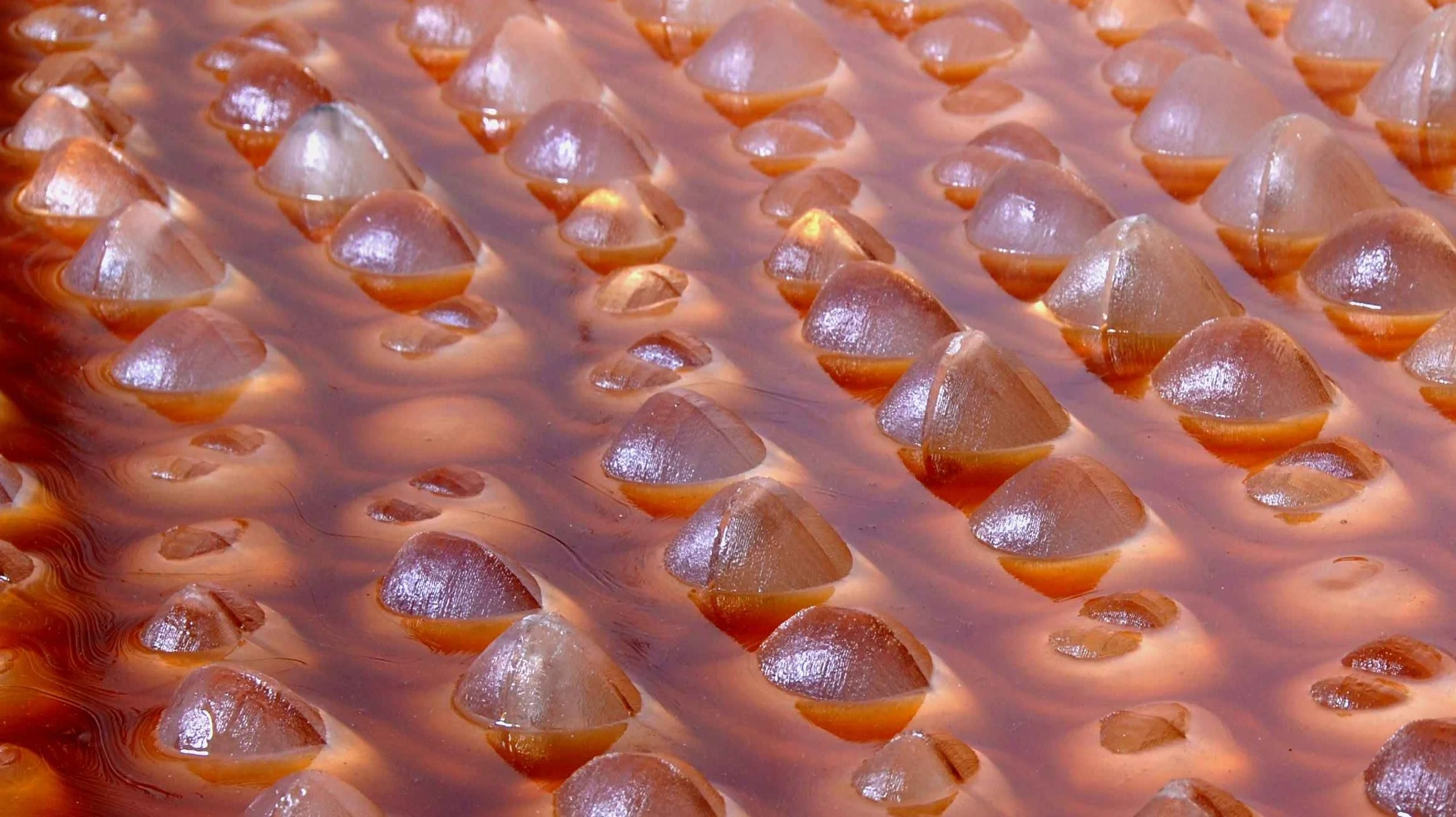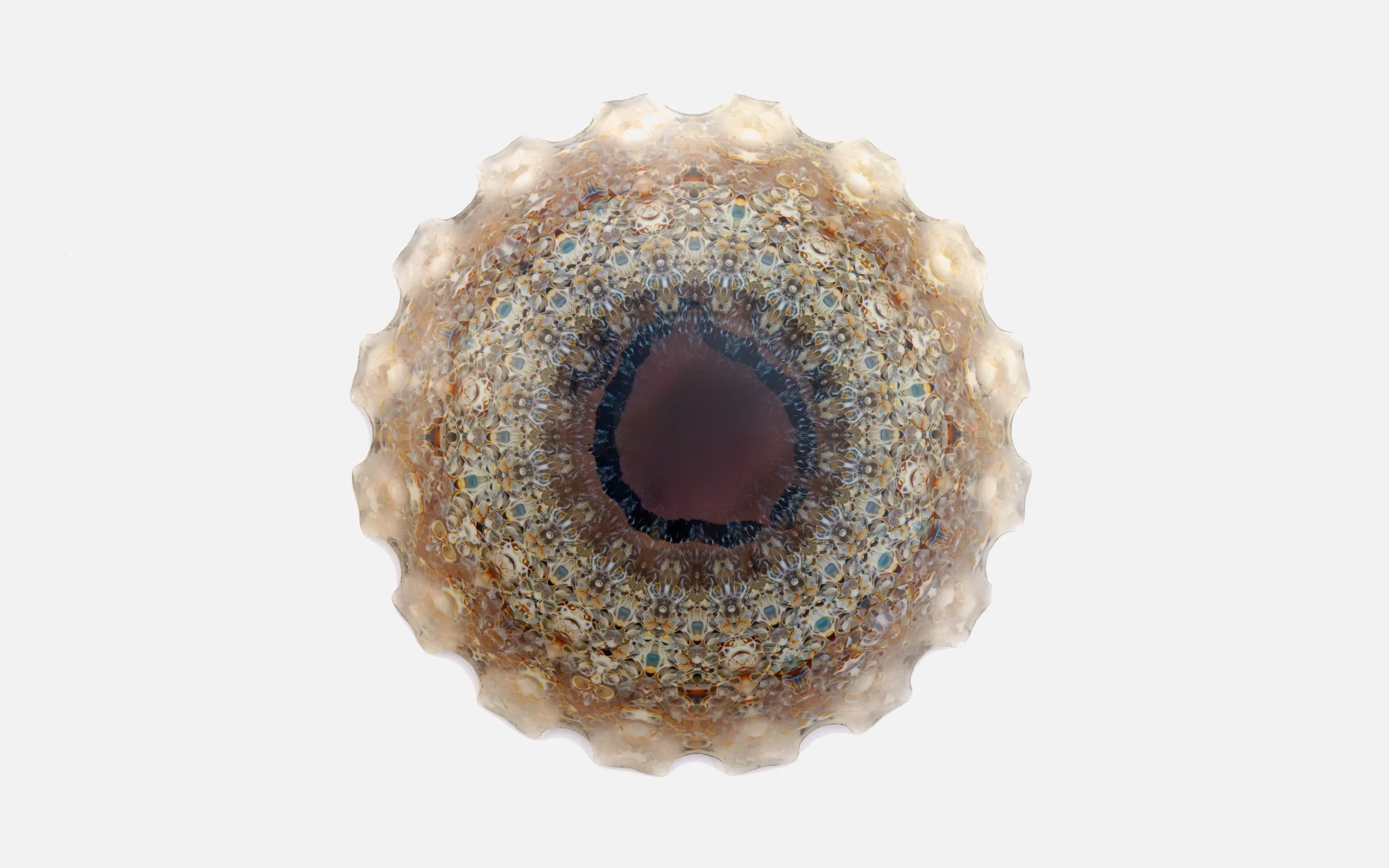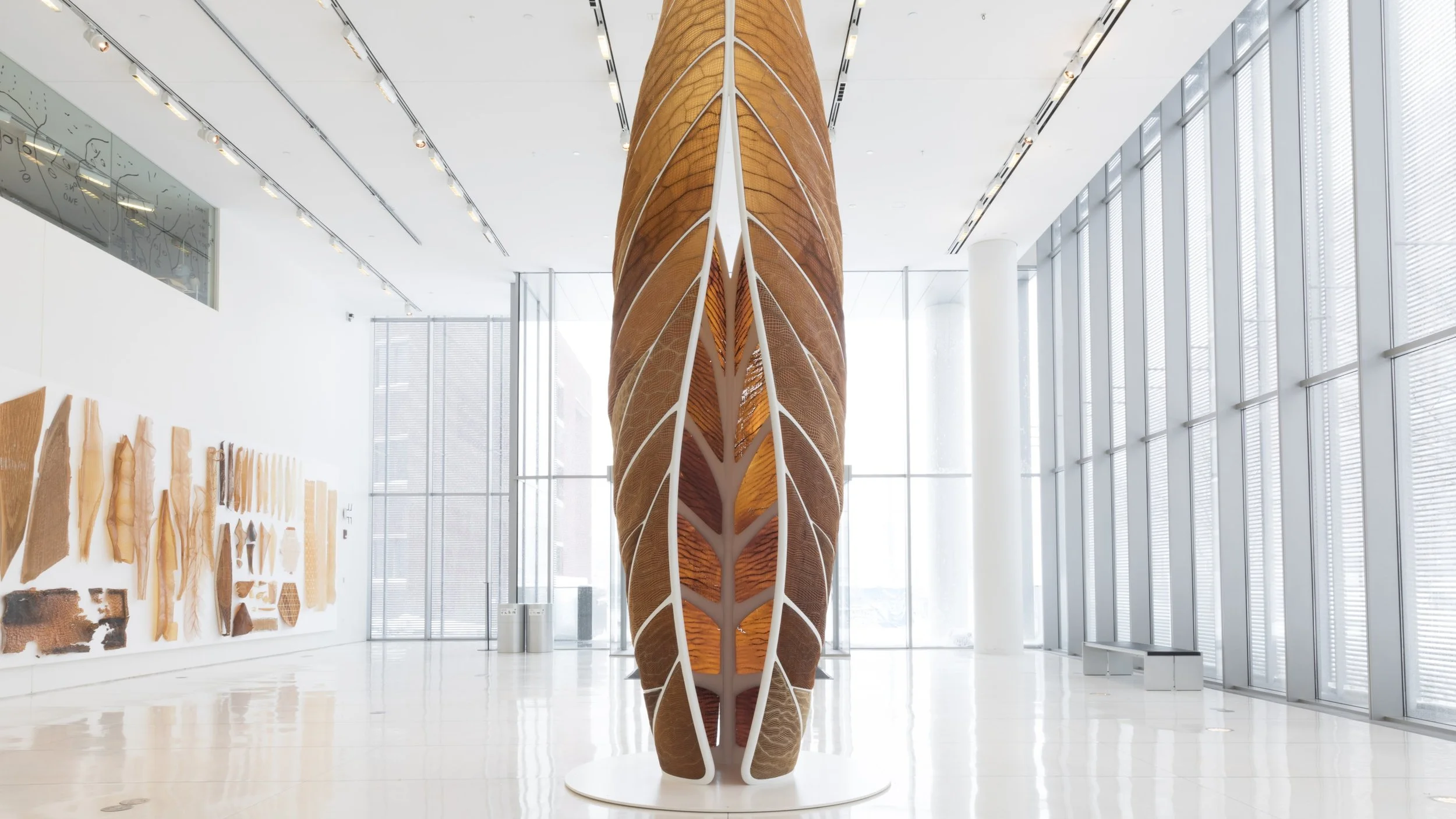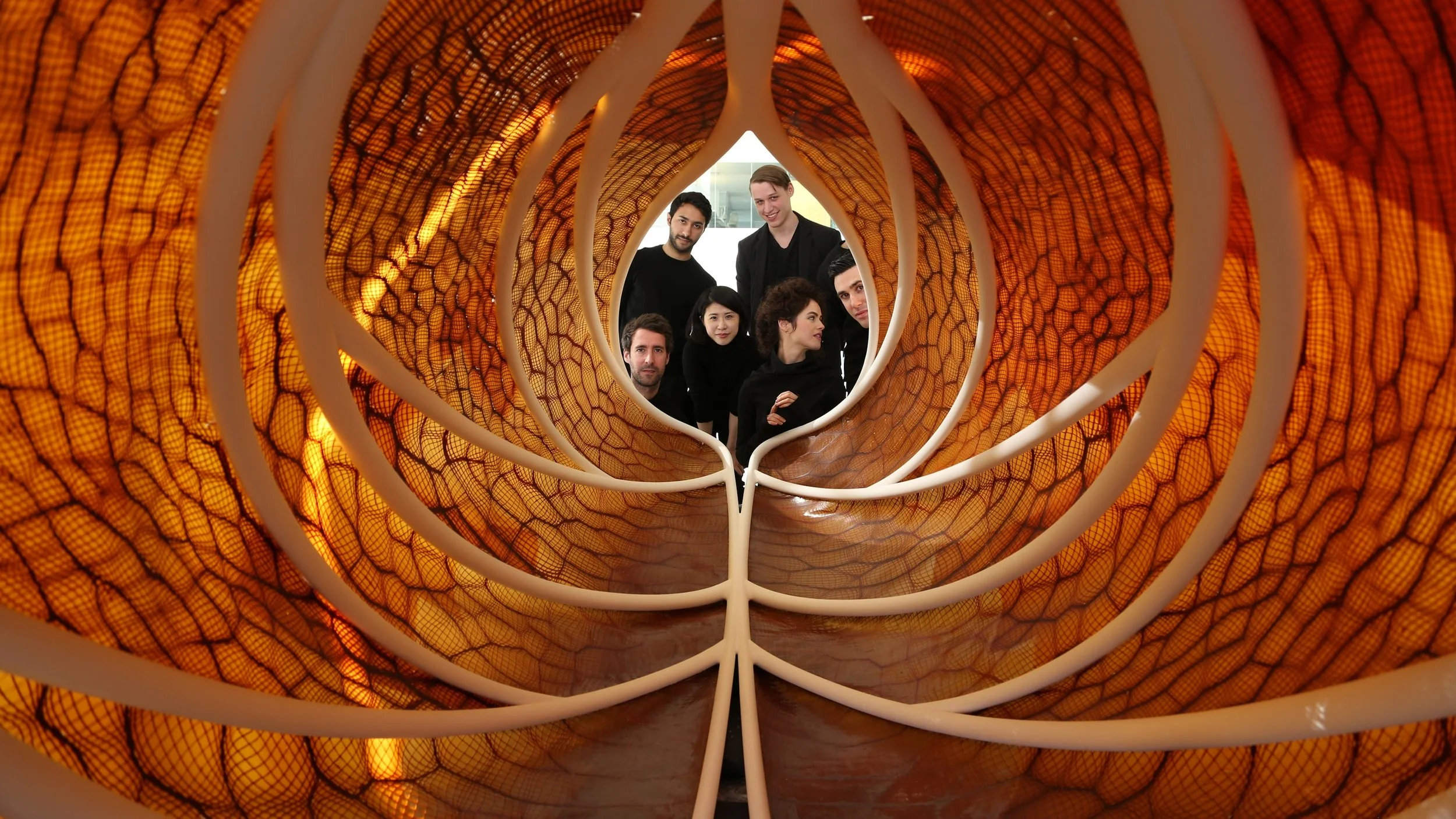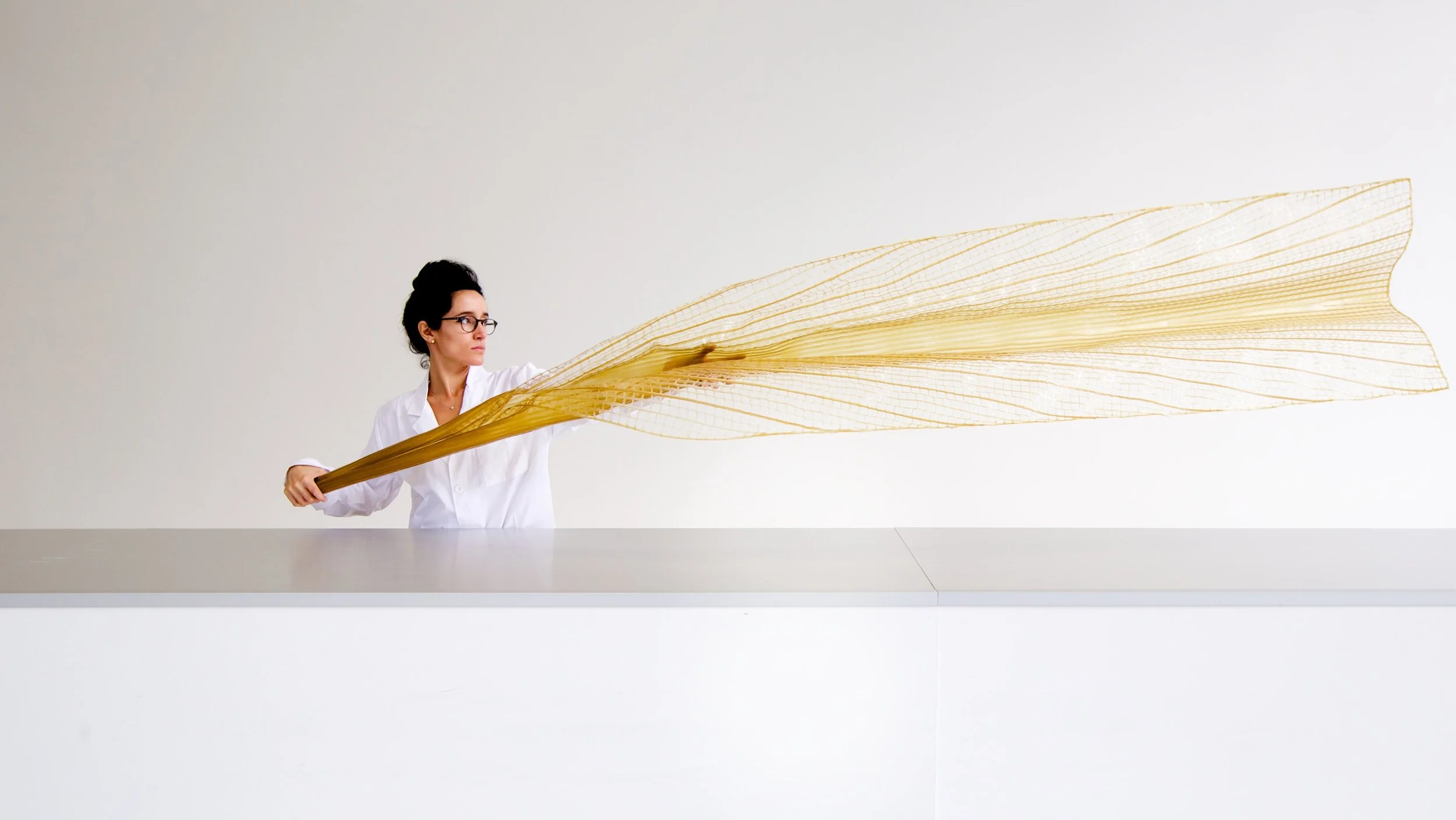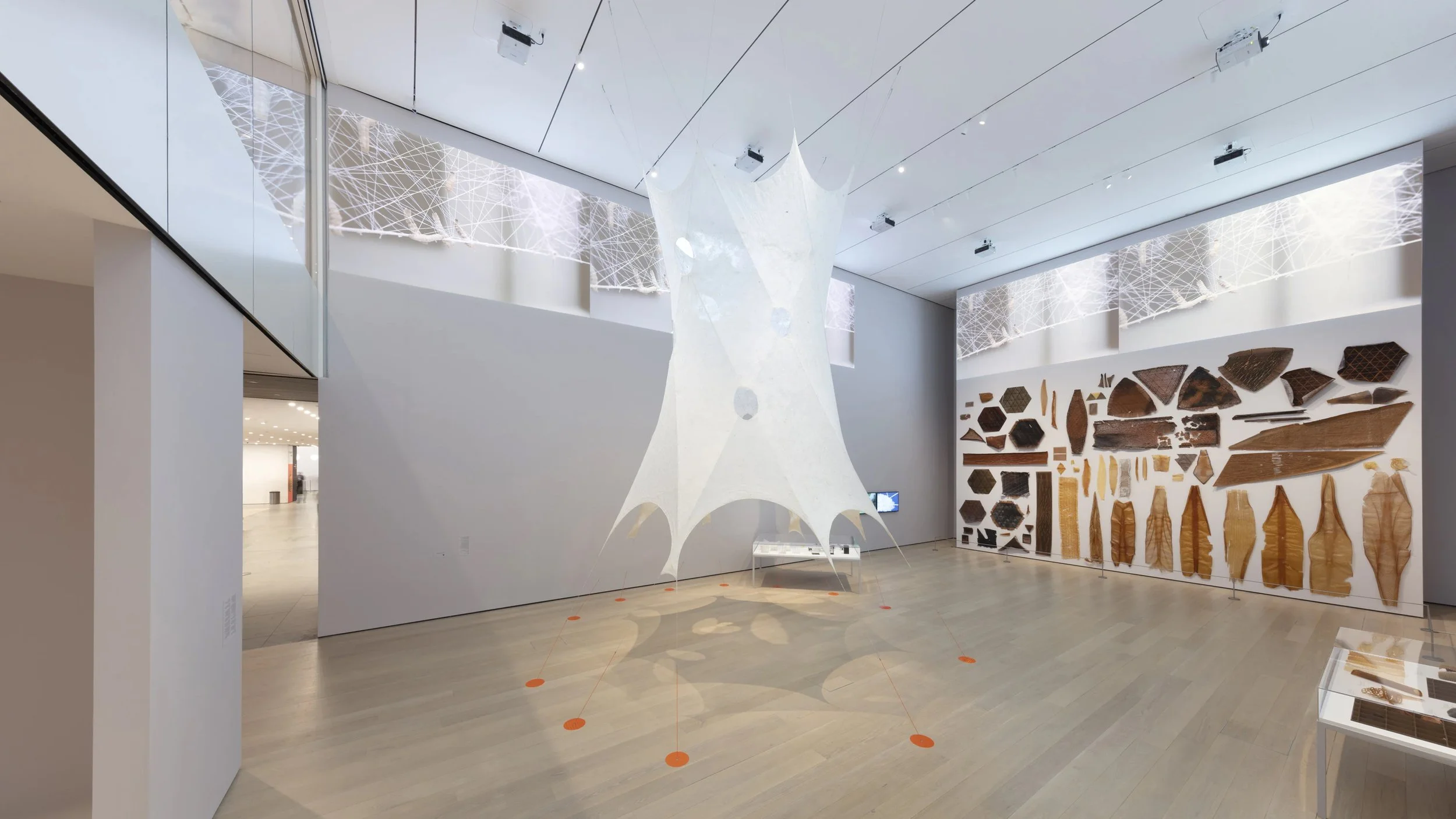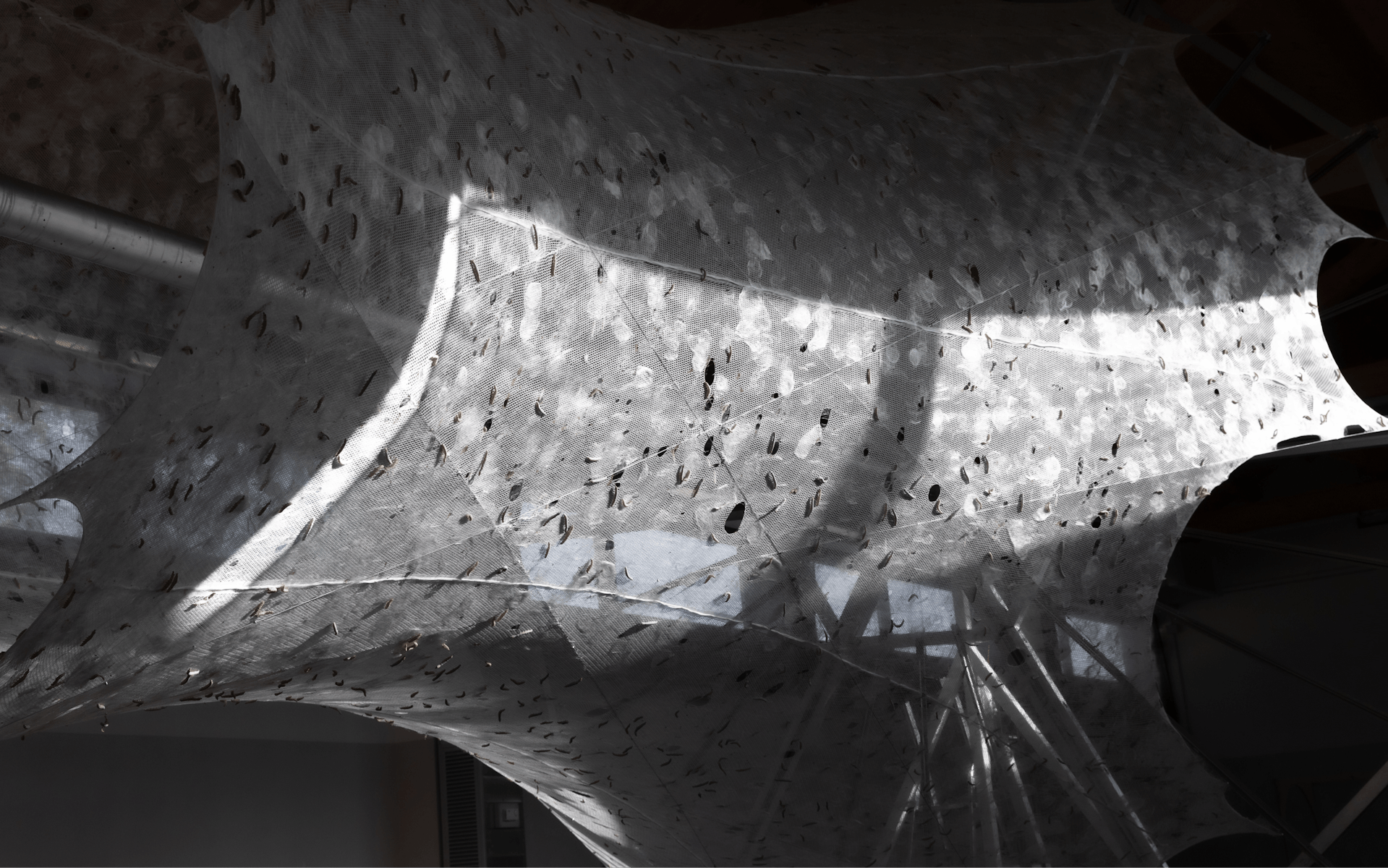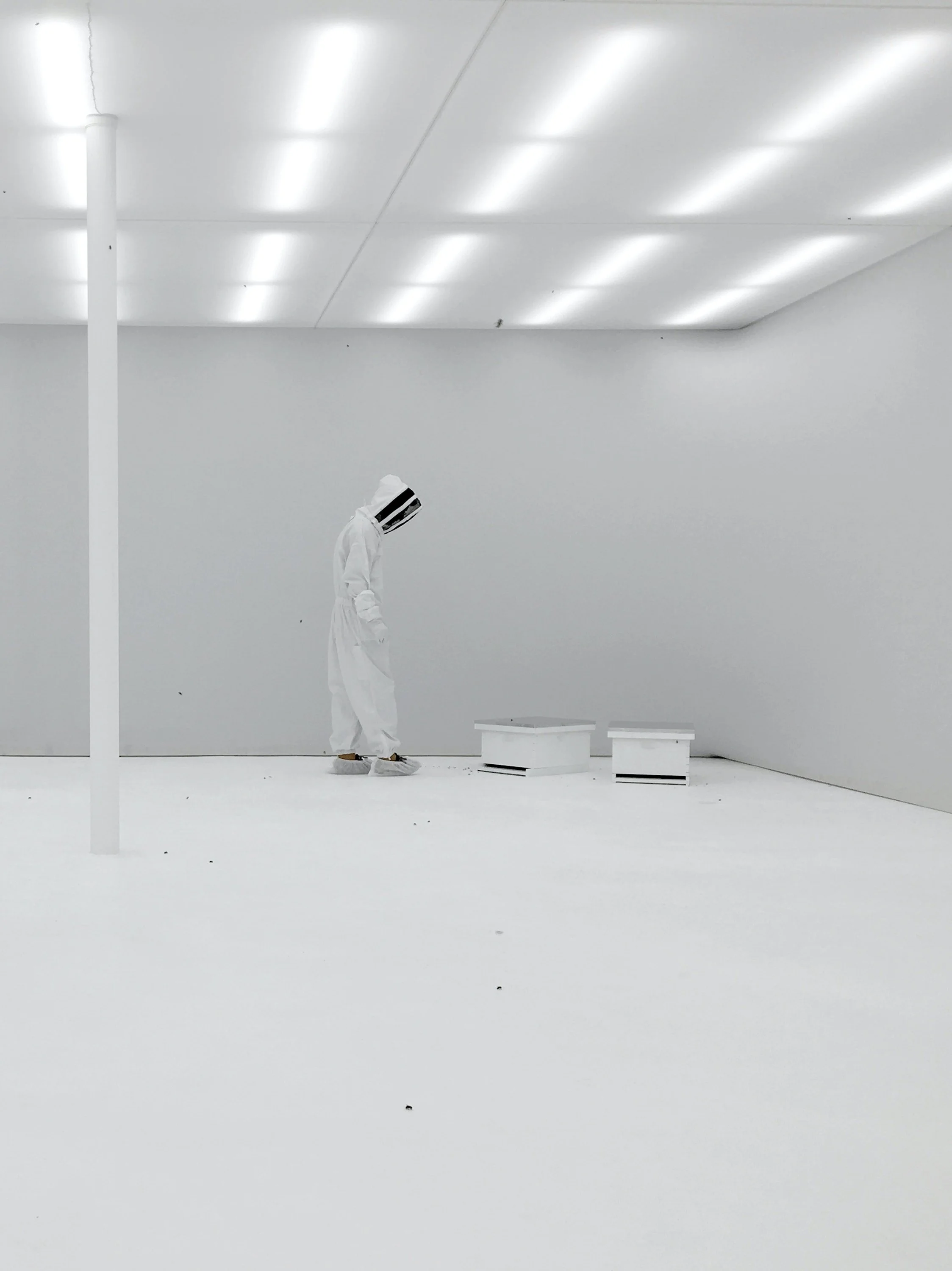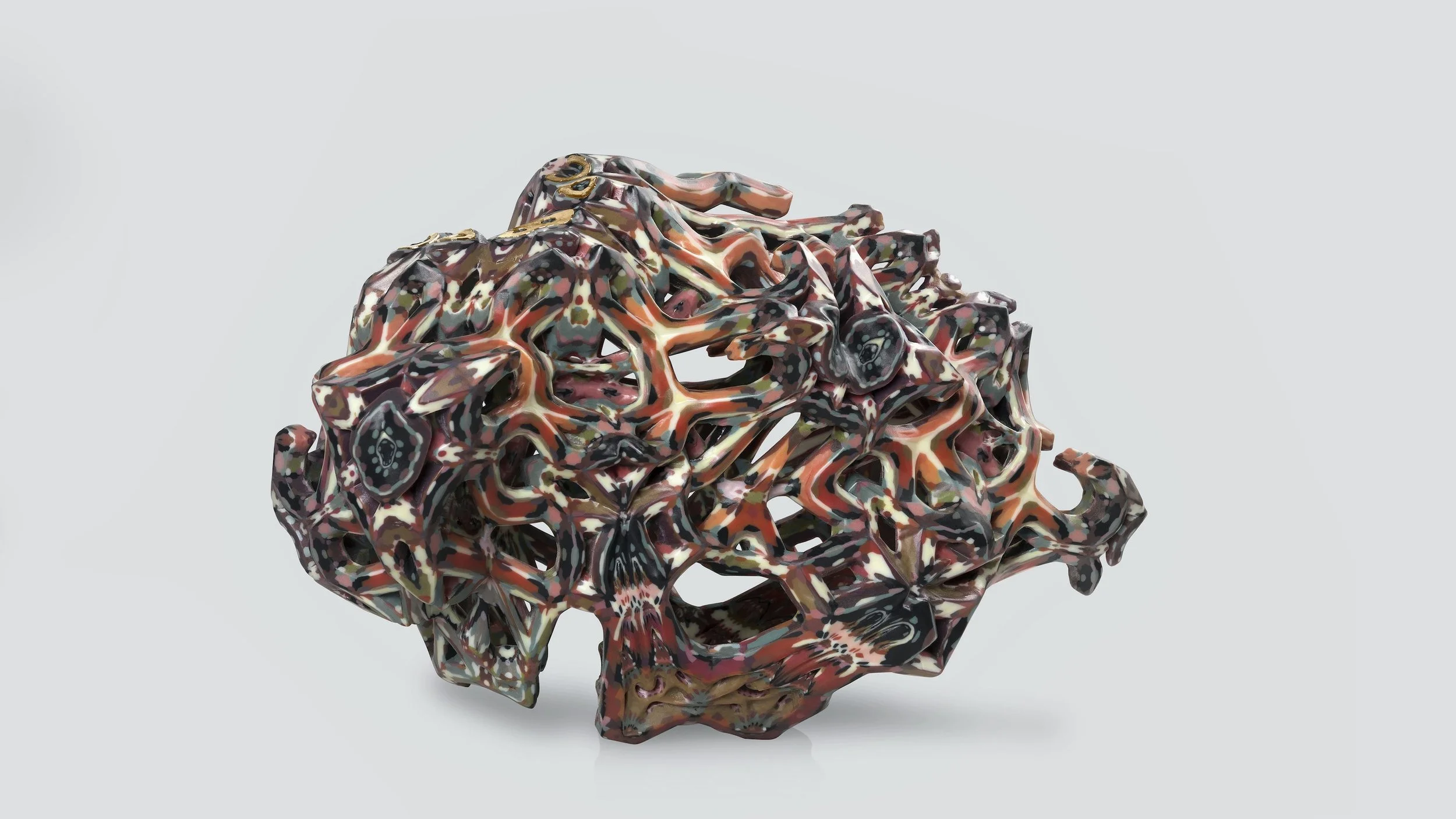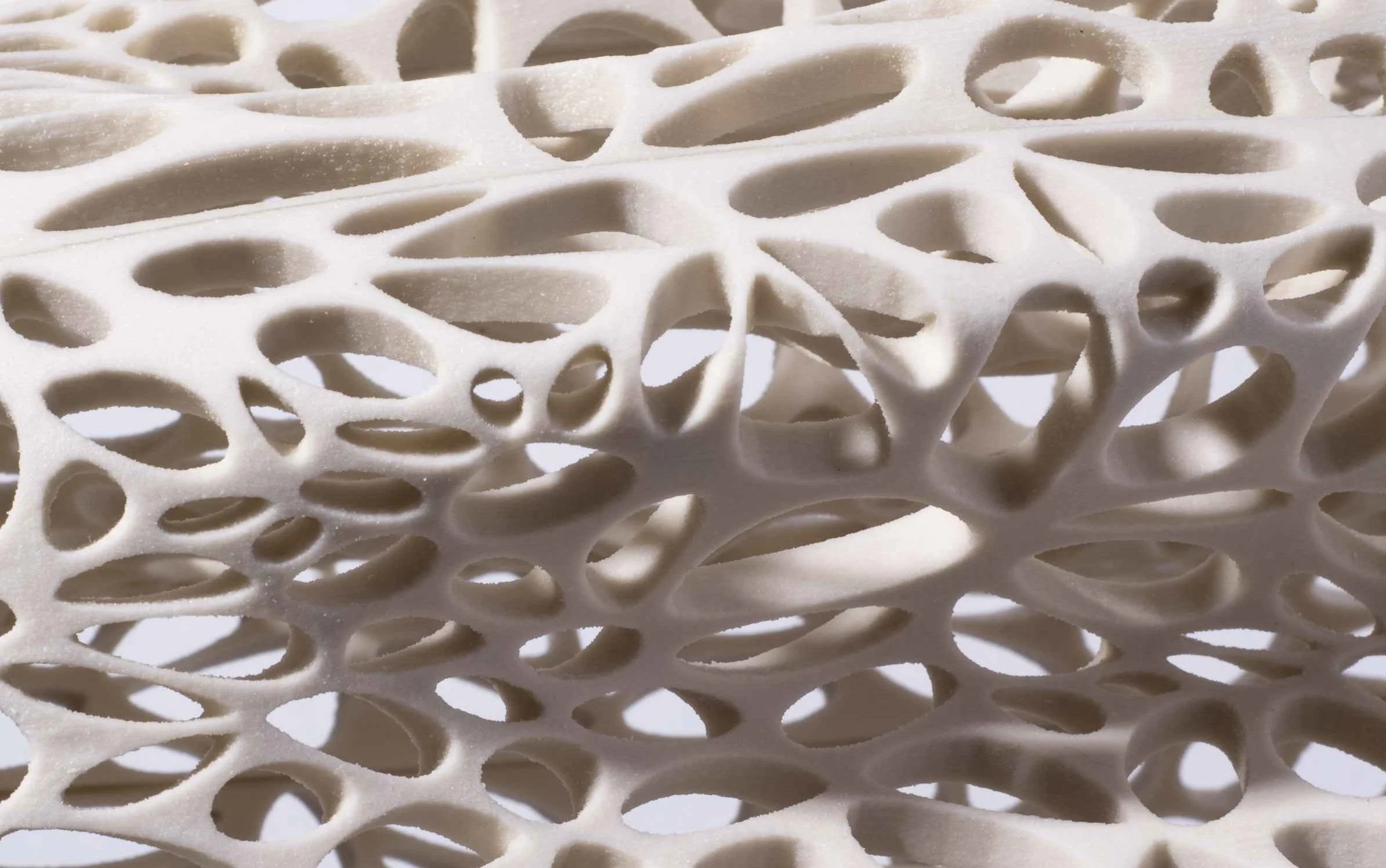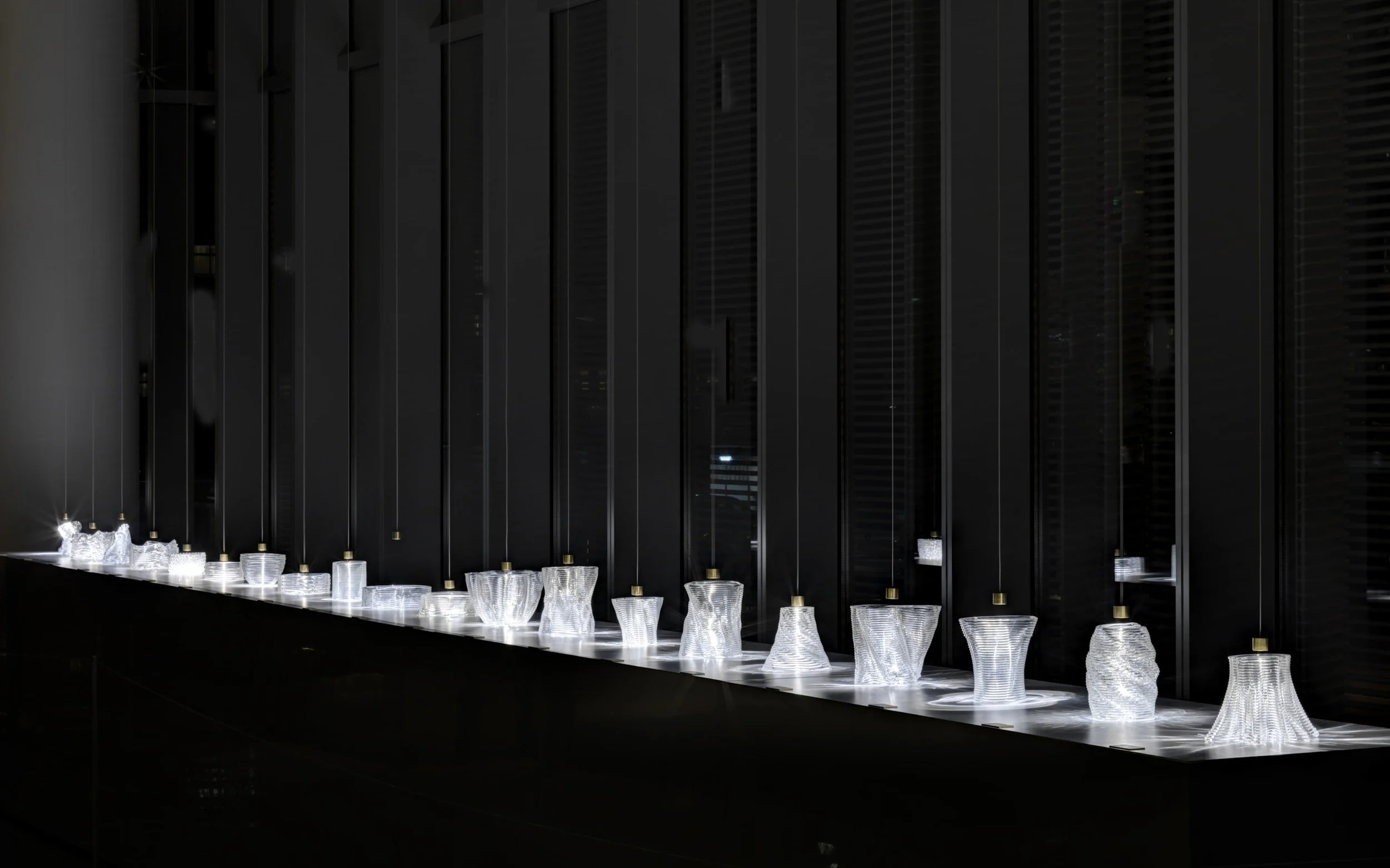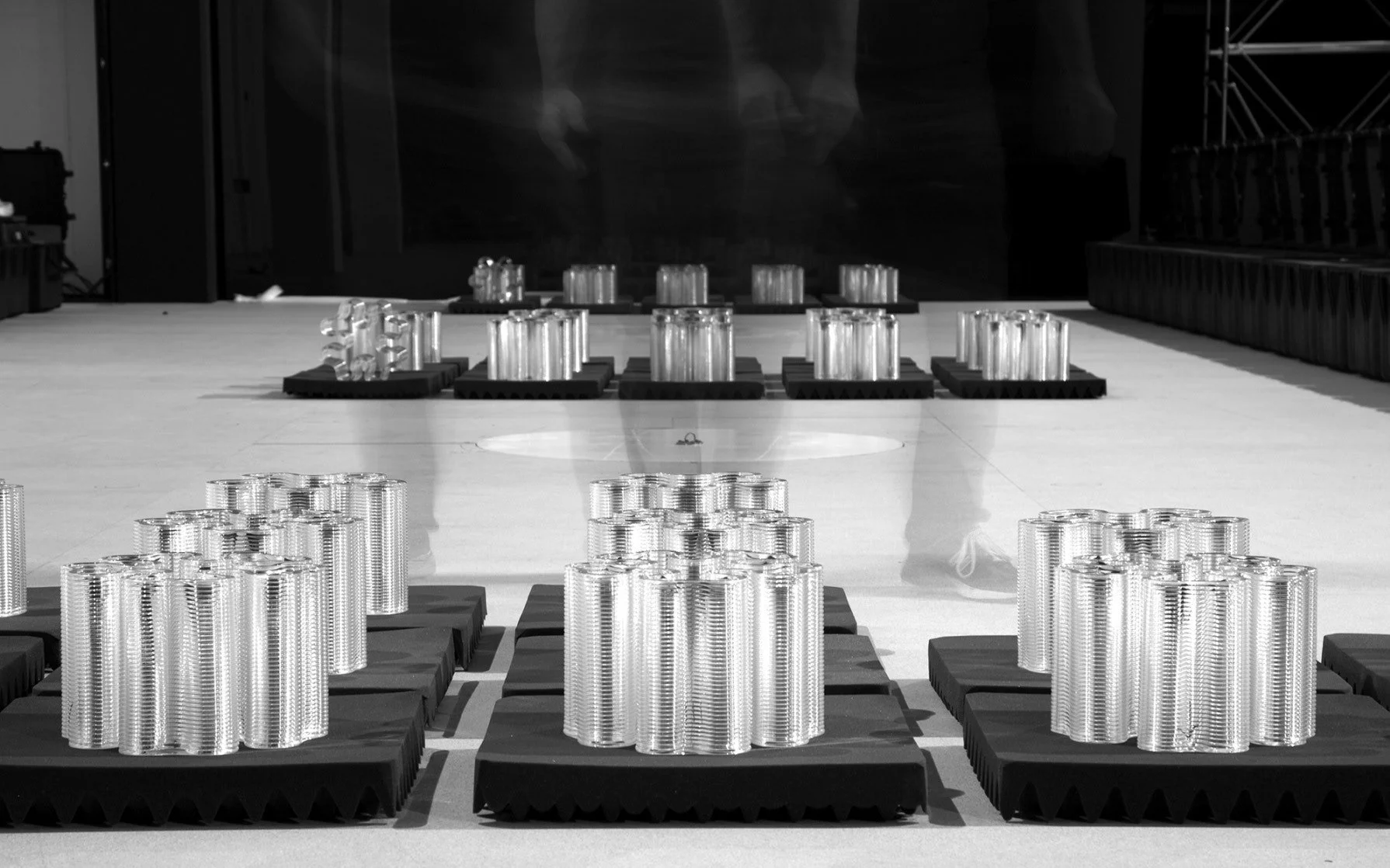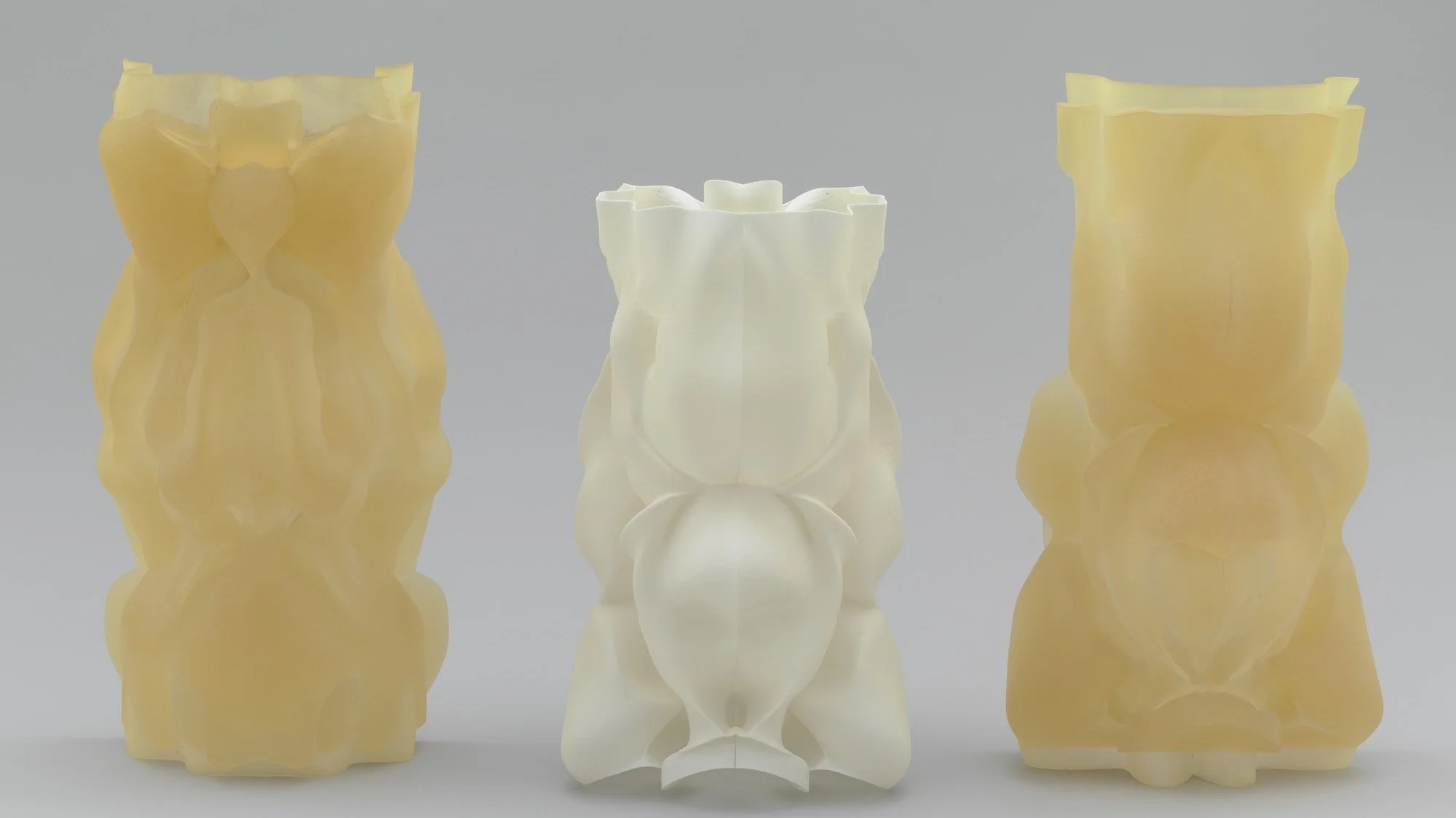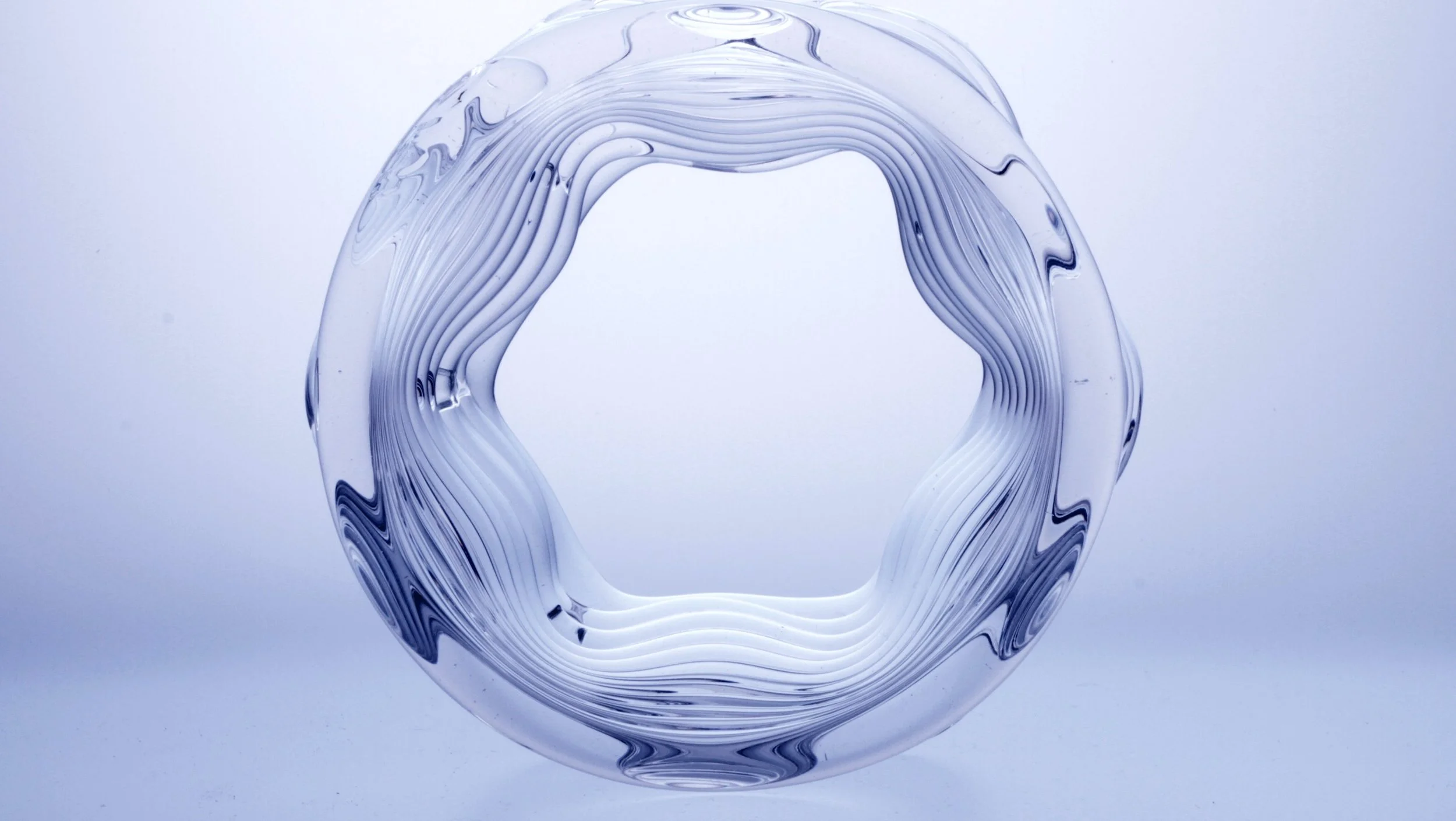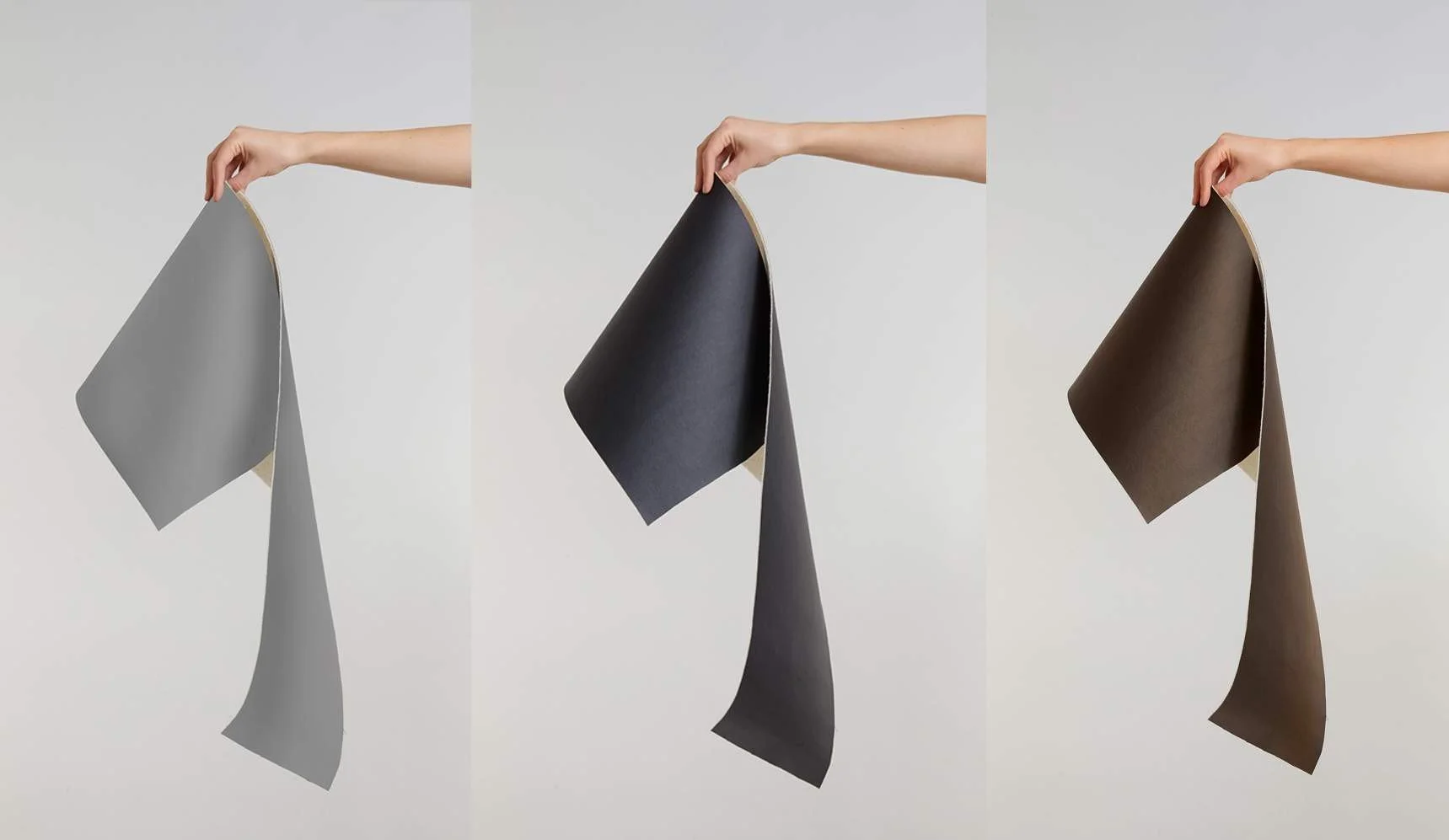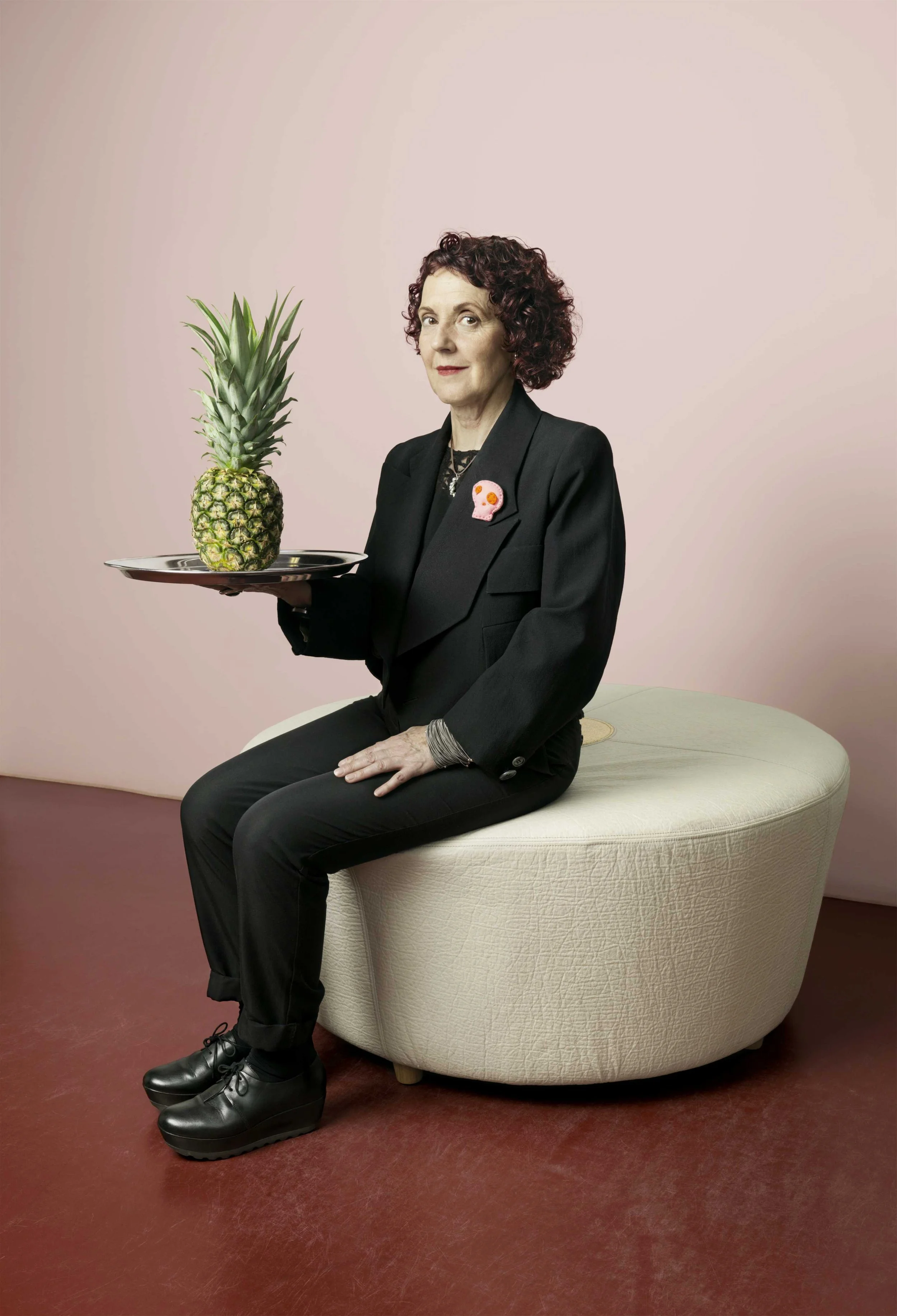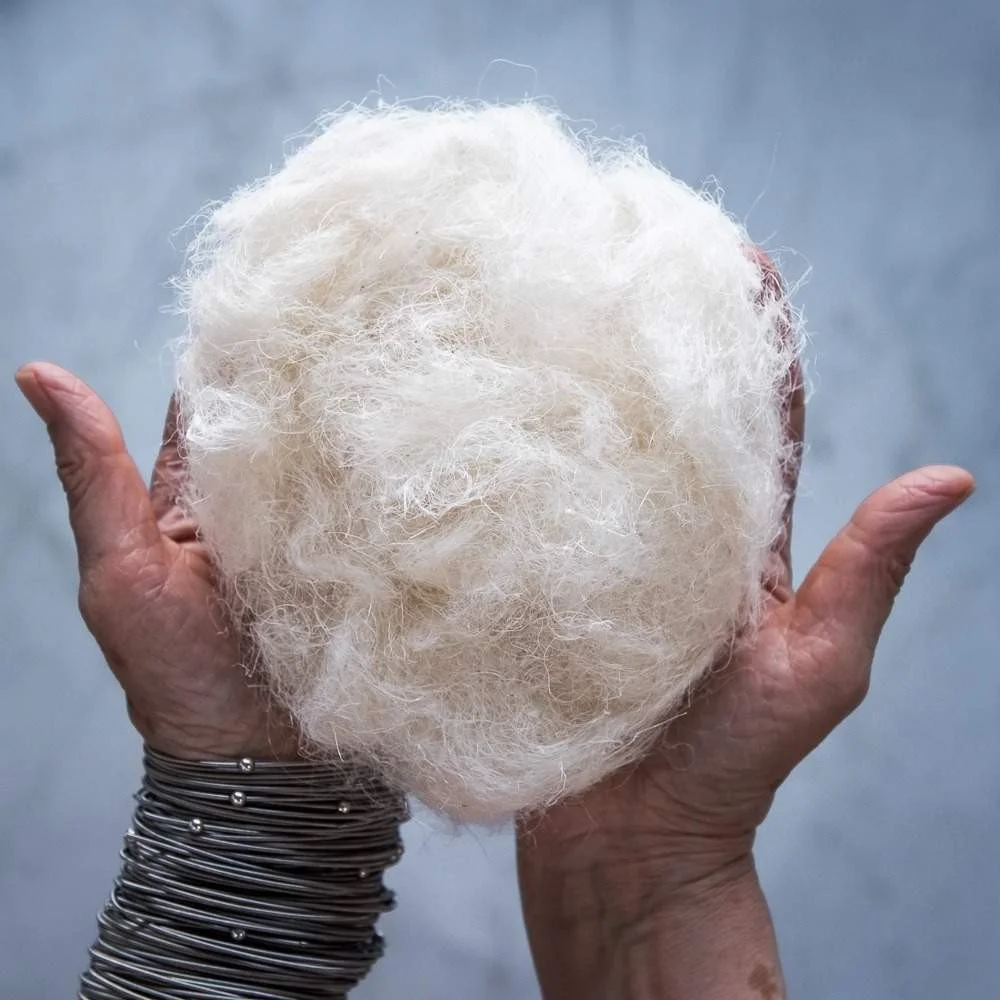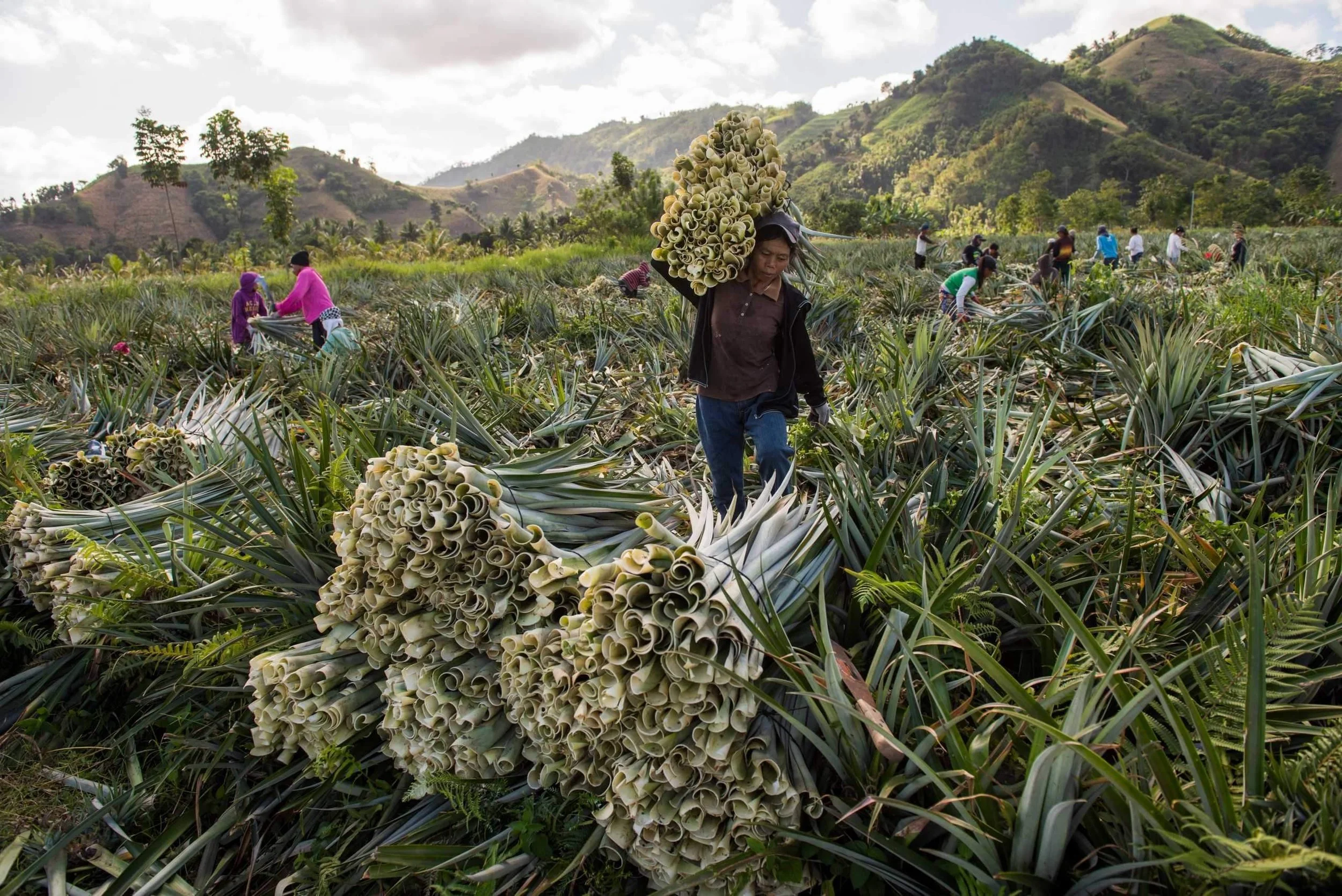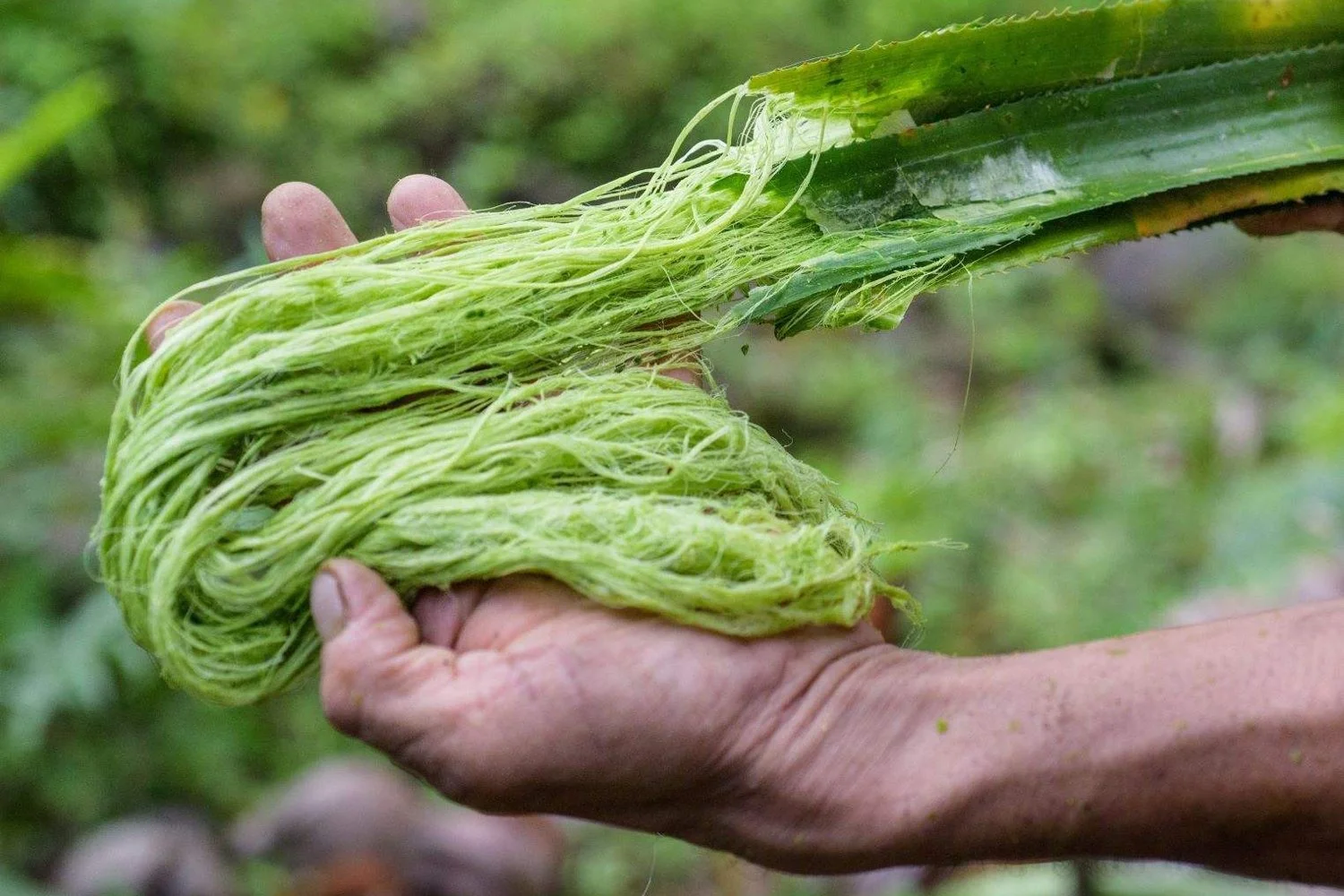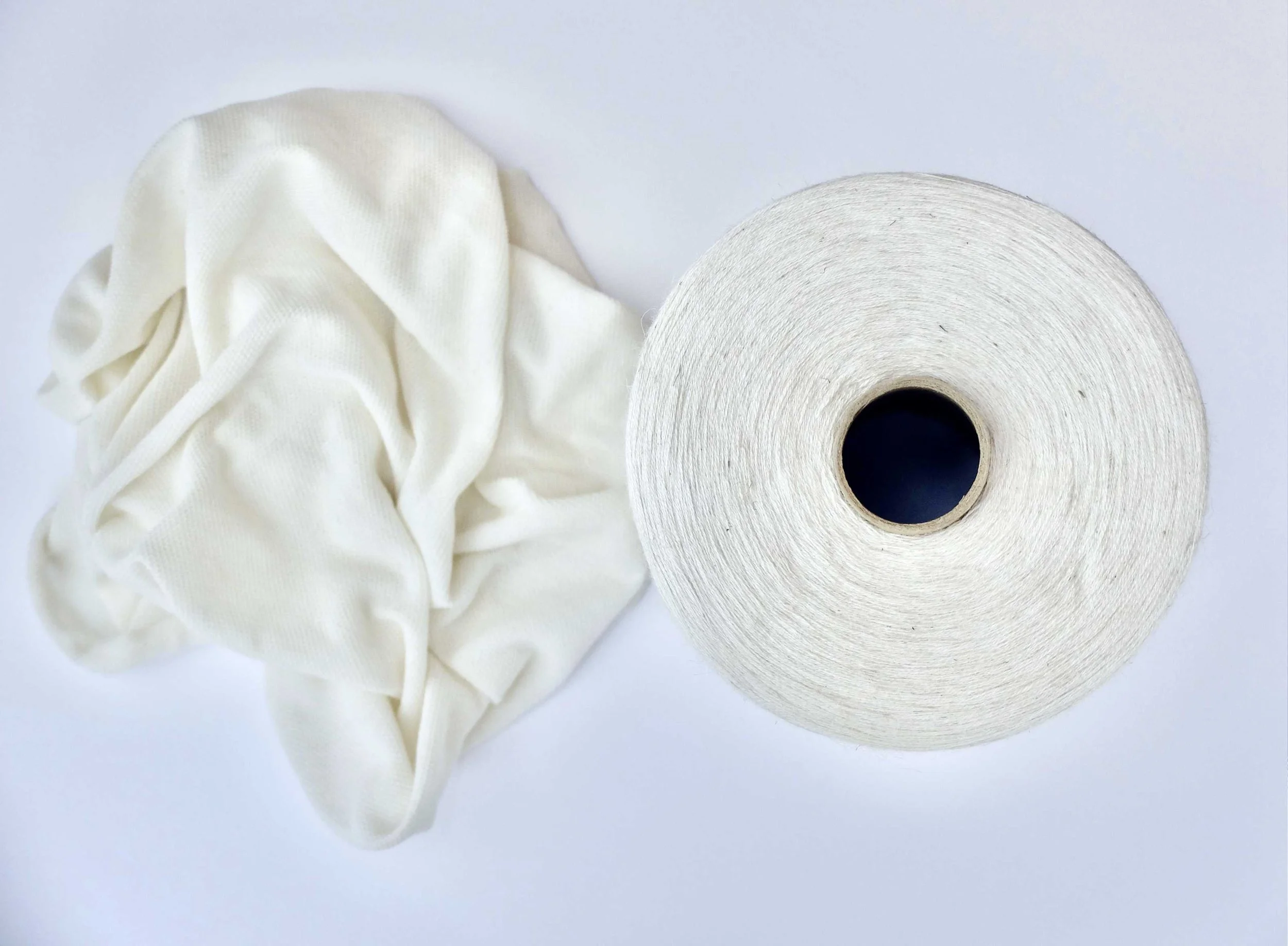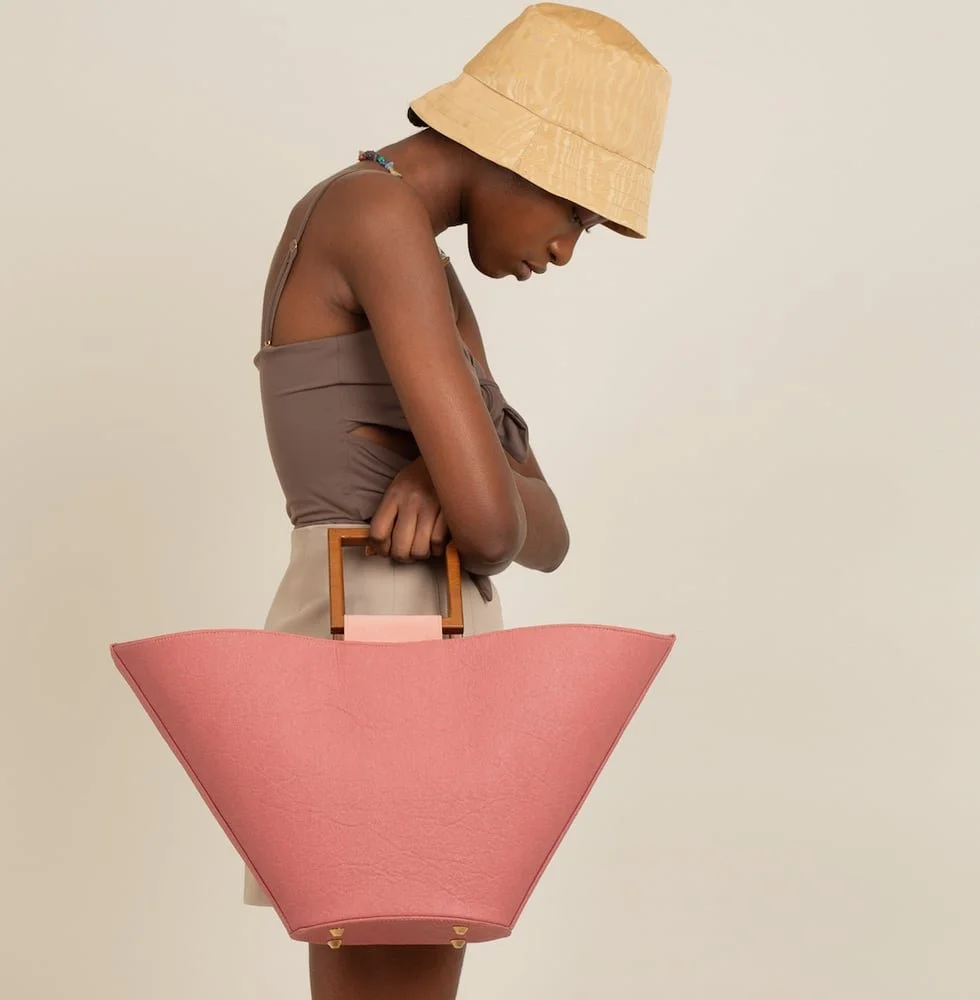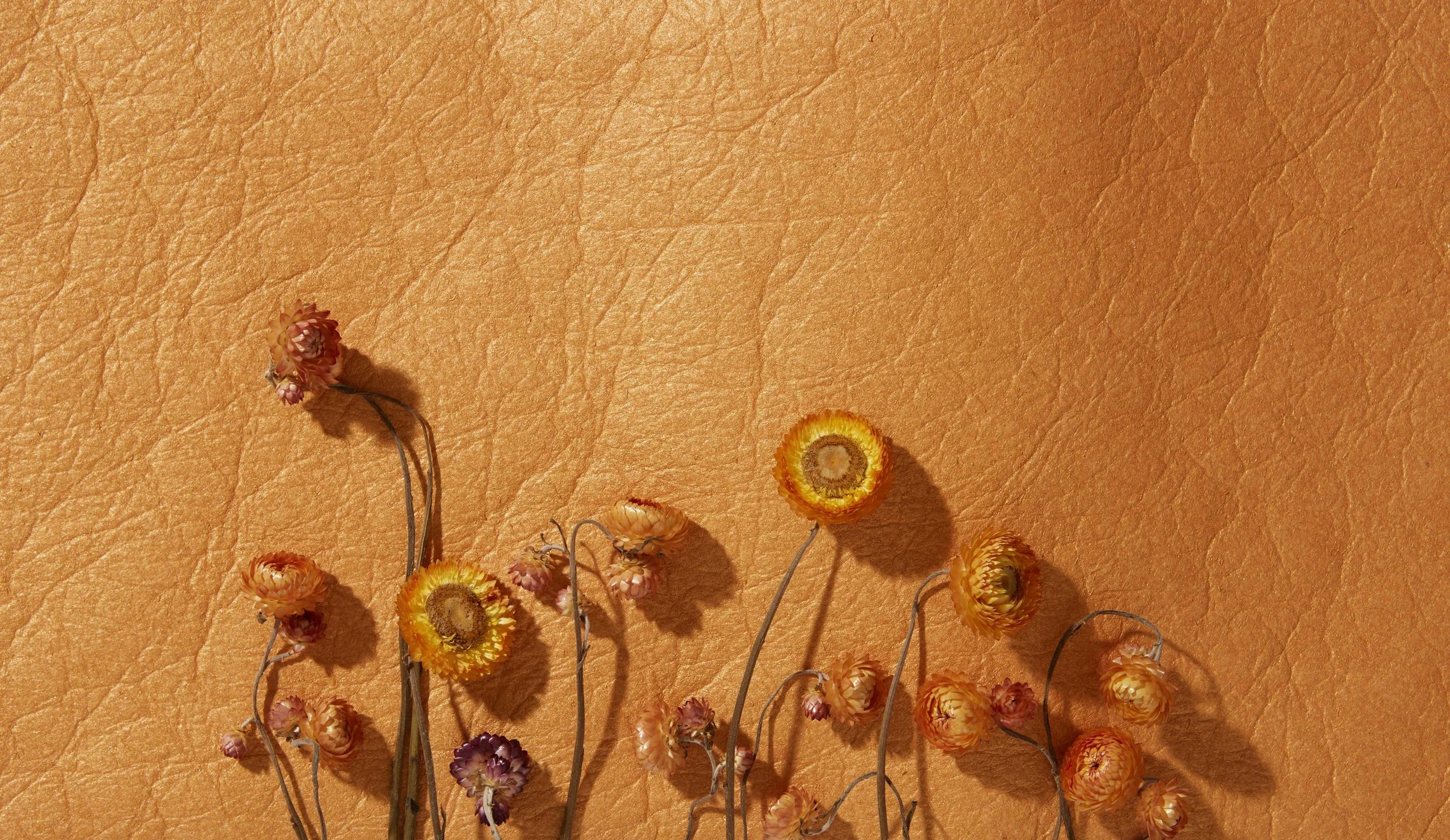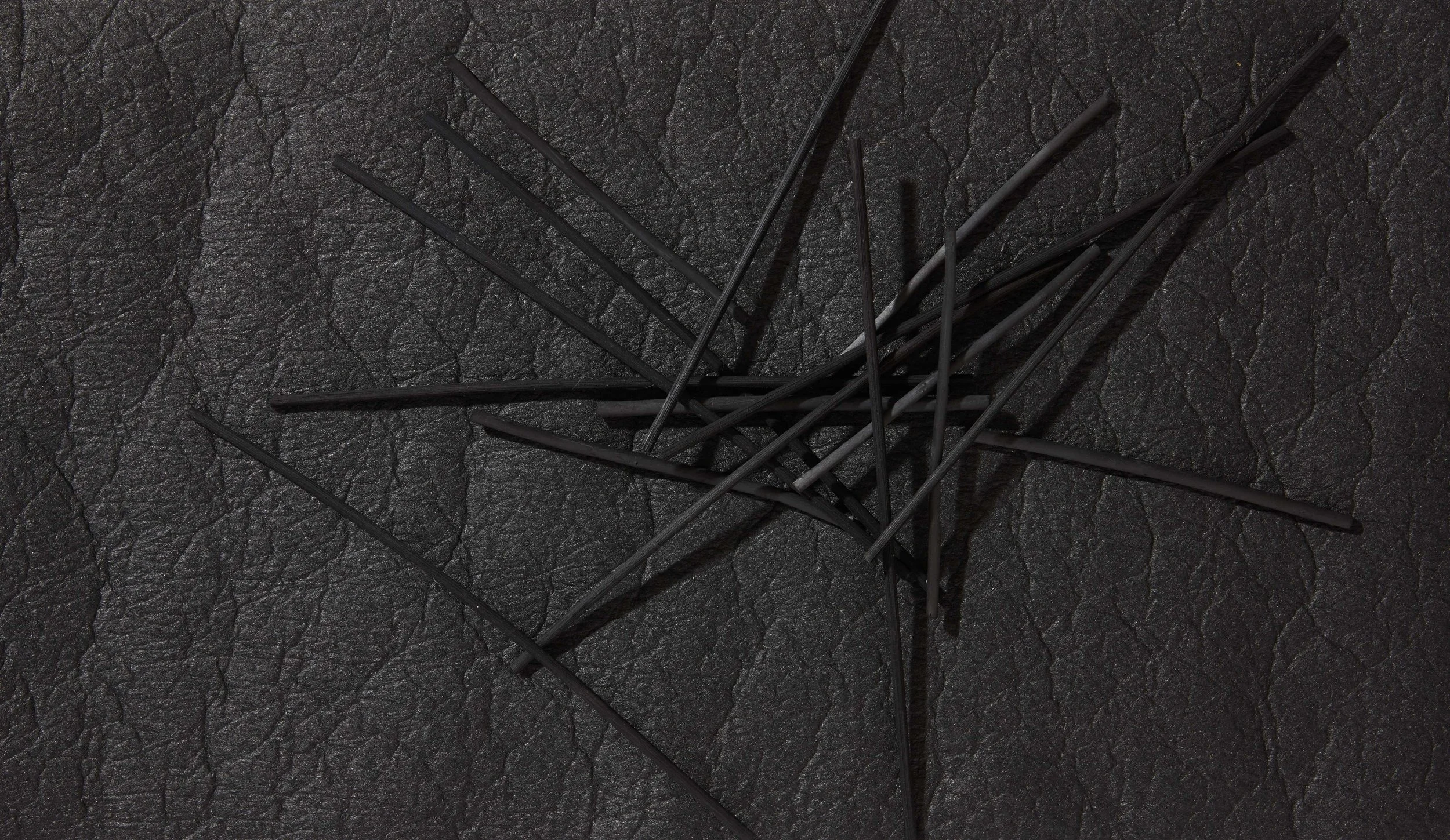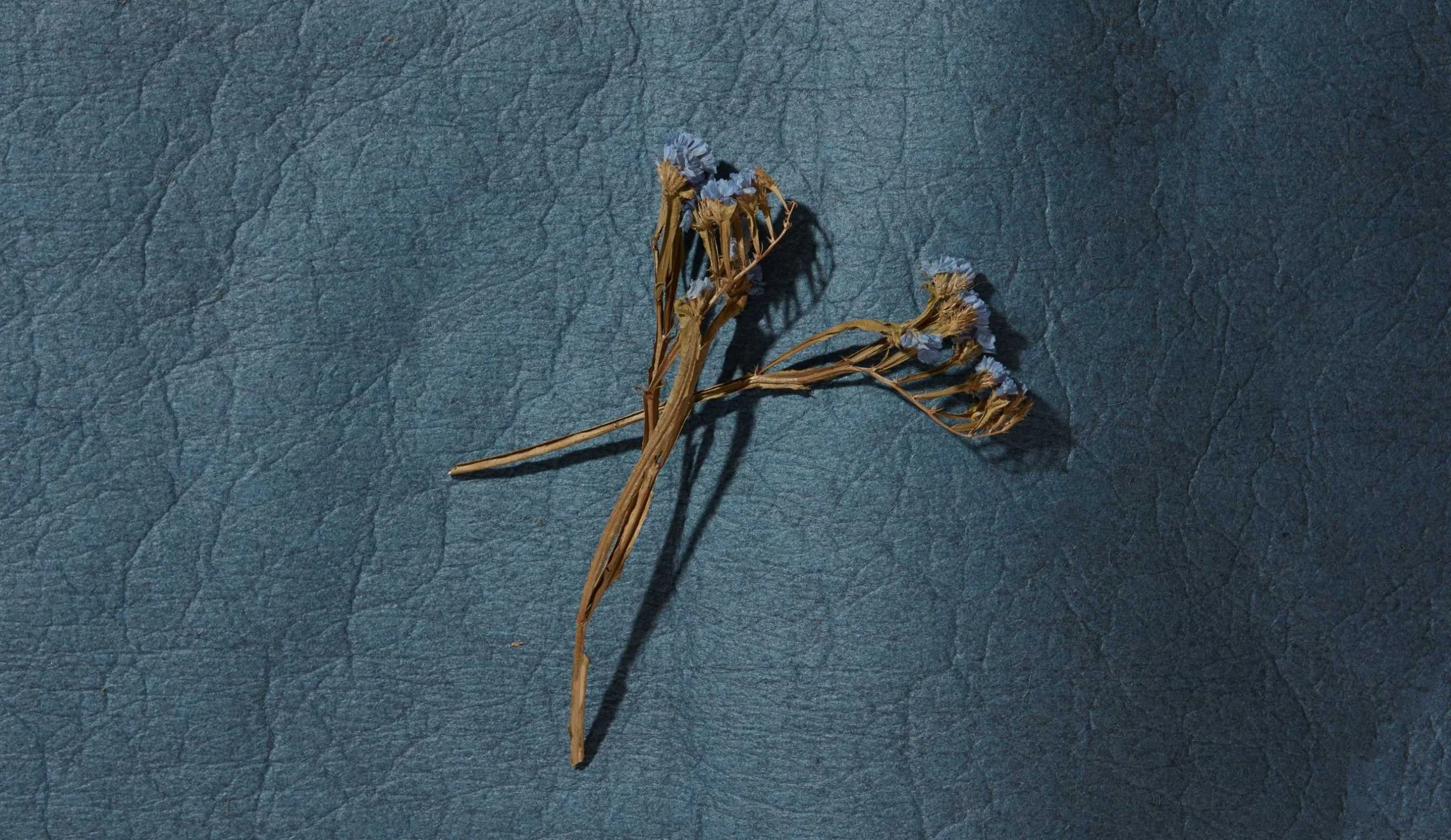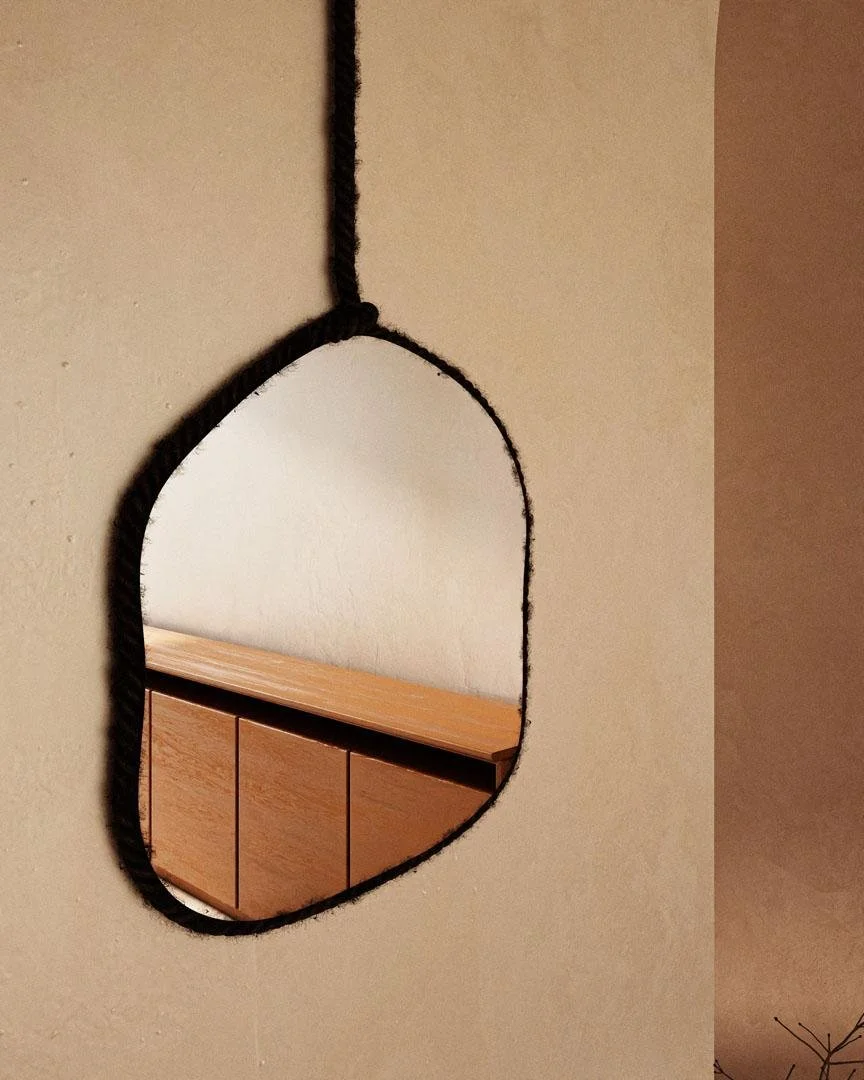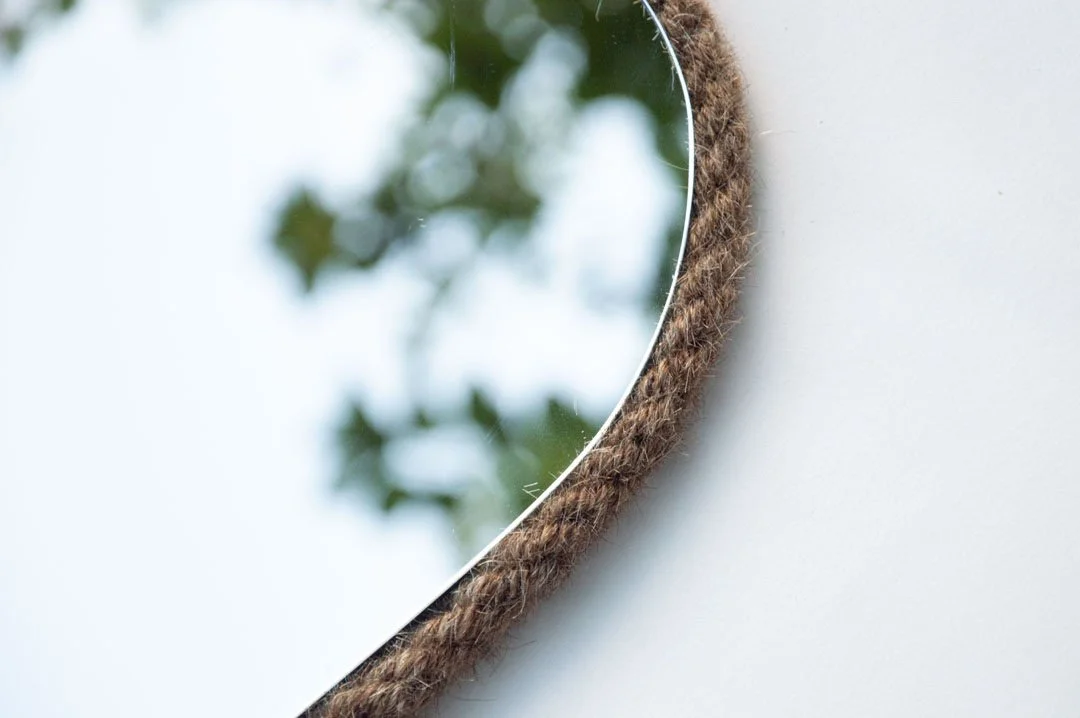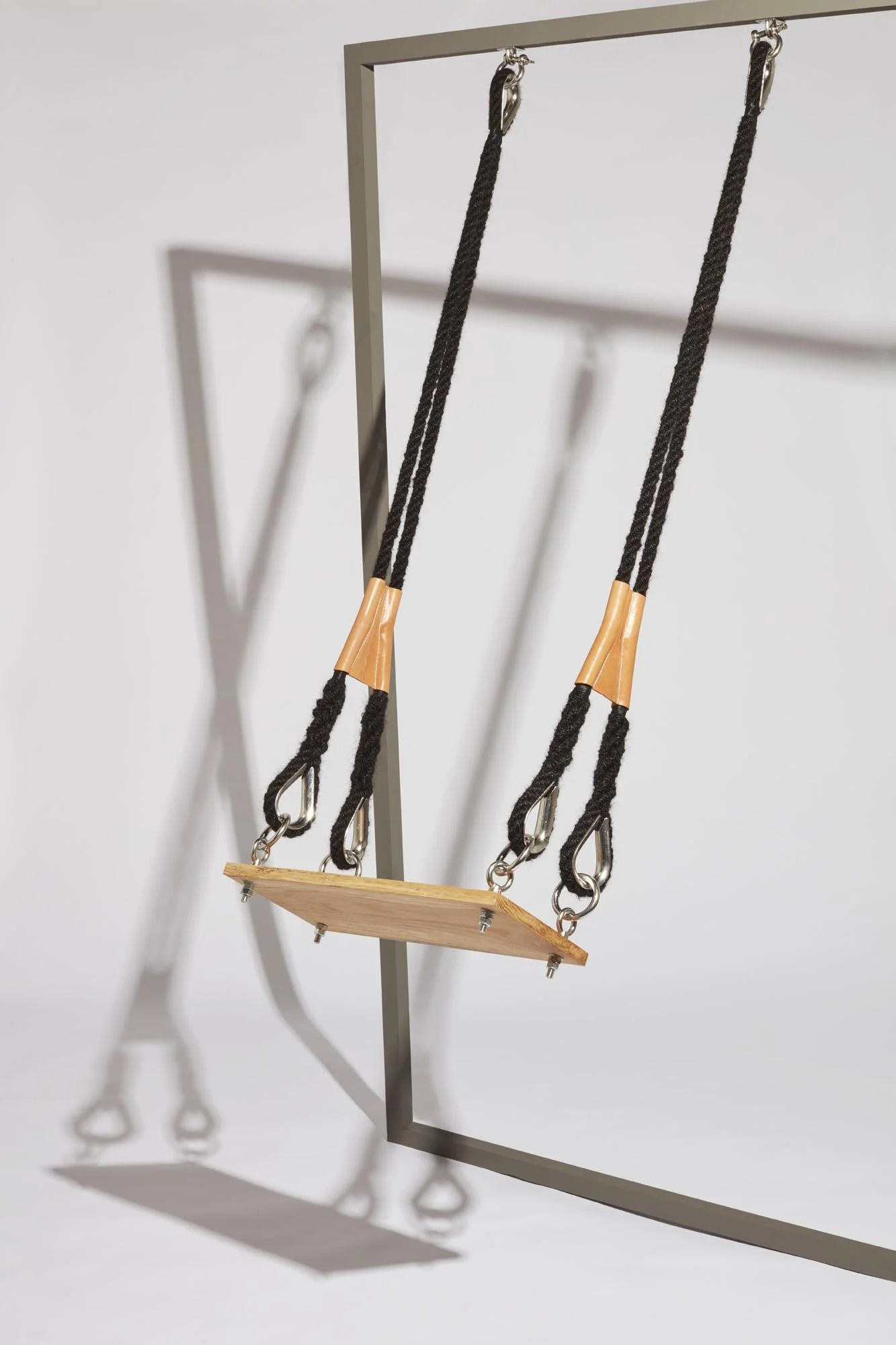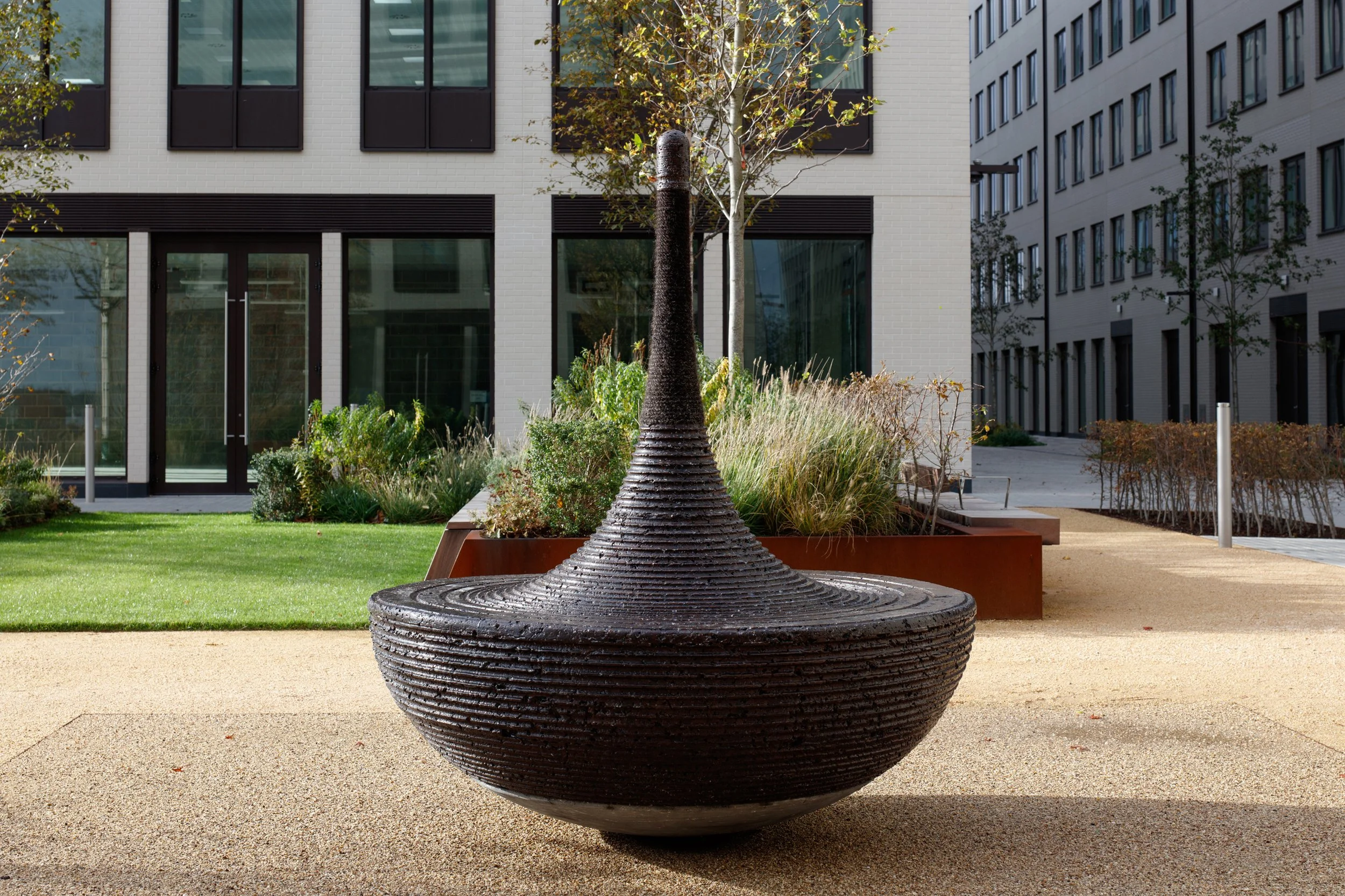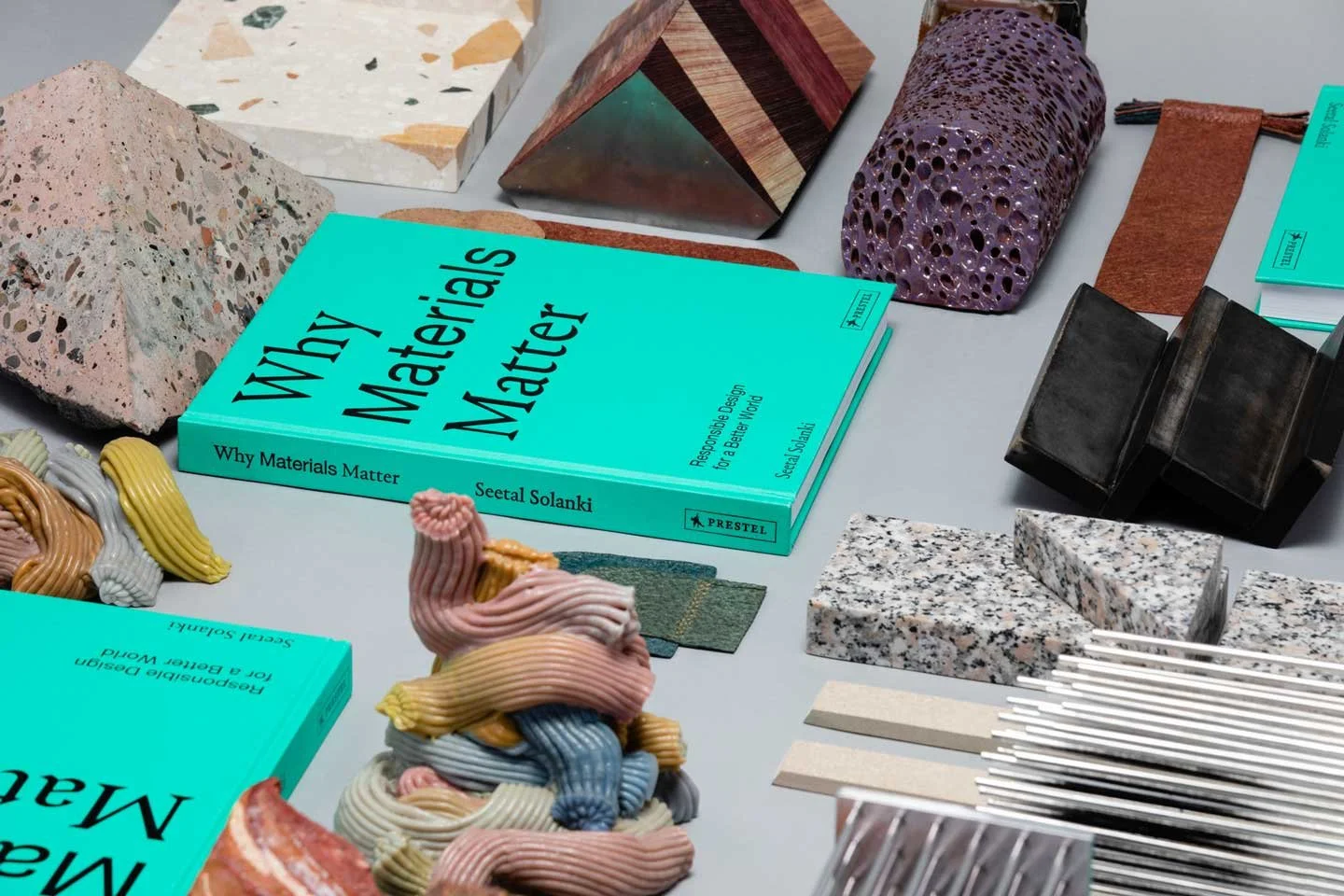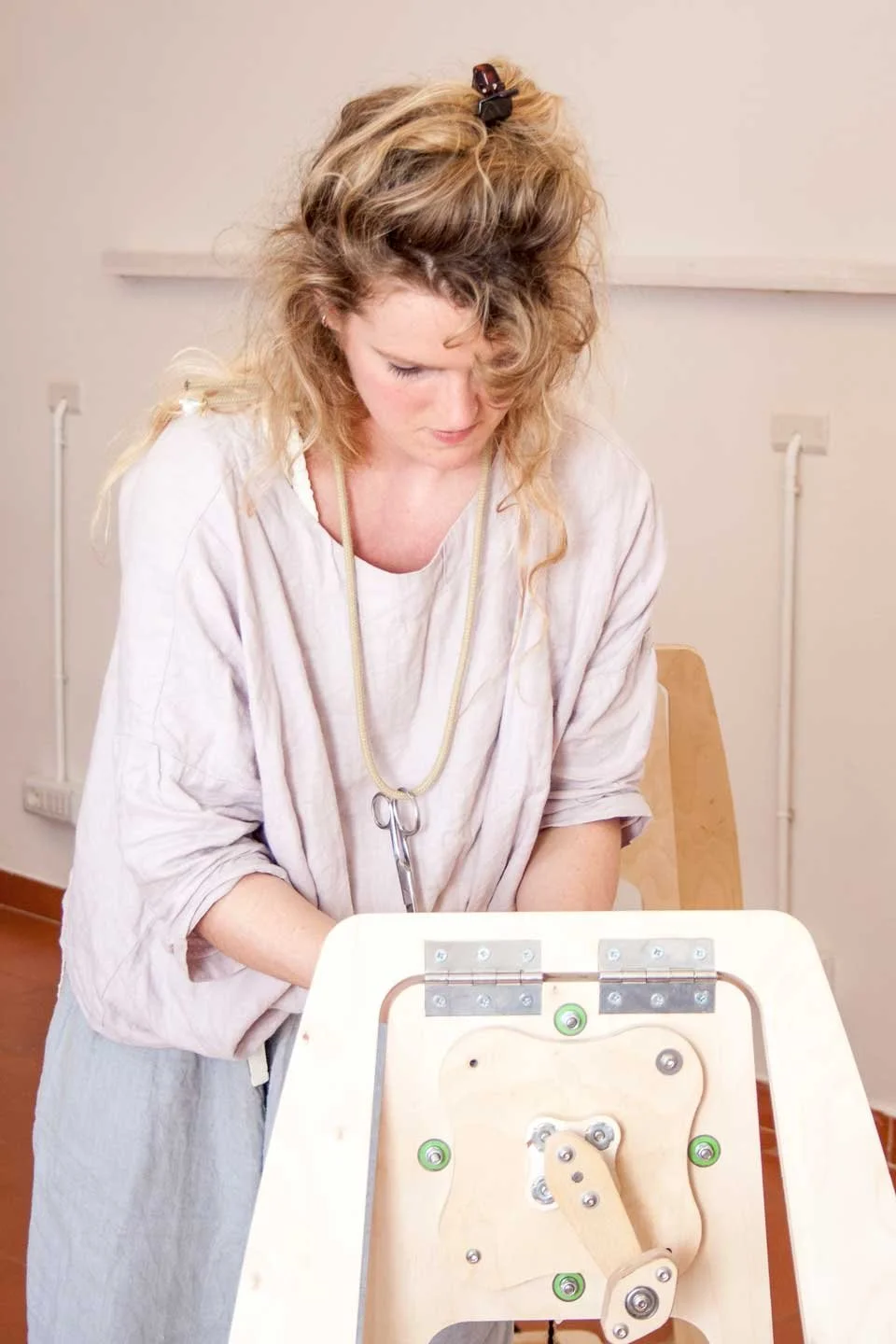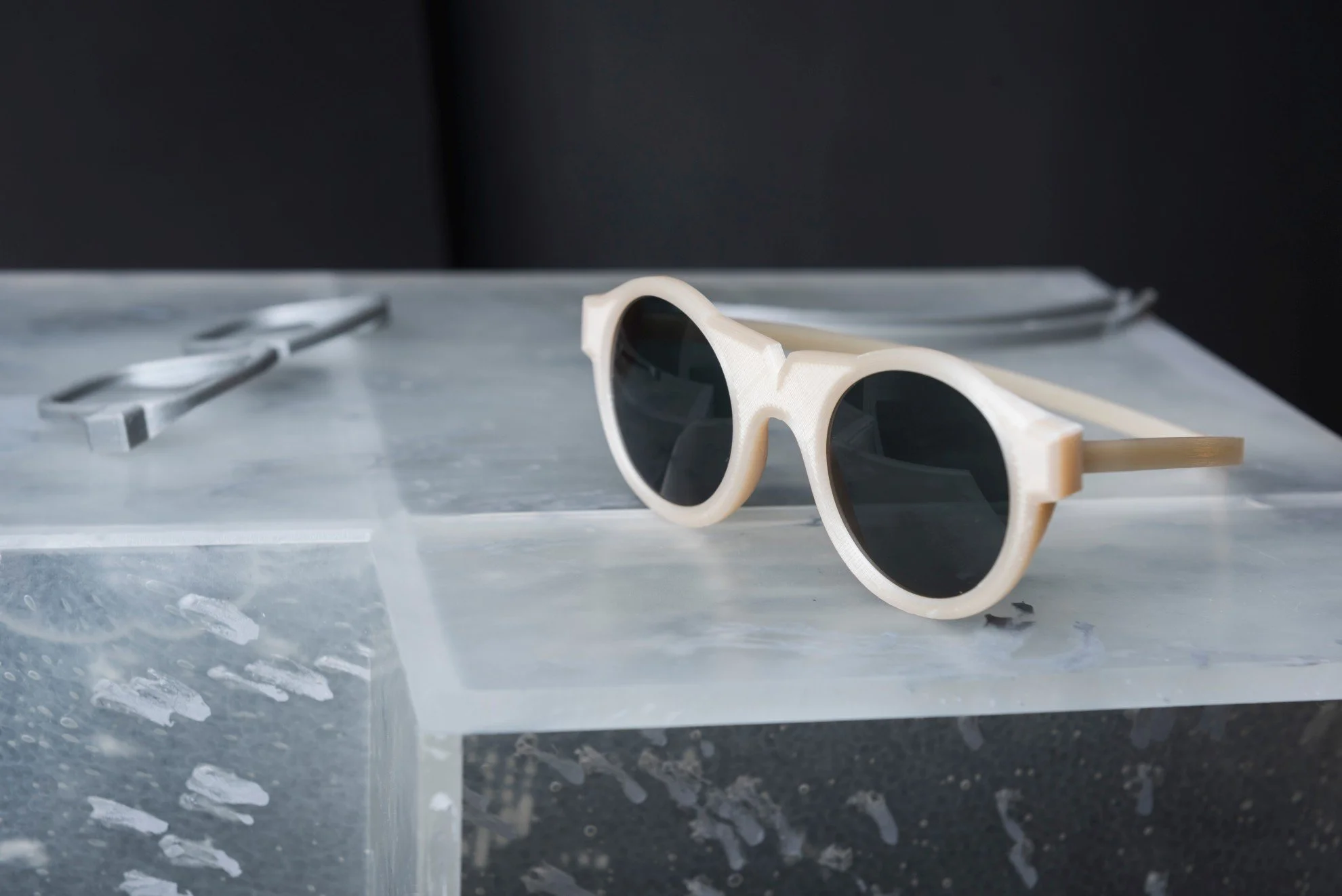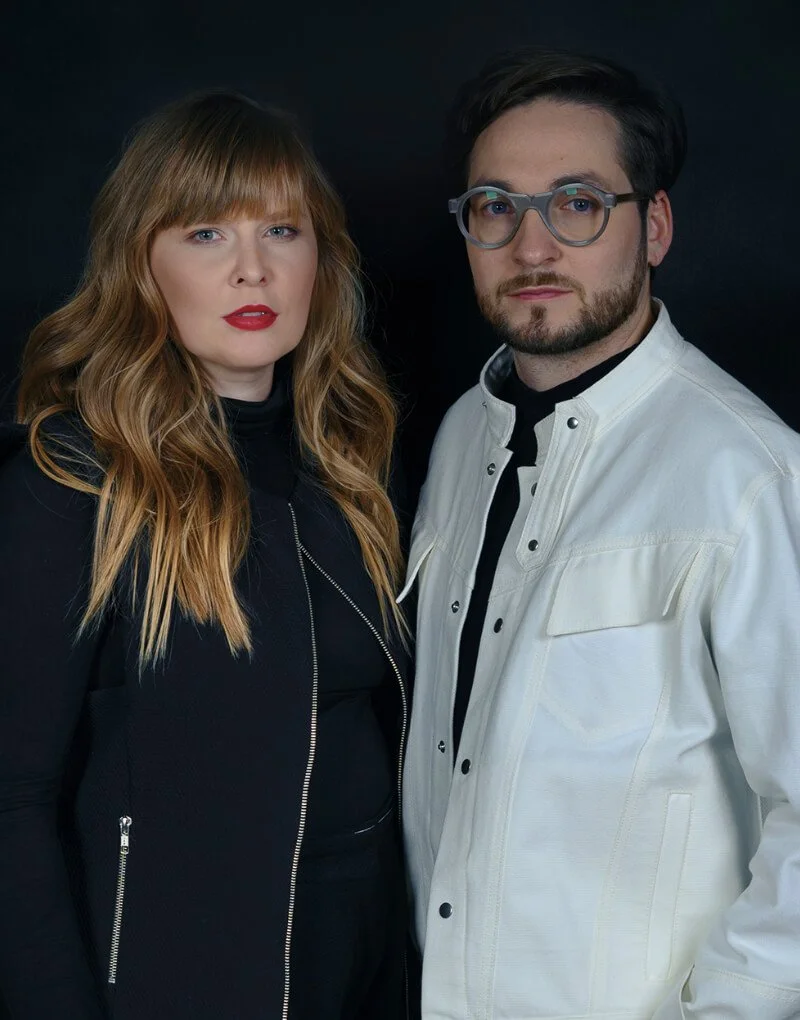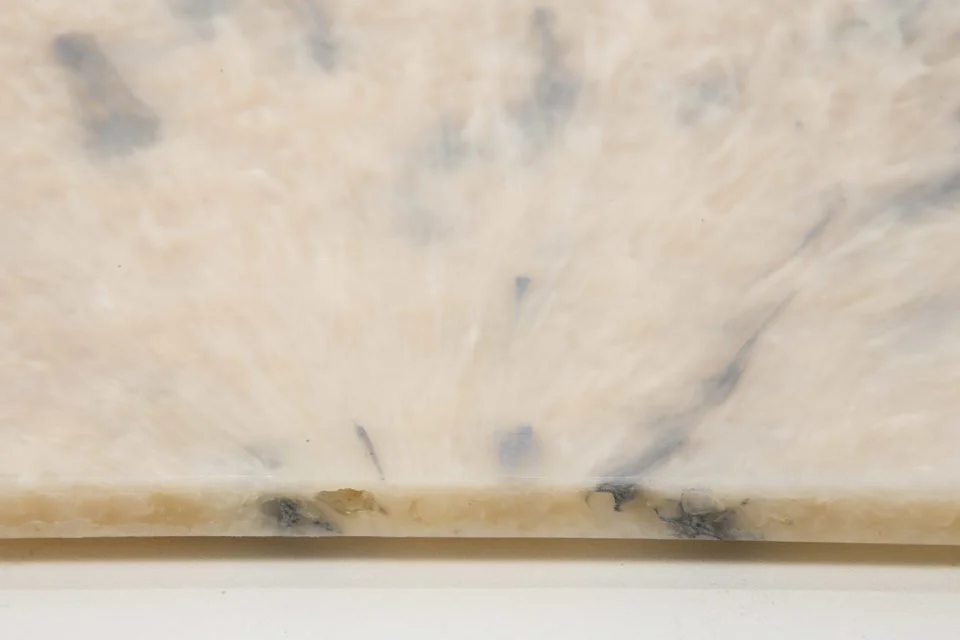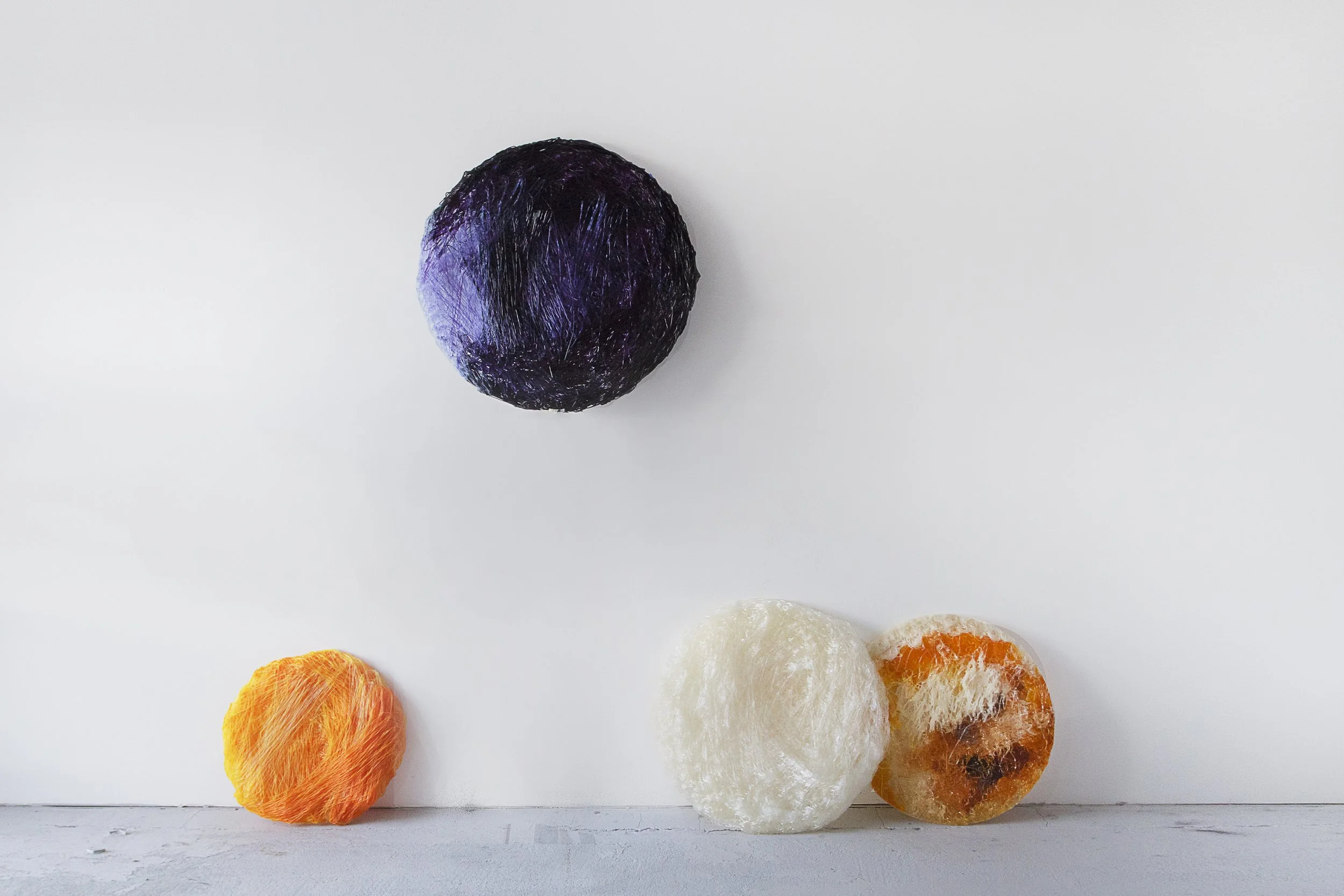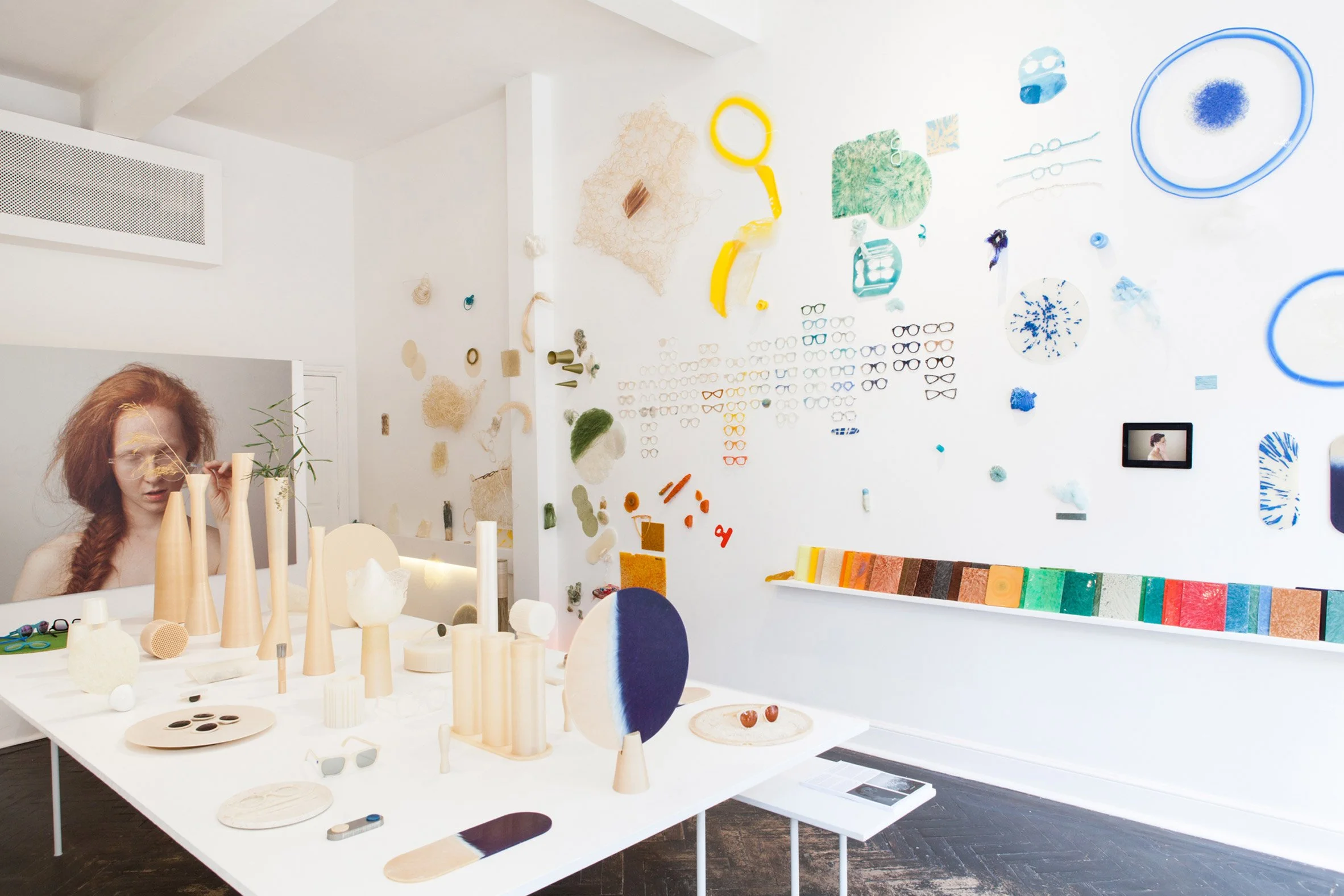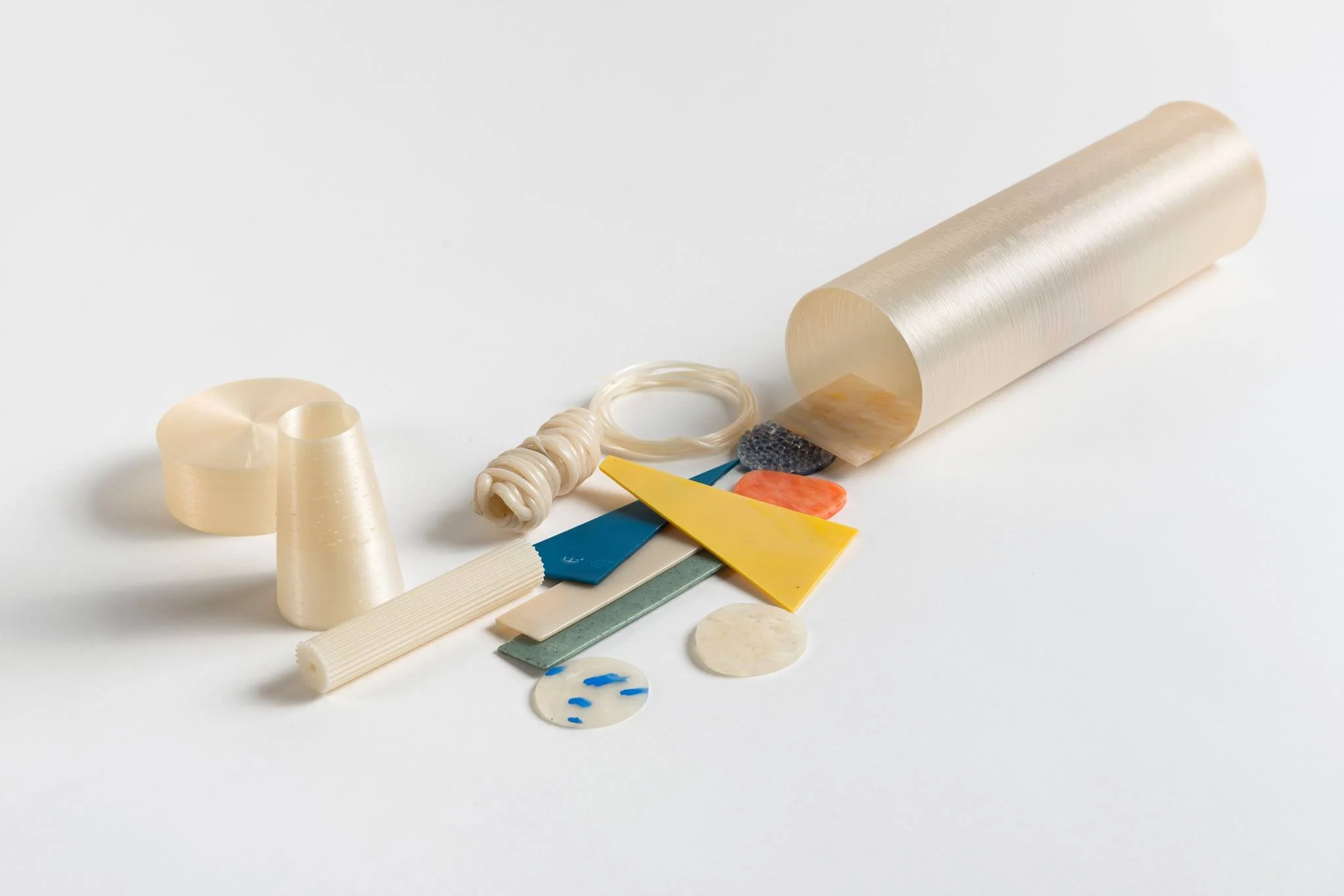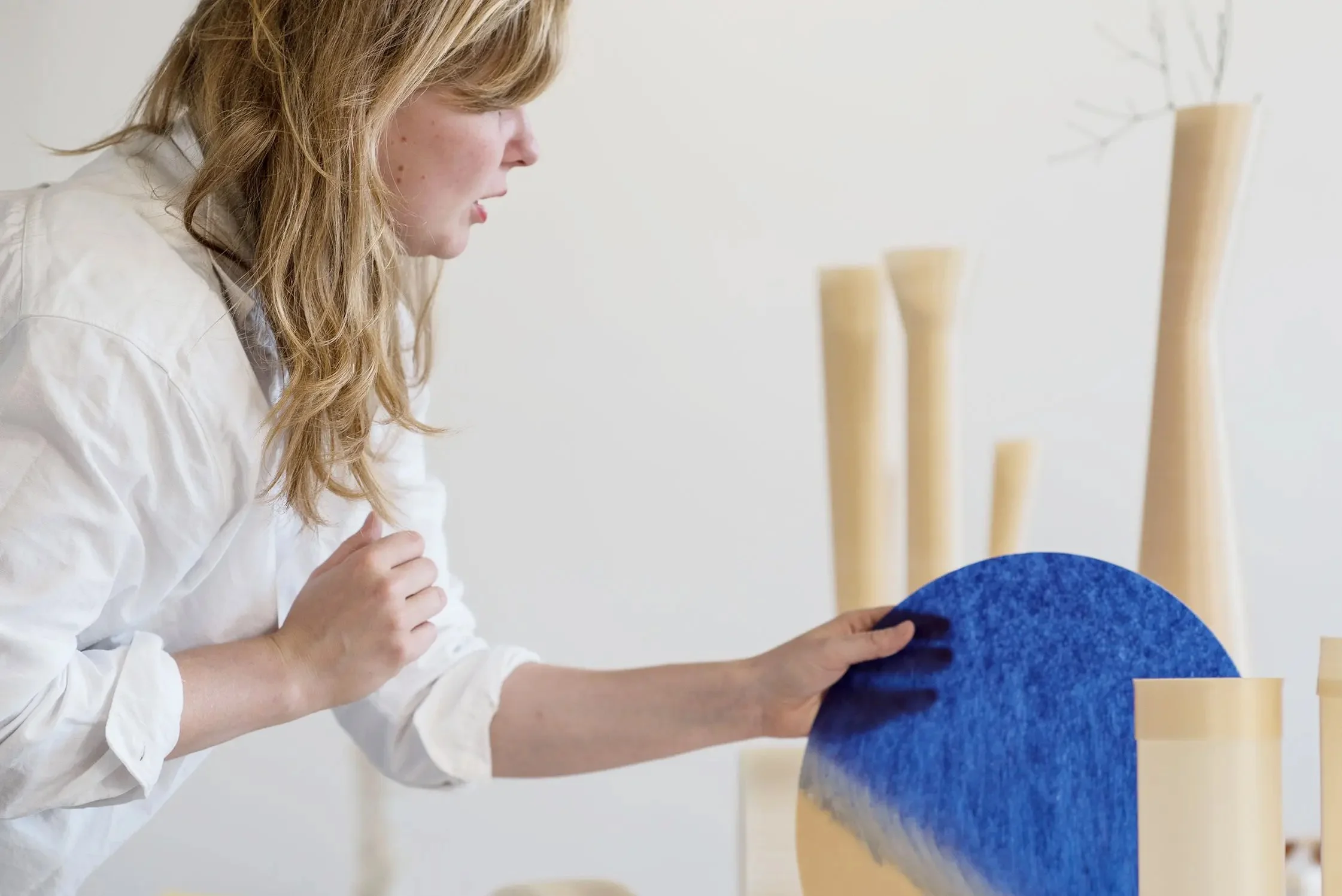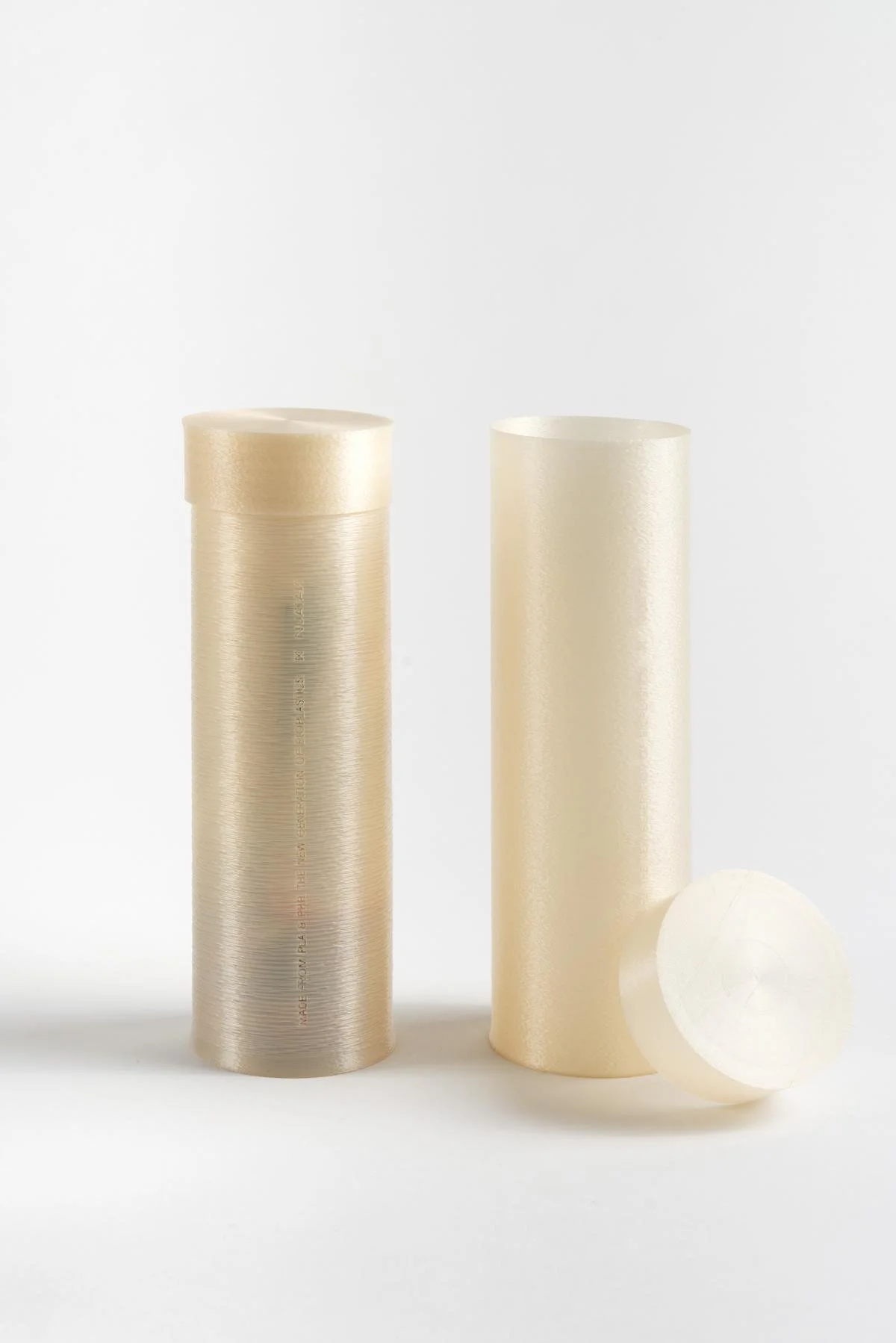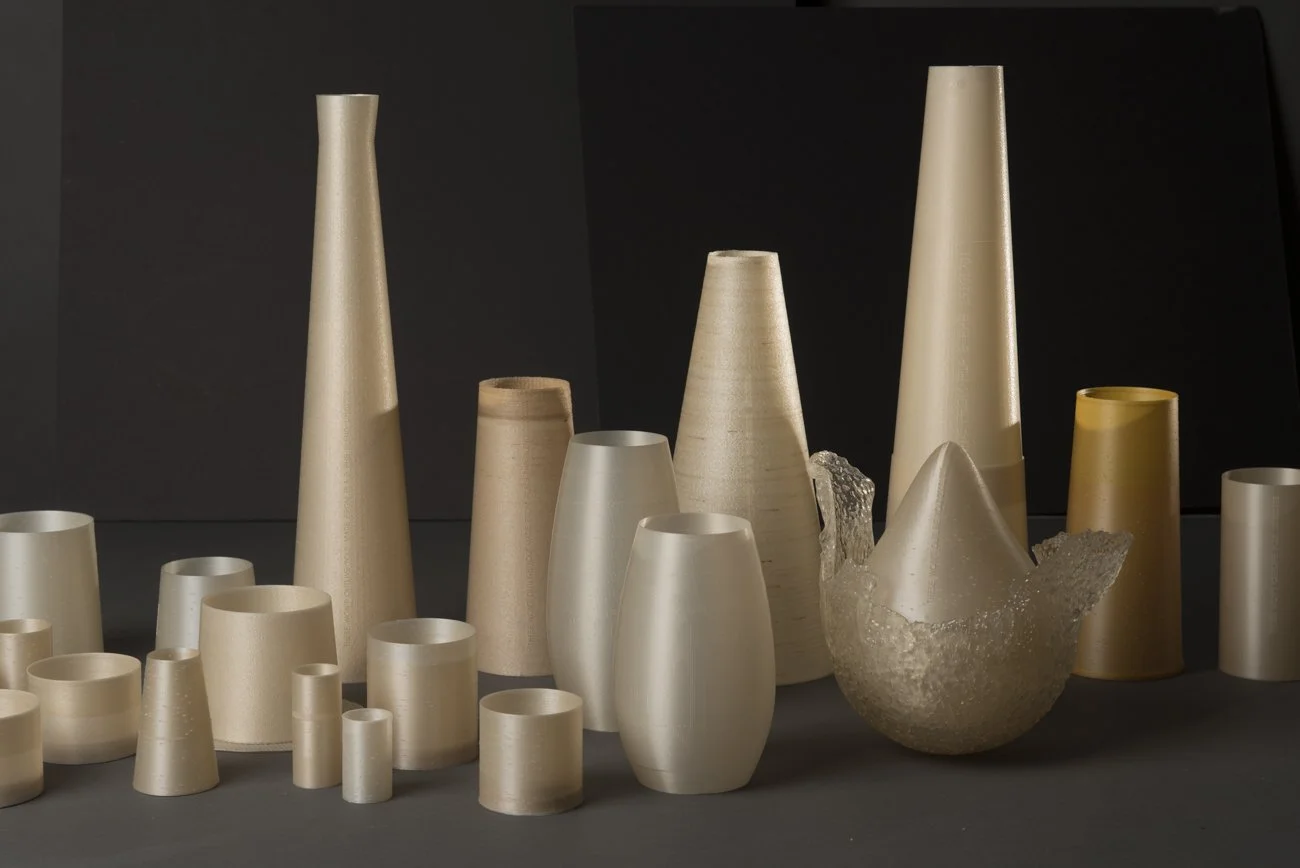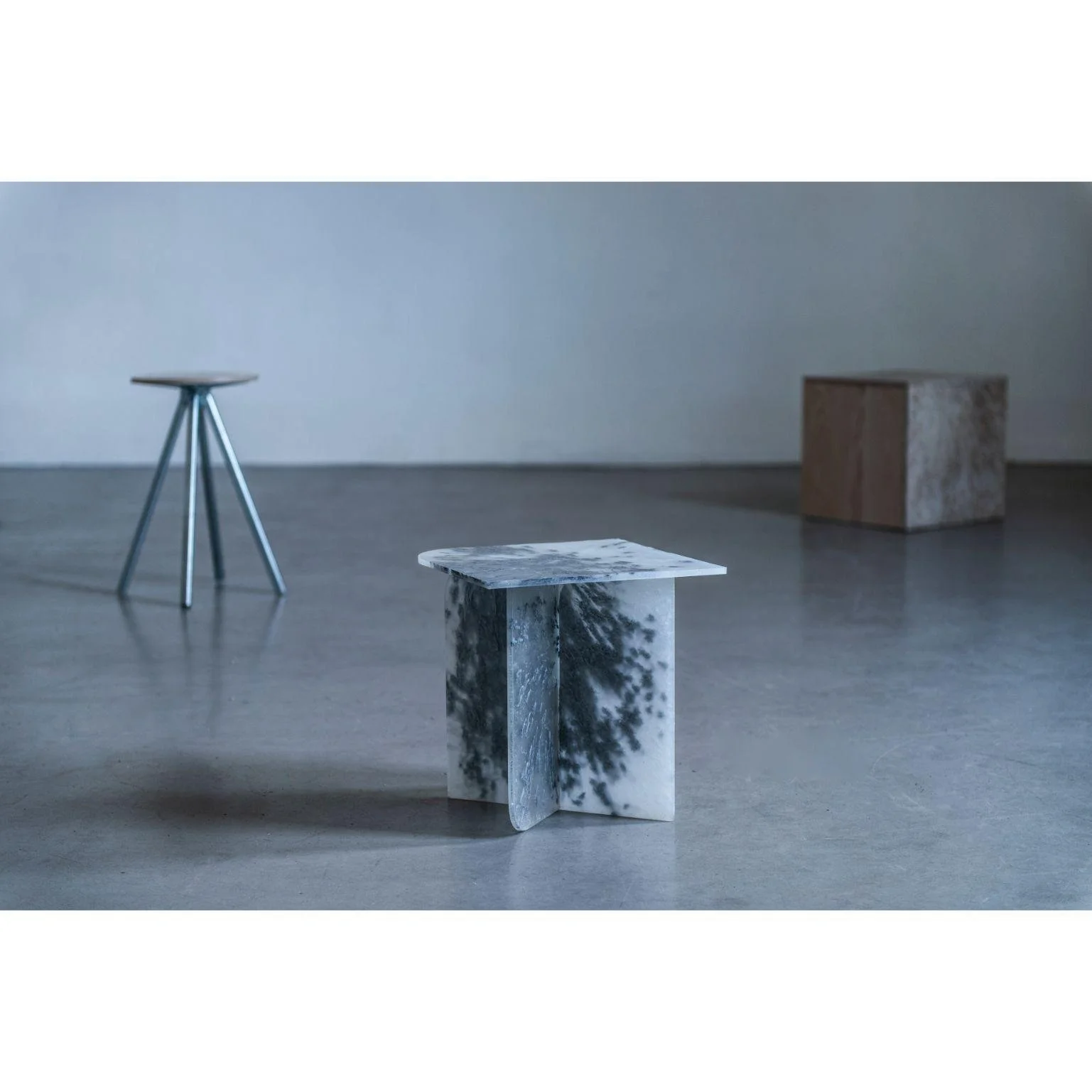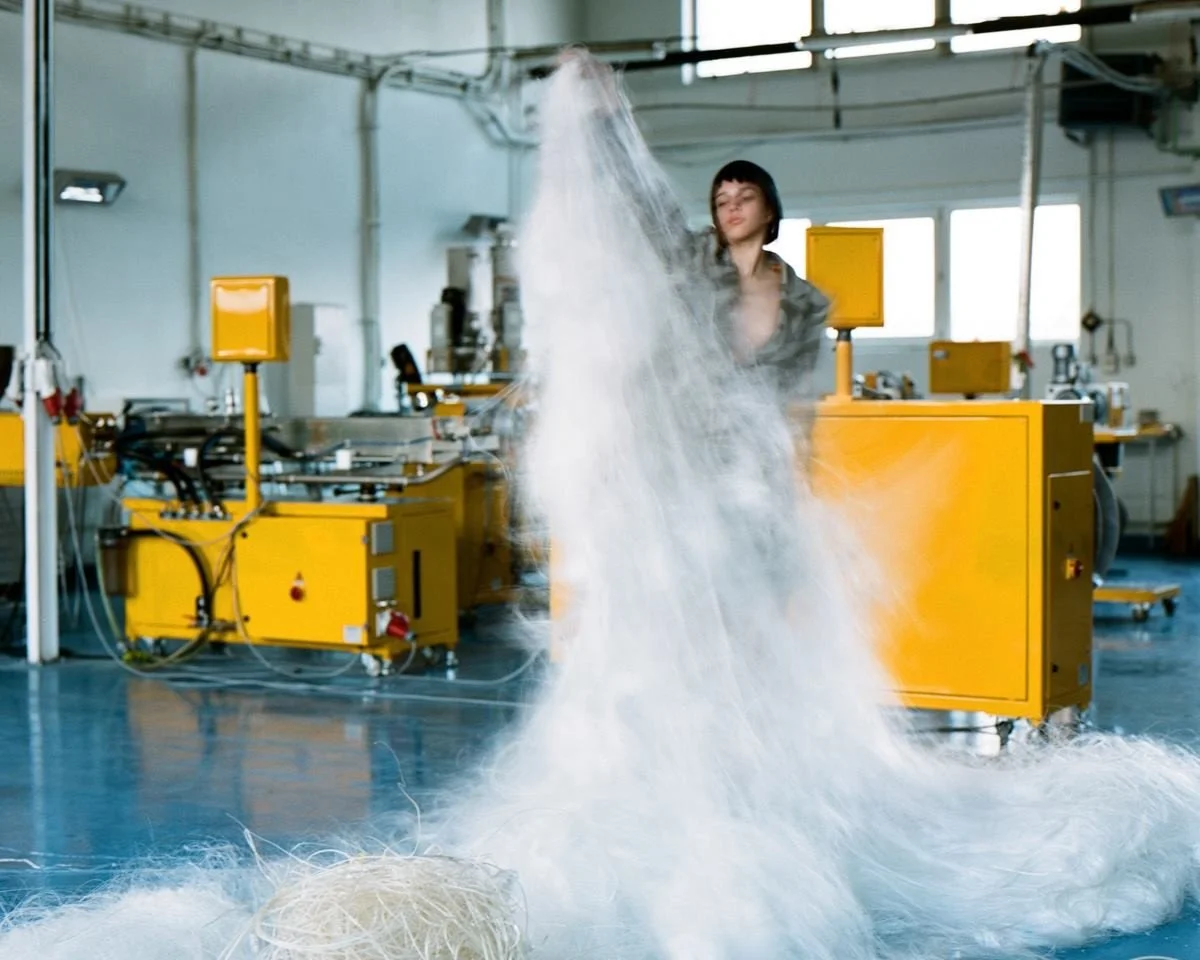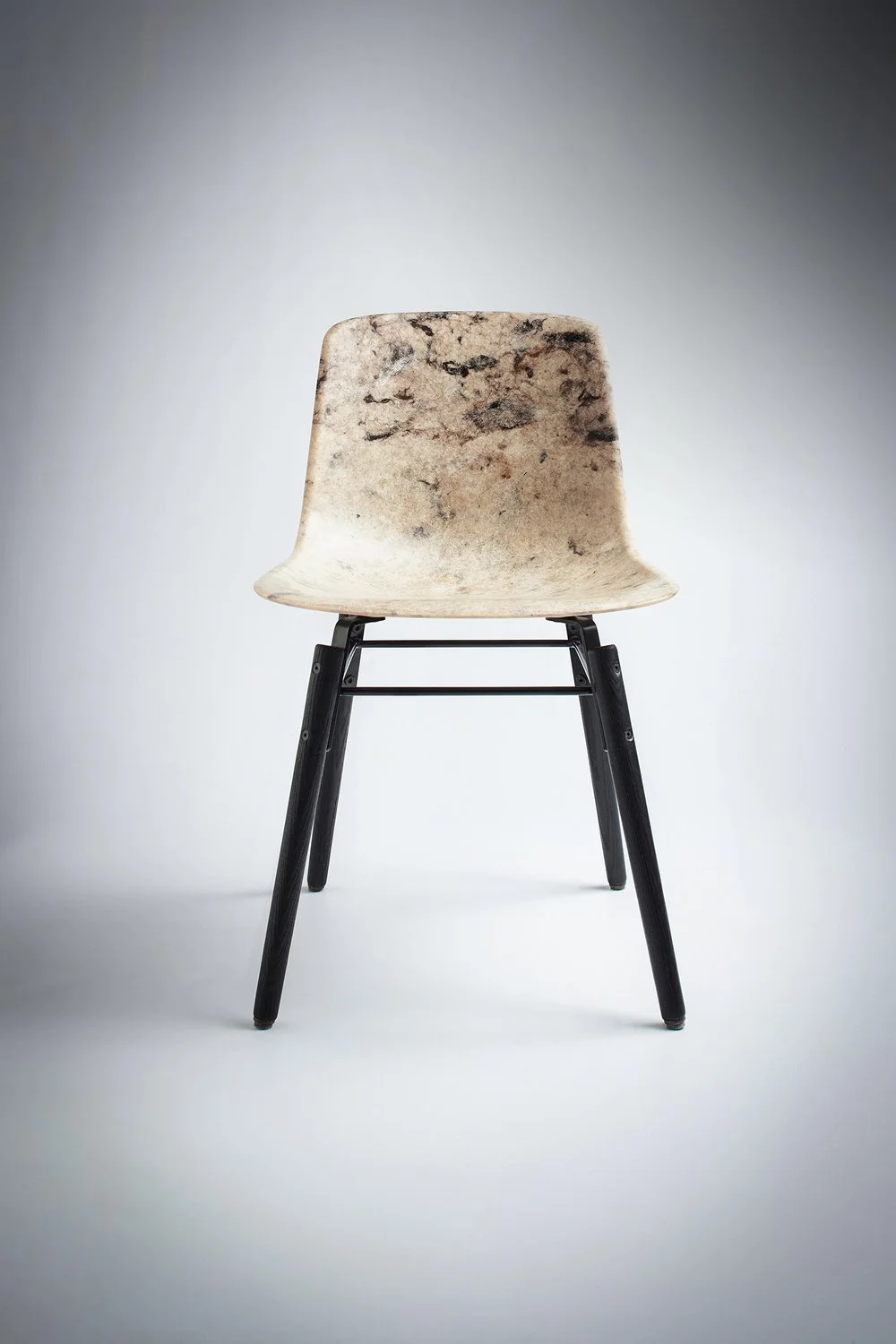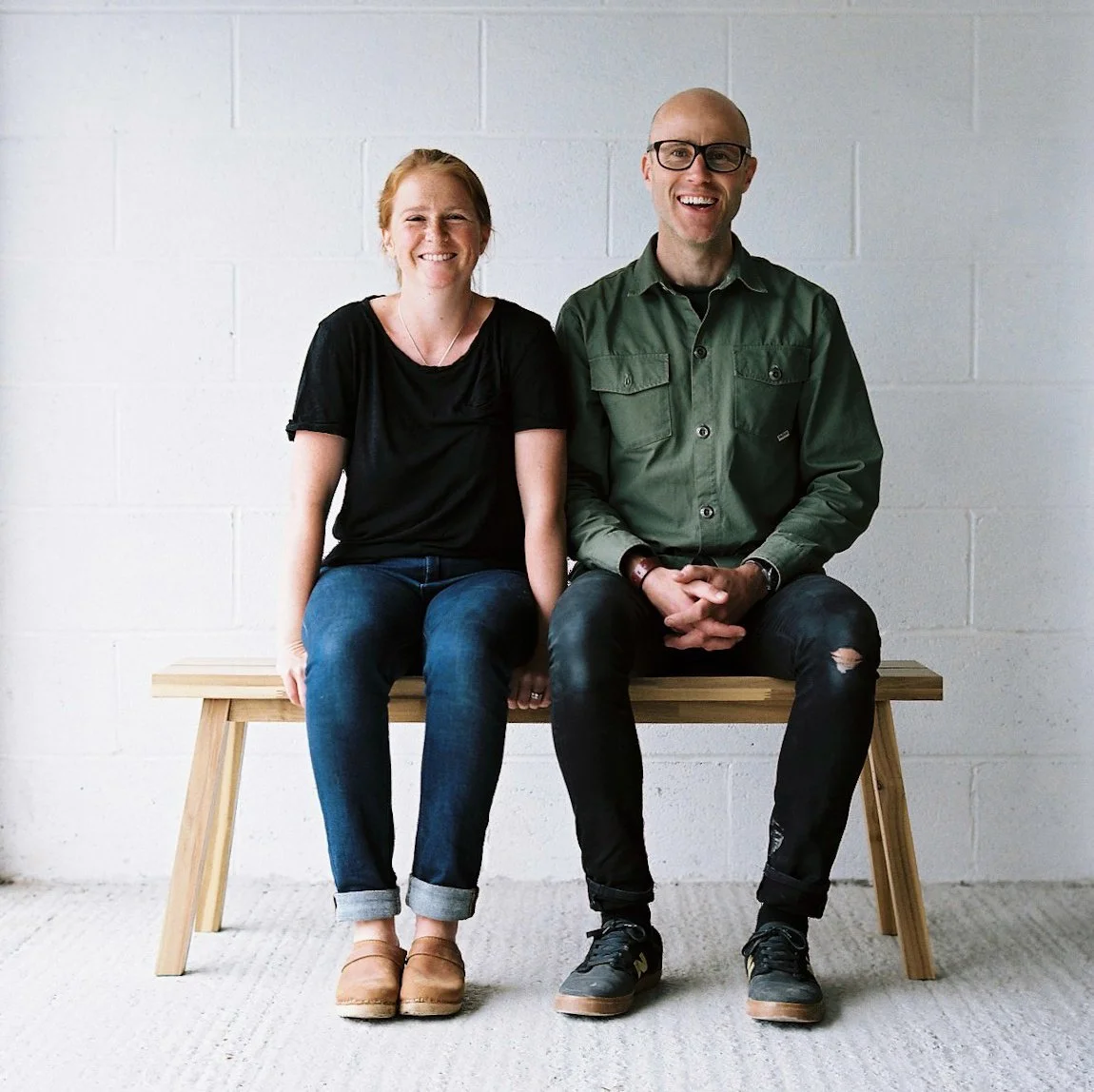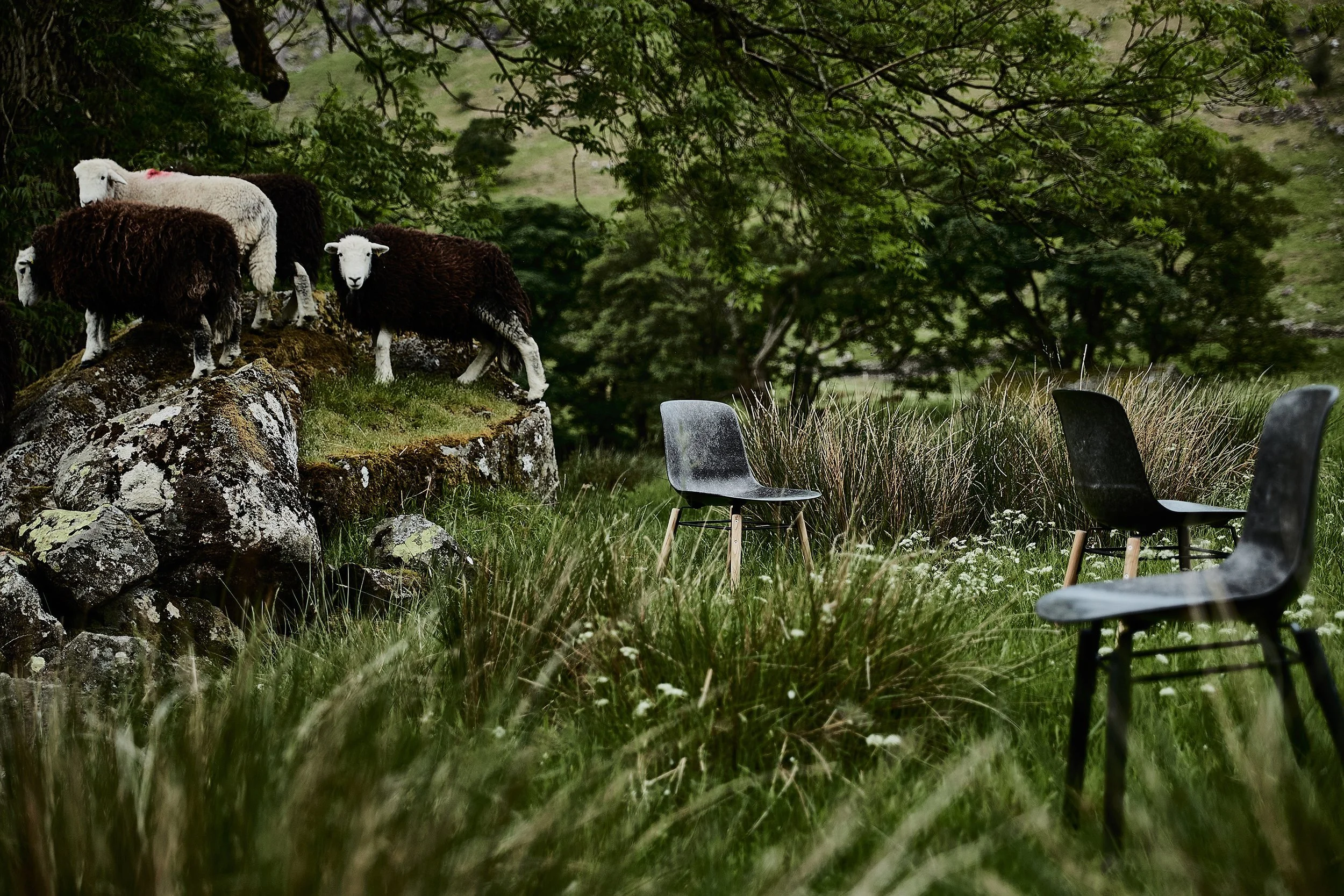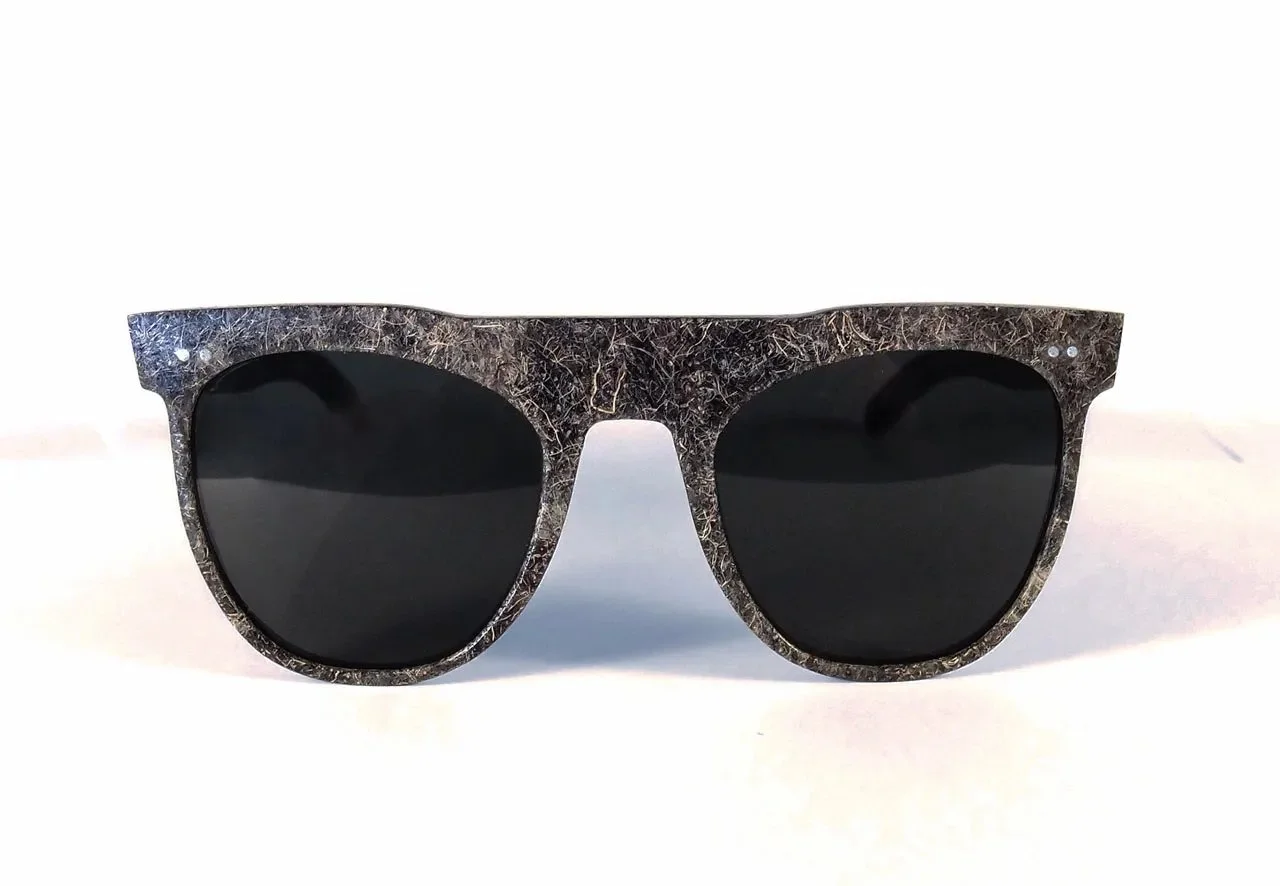 Image 1 of 14
Image 1 of 14

 Image 2 of 14
Image 2 of 14

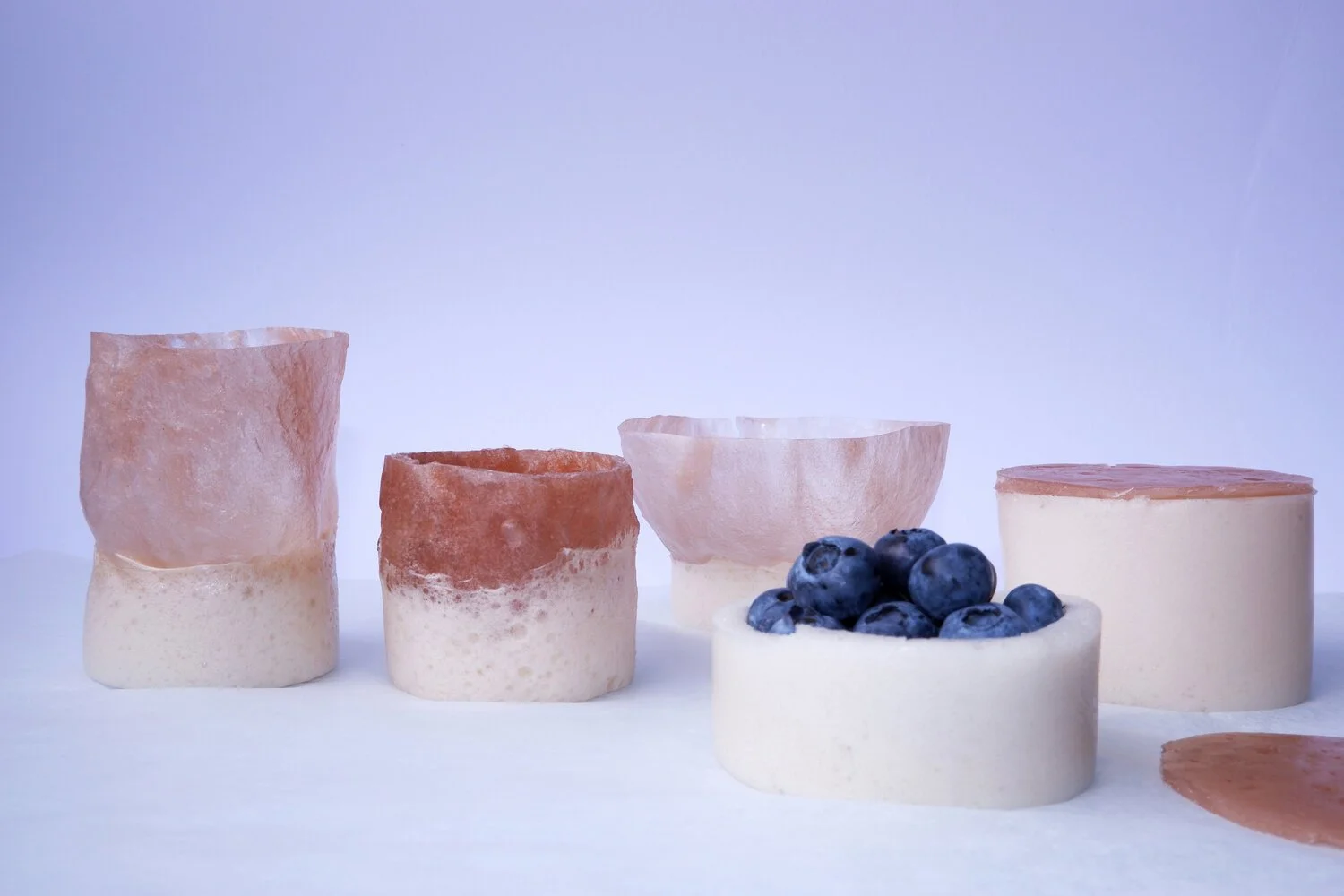 Image 3 of 14
Image 3 of 14

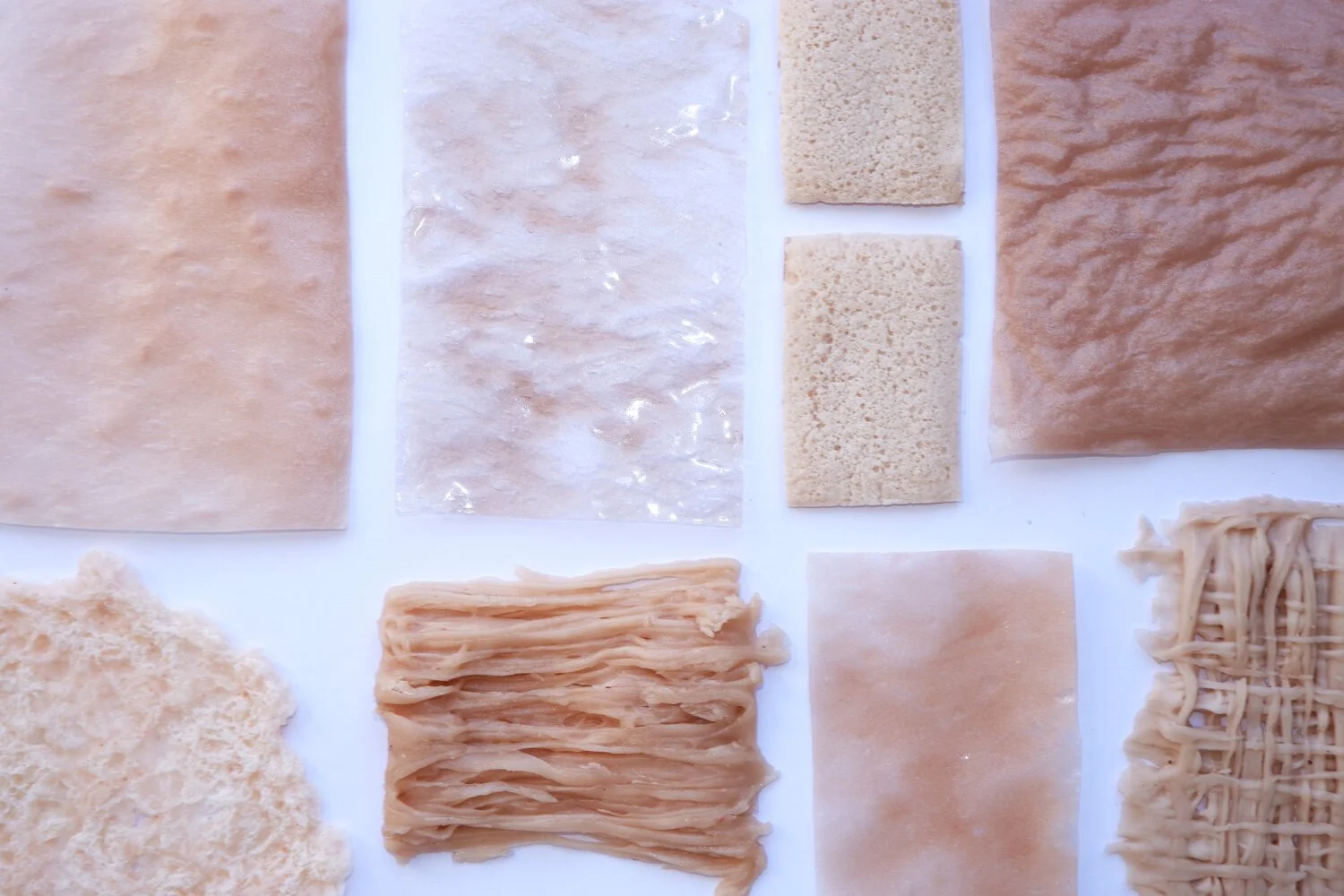 Image 4 of 14
Image 4 of 14

 Image 5 of 14
Image 5 of 14

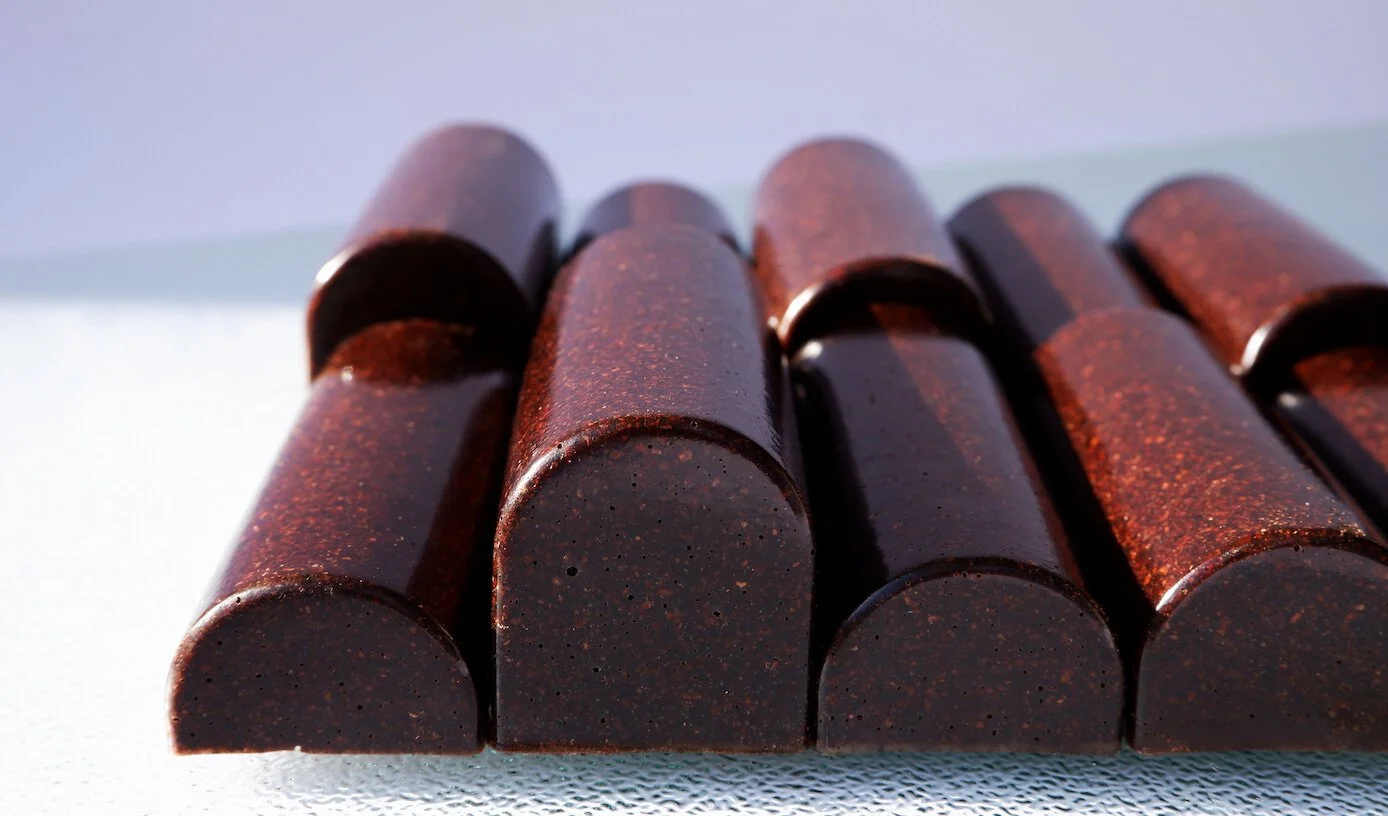 Image 6 of 14
Image 6 of 14

 Image 7 of 14
Image 7 of 14

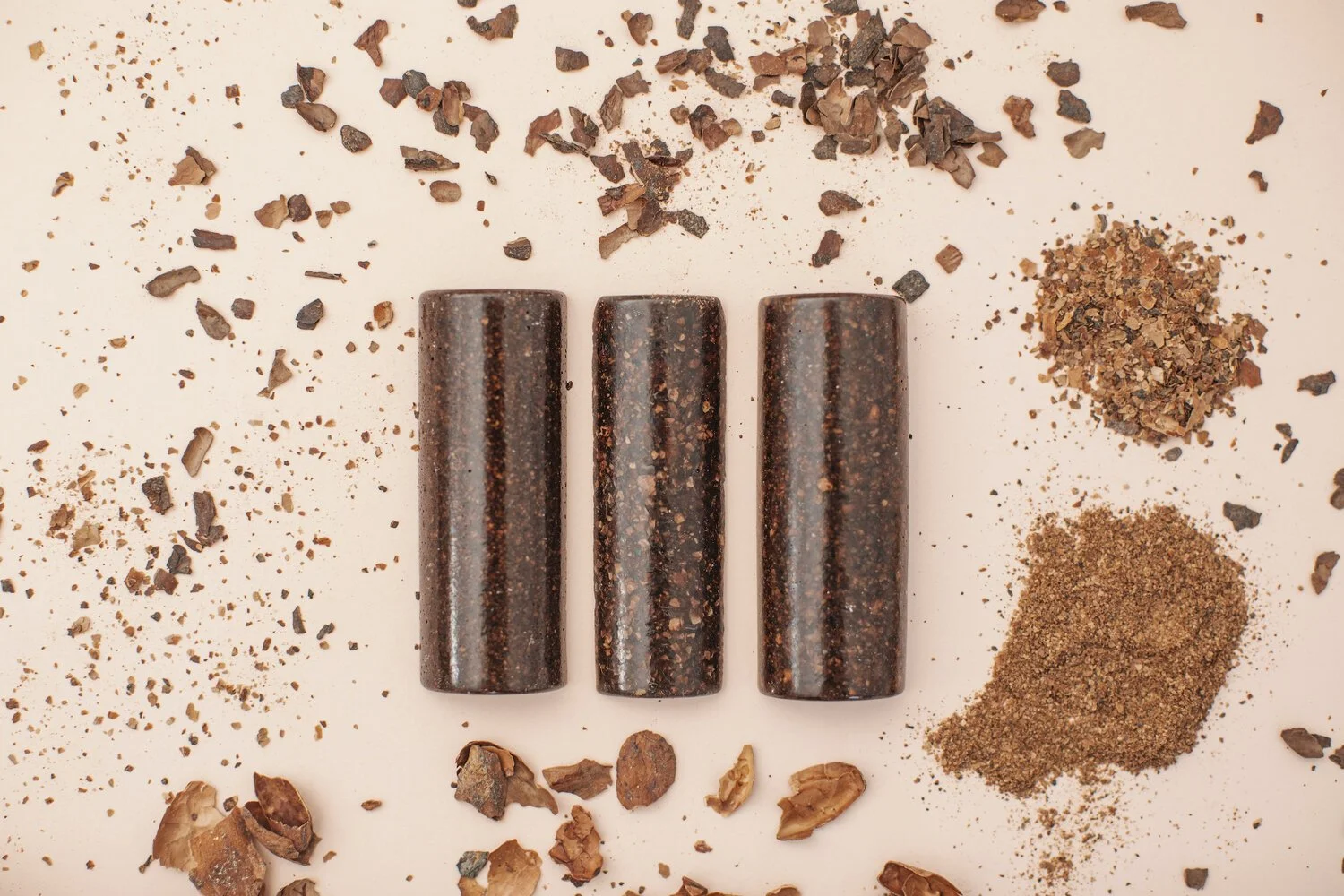 Image 8 of 14
Image 8 of 14

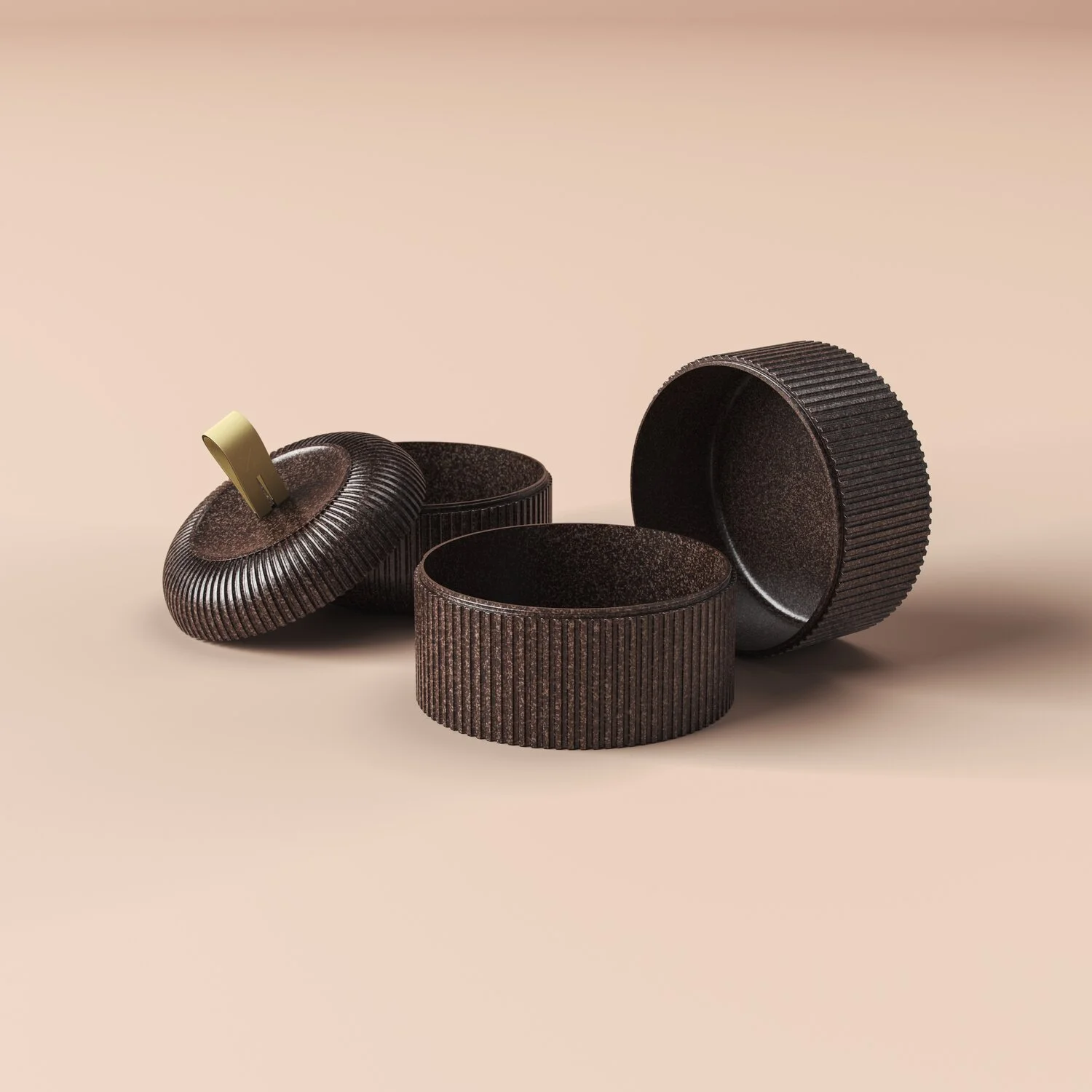 Image 9 of 14
Image 9 of 14

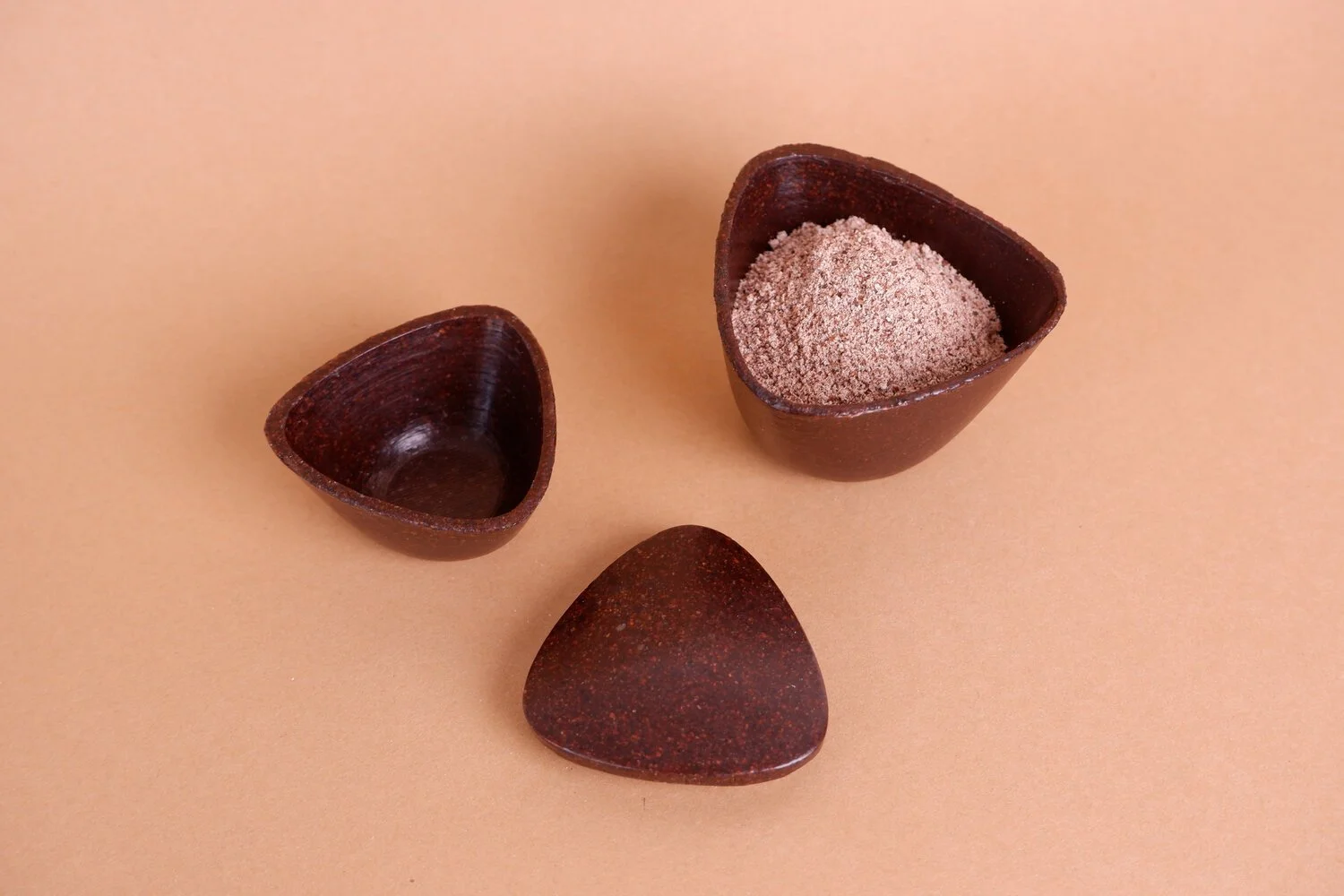 Image 10 of 14
Image 10 of 14

 Image 11 of 14
Image 11 of 14

 Image 12 of 14
Image 12 of 14

 Image 13 of 14
Image 13 of 14

 Image 14 of 14
Image 14 of 14















Paula Nerlich explores earth-centred design and futures thinking
Paula Nerlich is a material designer, trend researcher, and educator based in Newcastle, UK. She established her practice with the mission to explore circular design, Earth-centred design, and futures thinking. Nerlich's current mission focuses on developing innovative biomaterials from food waste and industrial surplus, promoting sustainability and circular economy principles in design. Core values include innovation, sustainability, and cross-disciplinary collaboration, with a purpose to redefine the relationship between design, materials, and the environment.
Location
Headquarters: Newcastle, United Kingdom.
Primary manufacturing/operations locations: Various locations based on project requirements and collaborations.
The Circular Vision
Core circular economy principles: Designing out waste, using food surplus and industrial byproducts, and creating materials that promote environmental awareness and sustainable practices.
Key innovations: Development of projects like "Aqua Faba Biofoam" and "COCOA001," which transform food waste into valuable biomaterials. Co-founding of Circular Home Lab, a virtual workshop series exploring circular materiality.
Prioritization of local sourcing and closed-loop supply chains: Emphasis on using locally sourced food waste and sustainable production methods to minimize environmental impact and support local economies.
Pioneering Solutions
Flagship projects: "Aqua Faba Biofoam" (vegan foam made from legume byproducts), "COCOA001" (material made from cocoa shell waste), and Circular Home Lab workshops.
Unique value propositions: High-quality, innovative biomaterial solutions that prioritize circularity, waste reduction, and environmental responsibility. Nerlich's work is known for its ability to transform food waste into valuable, sustainable materials for various applications.
The Regenerative Future
R&D focus areas: Advancing biomaterial development techniques, exploring new applications for food waste and industrial surplus, and developing solutions that further reduce waste and energy consumption in material production processes.
Ambitious goals: To lead the design industry in sustainable practices, create zero-waste materials, and inspire a shift towards a regenerative approach to design and material usage.
Fact Sheet
Commercial Availability: Biomaterial development services and workshops available through collaborations, exhibitions, and partnerships with institutions and businesses.
Circularity Rating: 5/5 (Strong focus on circular economy principles and waste reduction).
Key Certifications: Winner of the MaDe award for Best Future Vision and the Beyond Plastic Prize.
Cost Rating: Information not available.
Material Passport: Detailed material traceability and use of food waste and industrial surplus in projects.
Designed for Disassembly: Yes, materials are often designed to be biodegradable or compostable.
Carbon Performance: Focus on reducing carbon footprint through the use of waste materials and local production. Committed to minimizing environmental impact through efficient design and manufacturing processes.
Key Takeaway
Paula Nerlich transforms the material design industry through innovative, sustainable solutions that prioritize circular economy principles, setting a benchmark for environmental responsibility and waste reduction in biomaterial development.
Explore Further
Paula Nerlich website: https://www.paulanerlich.com
Paula Nerlich is a material designer, trend researcher, and educator based in Newcastle, UK. She established her practice with the mission to explore circular design, Earth-centred design, and futures thinking. Nerlich's current mission focuses on developing innovative biomaterials from food waste and industrial surplus, promoting sustainability and circular economy principles in design. Core values include innovation, sustainability, and cross-disciplinary collaboration, with a purpose to redefine the relationship between design, materials, and the environment.
Location
Headquarters: Newcastle, United Kingdom.
Primary manufacturing/operations locations: Various locations based on project requirements and collaborations.
The Circular Vision
Core circular economy principles: Designing out waste, using food surplus and industrial byproducts, and creating materials that promote environmental awareness and sustainable practices.
Key innovations: Development of projects like "Aqua Faba Biofoam" and "COCOA001," which transform food waste into valuable biomaterials. Co-founding of Circular Home Lab, a virtual workshop series exploring circular materiality.
Prioritization of local sourcing and closed-loop supply chains: Emphasis on using locally sourced food waste and sustainable production methods to minimize environmental impact and support local economies.
Pioneering Solutions
Flagship projects: "Aqua Faba Biofoam" (vegan foam made from legume byproducts), "COCOA001" (material made from cocoa shell waste), and Circular Home Lab workshops.
Unique value propositions: High-quality, innovative biomaterial solutions that prioritize circularity, waste reduction, and environmental responsibility. Nerlich's work is known for its ability to transform food waste into valuable, sustainable materials for various applications.
The Regenerative Future
R&D focus areas: Advancing biomaterial development techniques, exploring new applications for food waste and industrial surplus, and developing solutions that further reduce waste and energy consumption in material production processes.
Ambitious goals: To lead the design industry in sustainable practices, create zero-waste materials, and inspire a shift towards a regenerative approach to design and material usage.
Fact Sheet
Commercial Availability: Biomaterial development services and workshops available through collaborations, exhibitions, and partnerships with institutions and businesses.
Circularity Rating: 5/5 (Strong focus on circular economy principles and waste reduction).
Key Certifications: Winner of the MaDe award for Best Future Vision and the Beyond Plastic Prize.
Cost Rating: Information not available.
Material Passport: Detailed material traceability and use of food waste and industrial surplus in projects.
Designed for Disassembly: Yes, materials are often designed to be biodegradable or compostable.
Carbon Performance: Focus on reducing carbon footprint through the use of waste materials and local production. Committed to minimizing environmental impact through efficient design and manufacturing processes.
Key Takeaway
Paula Nerlich transforms the material design industry through innovative, sustainable solutions that prioritize circular economy principles, setting a benchmark for environmental responsibility and waste reduction in biomaterial development.
Explore Further
Paula Nerlich website: https://www.paulanerlich.com

